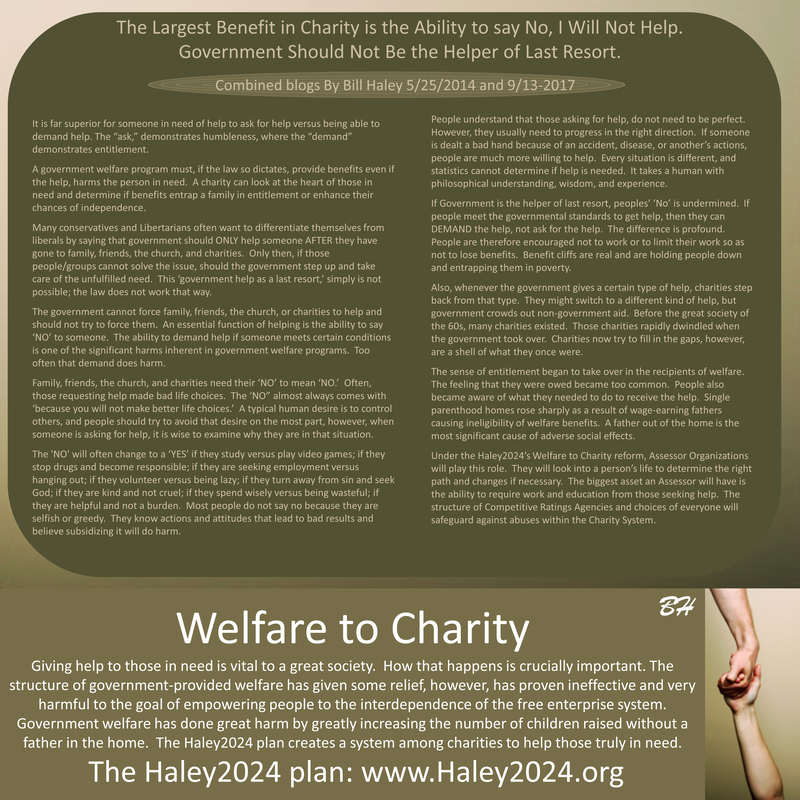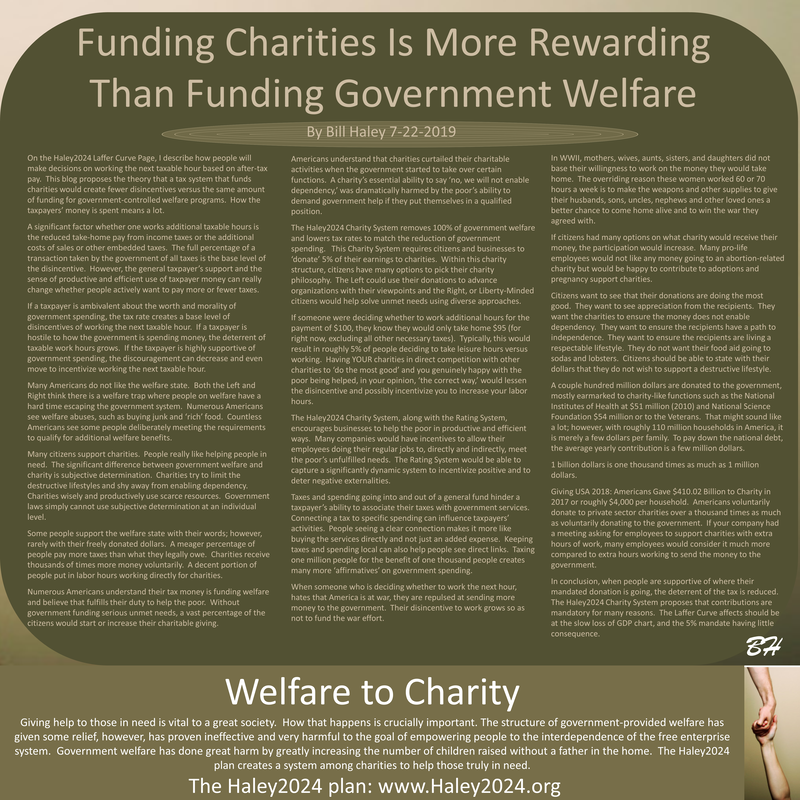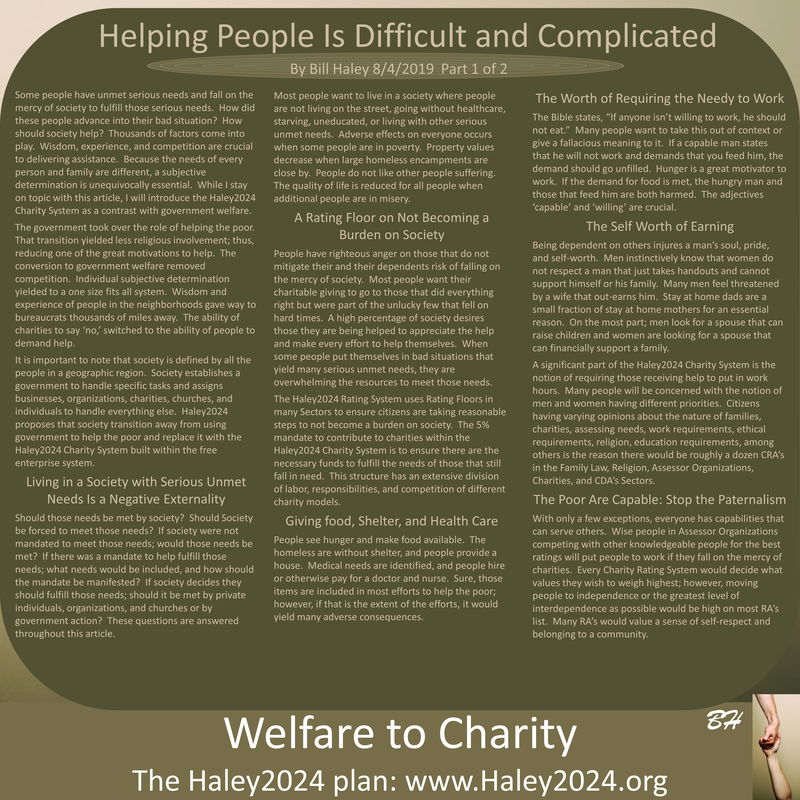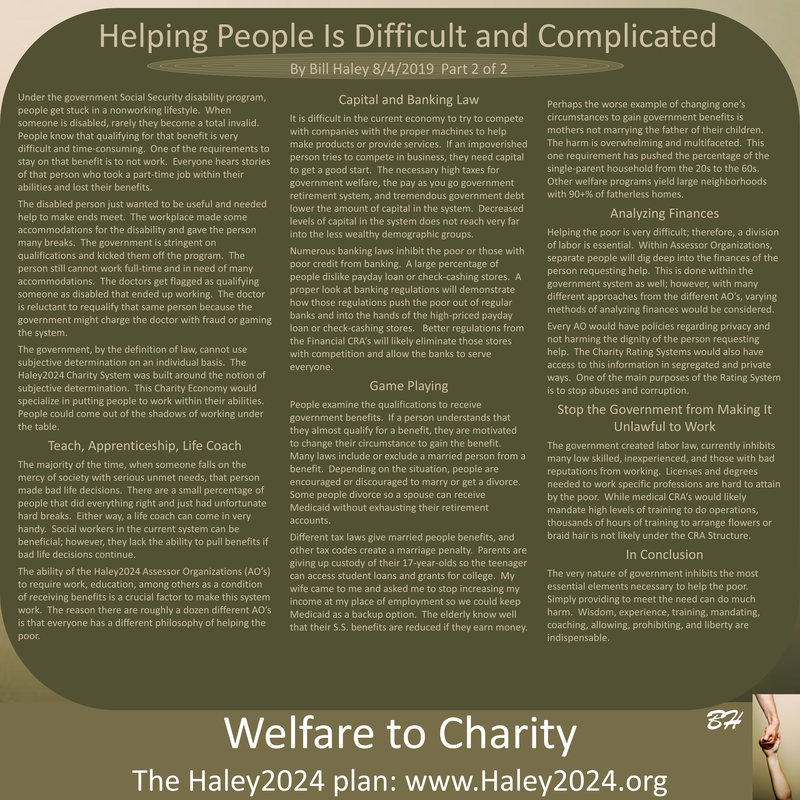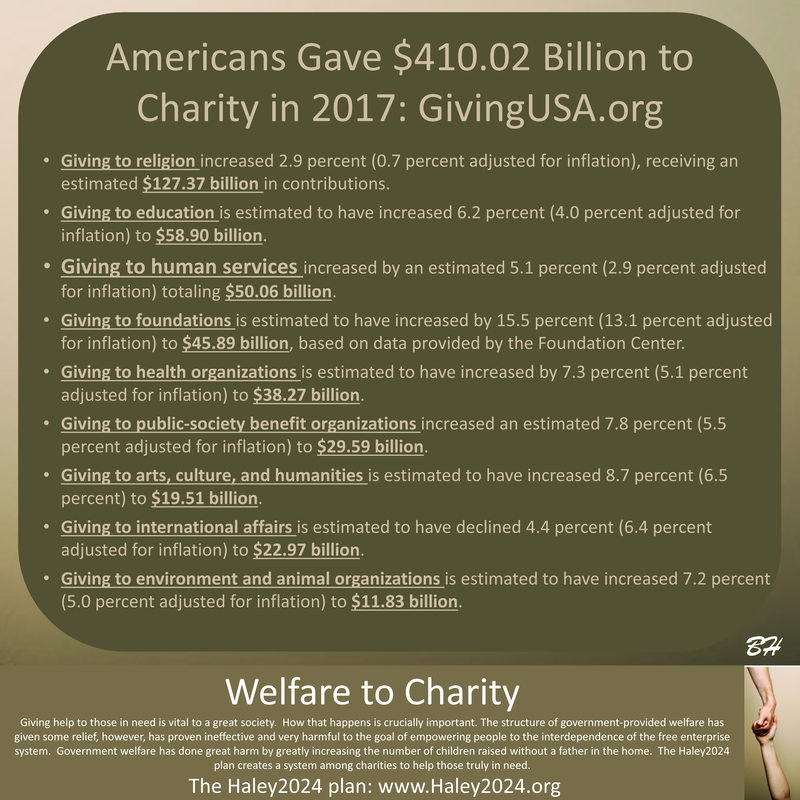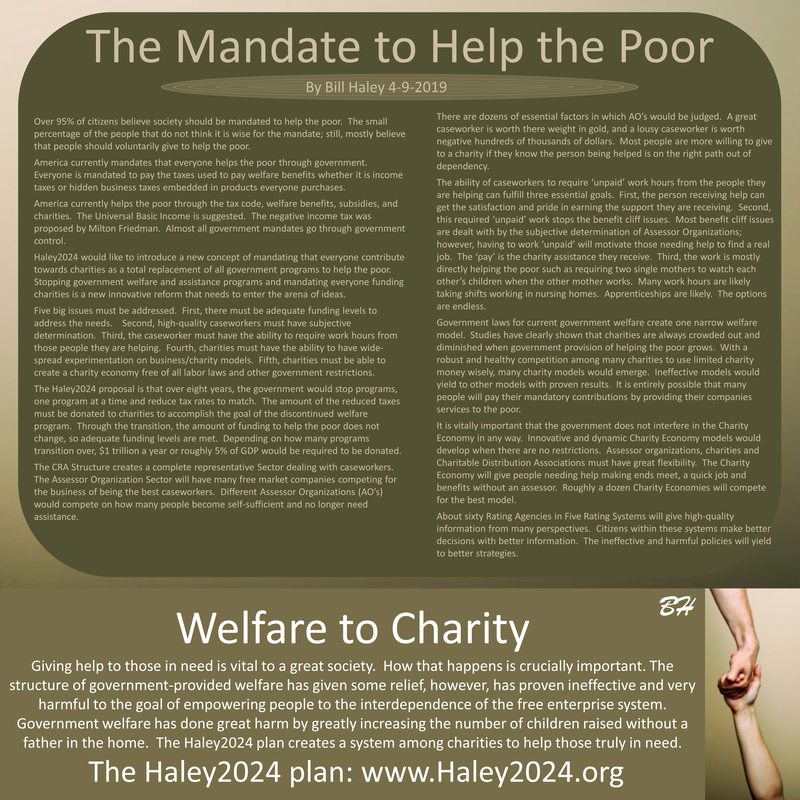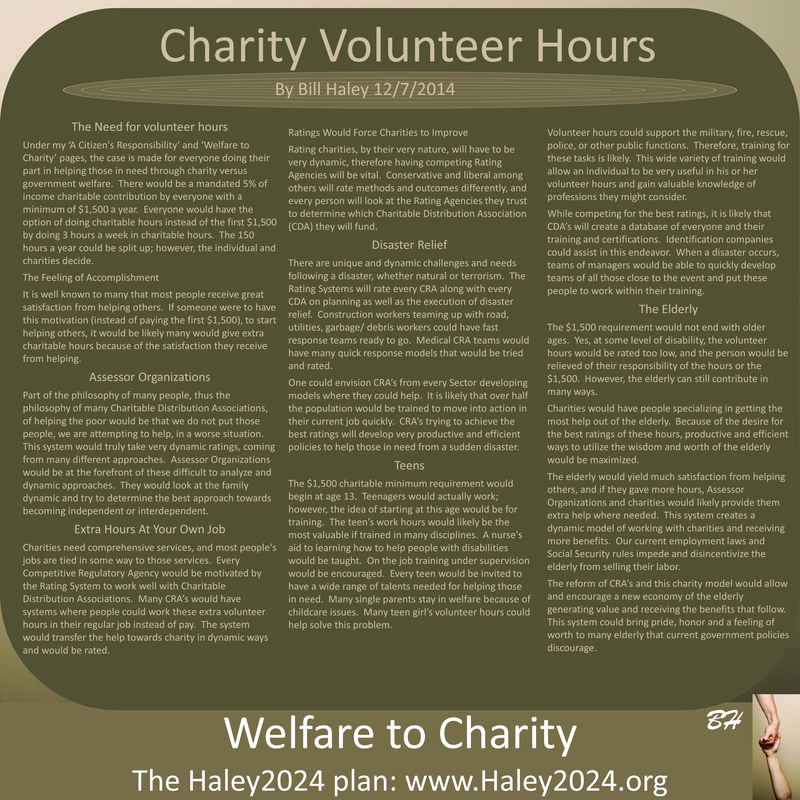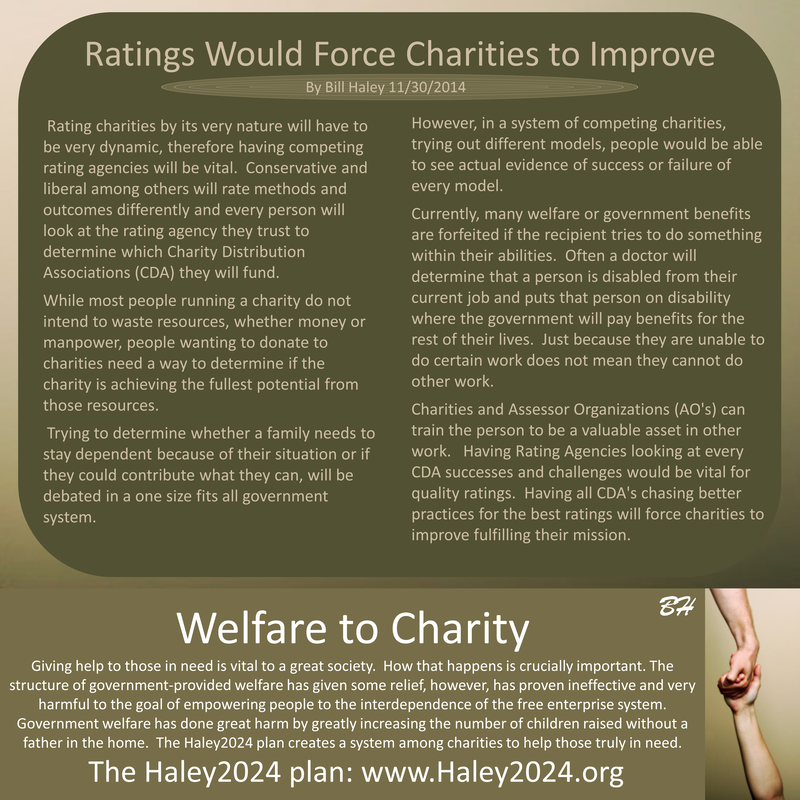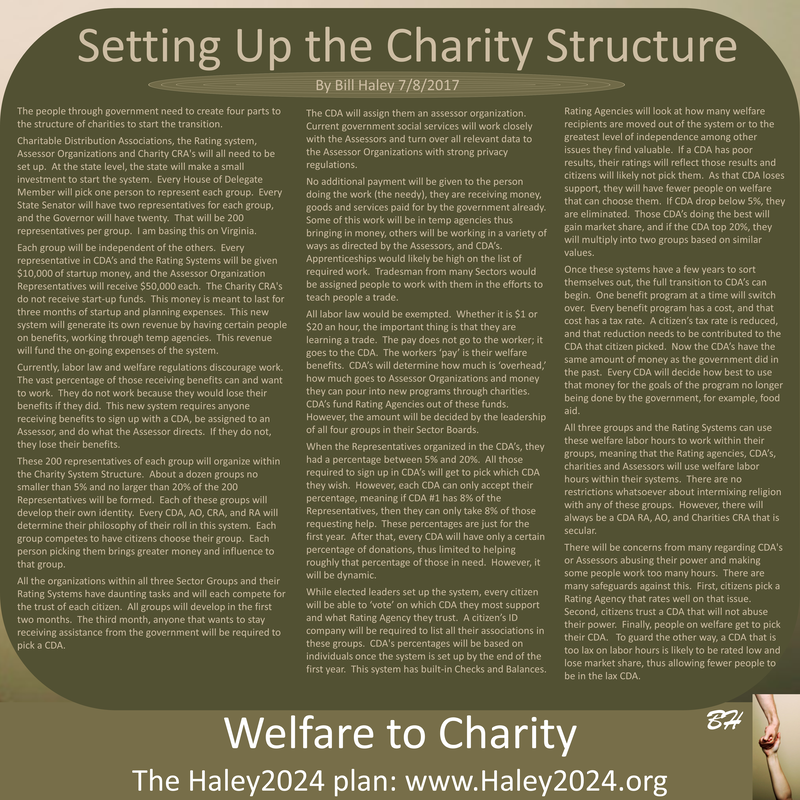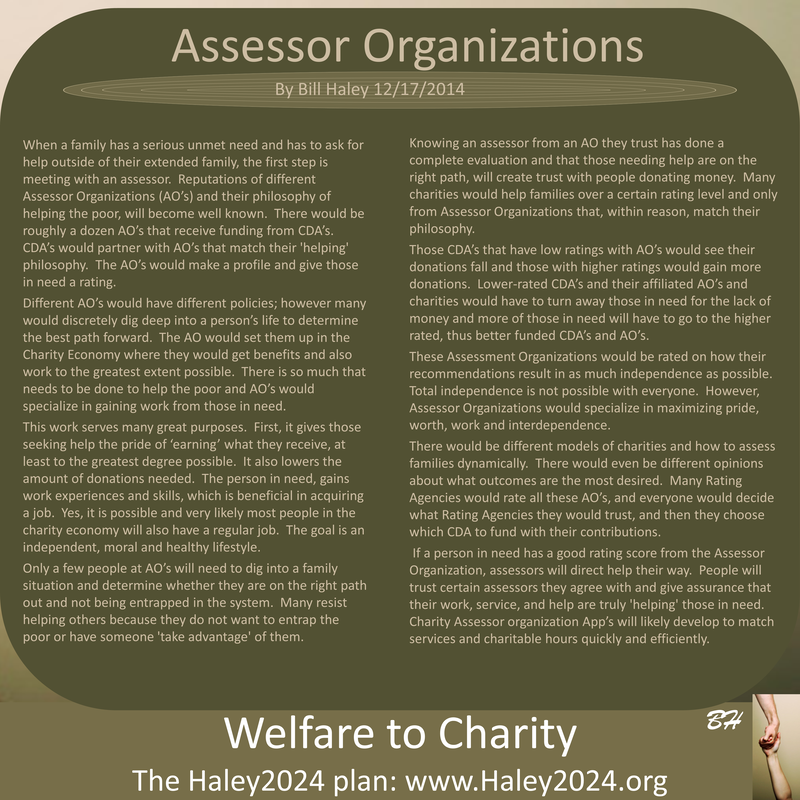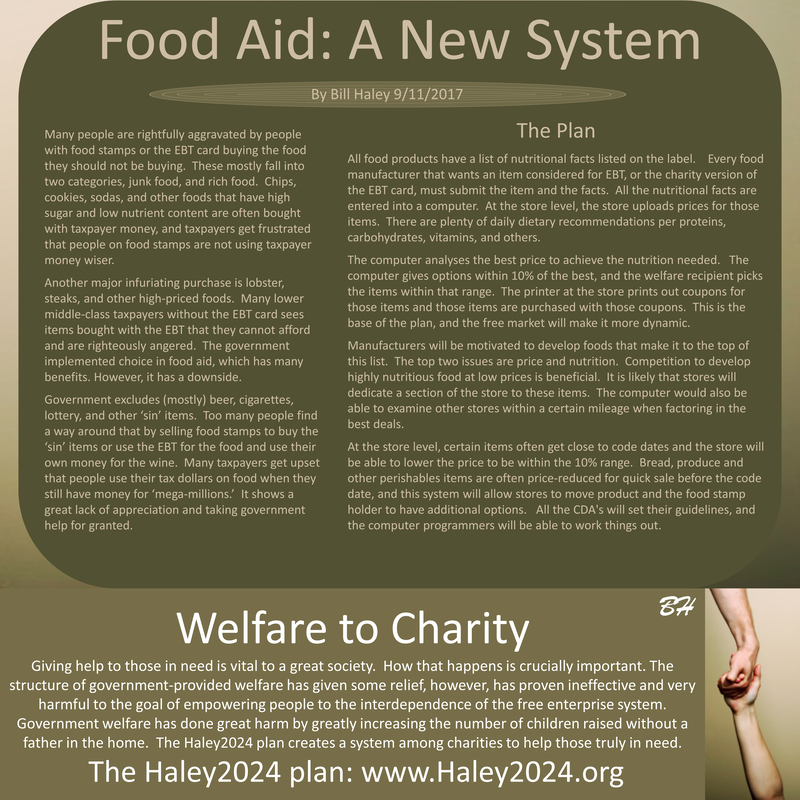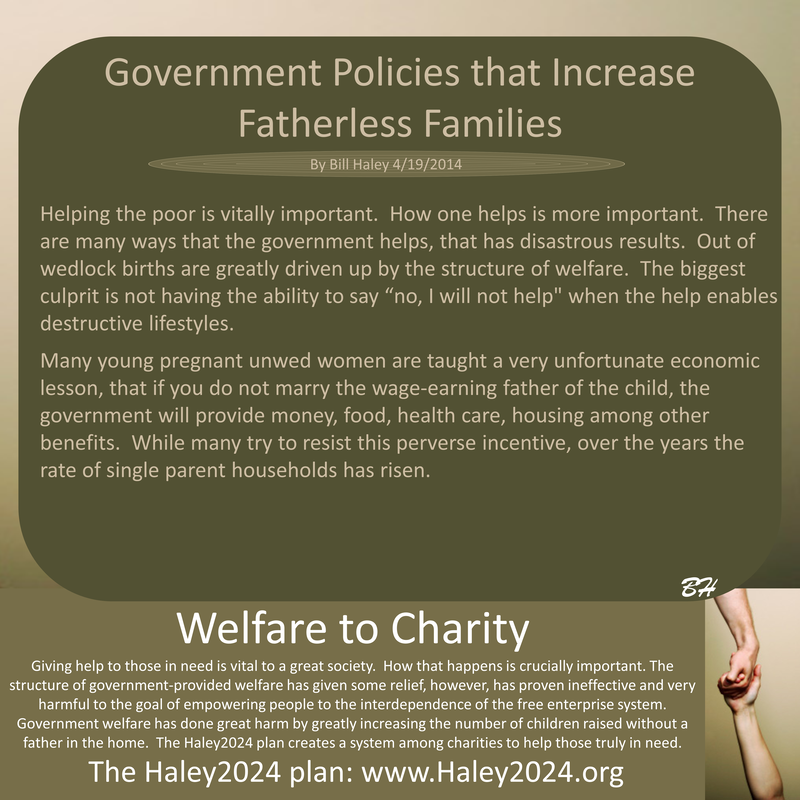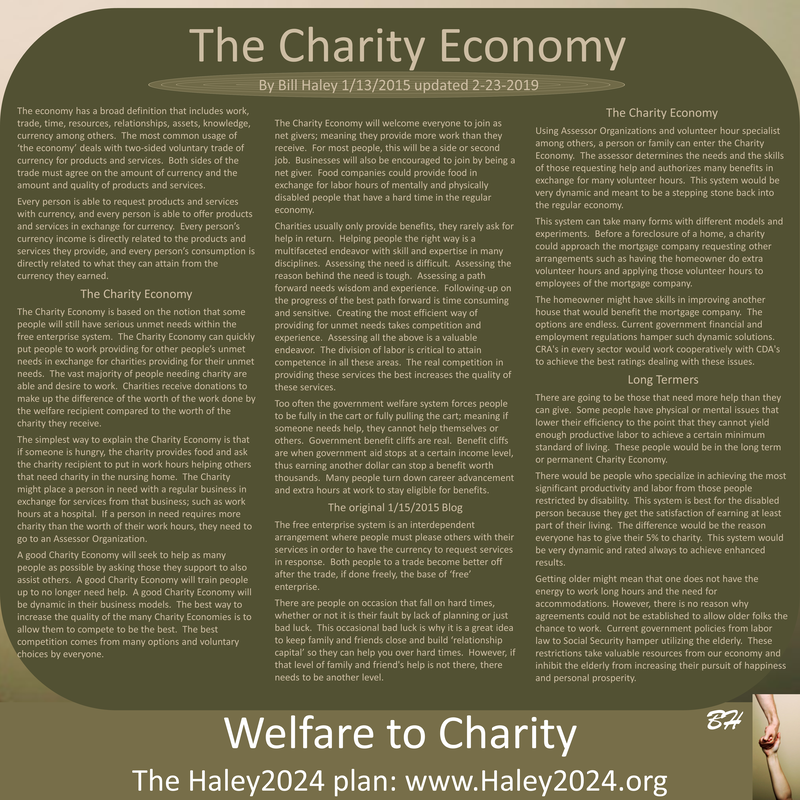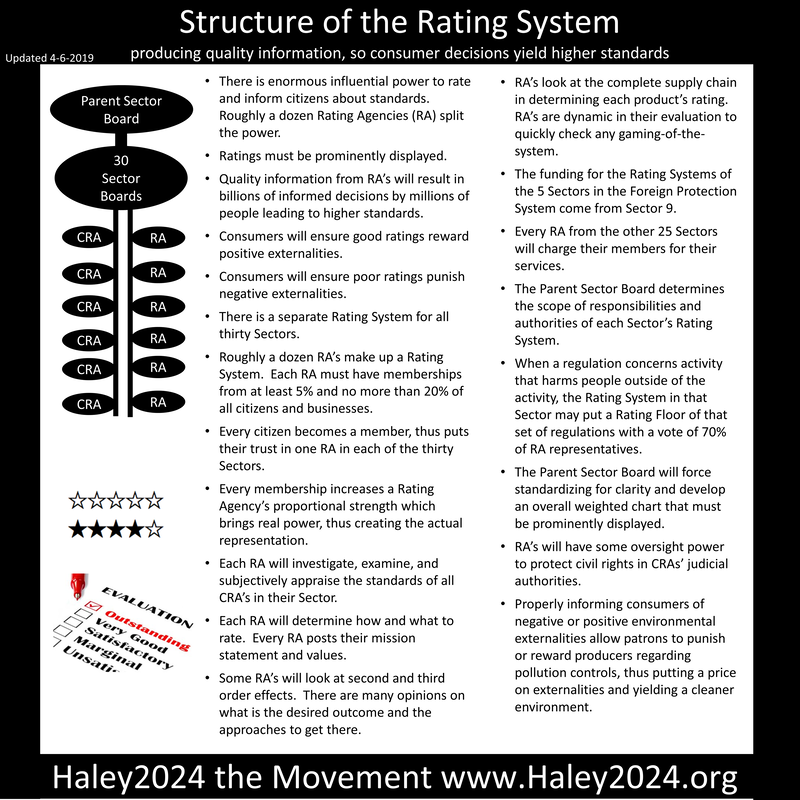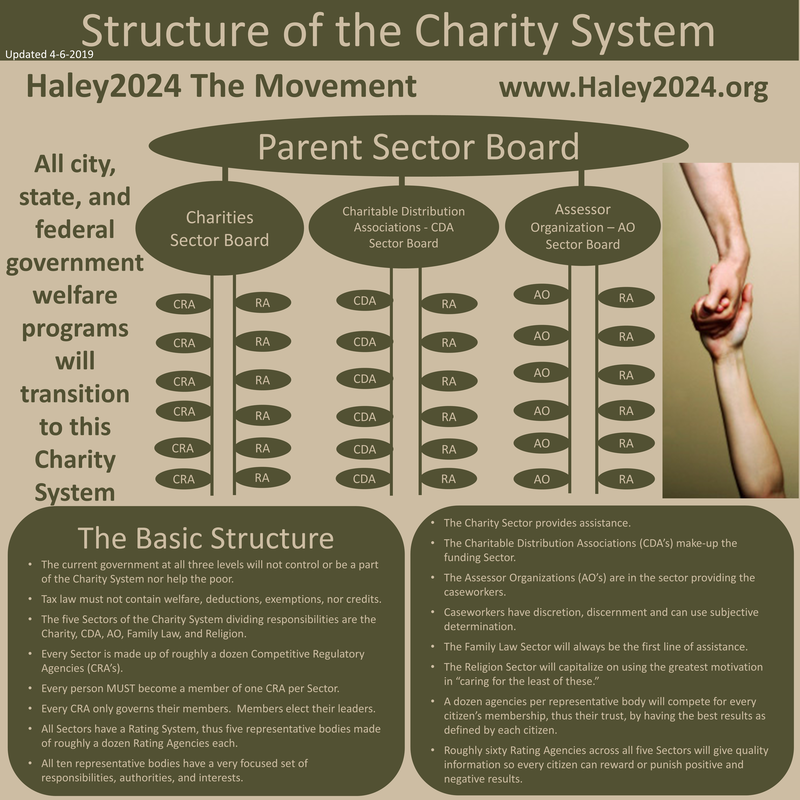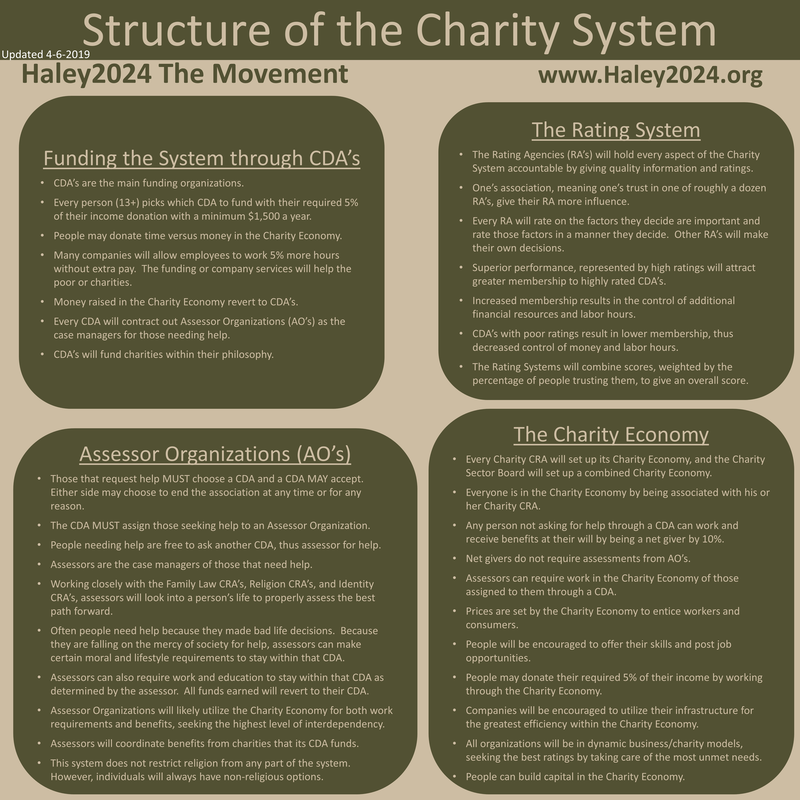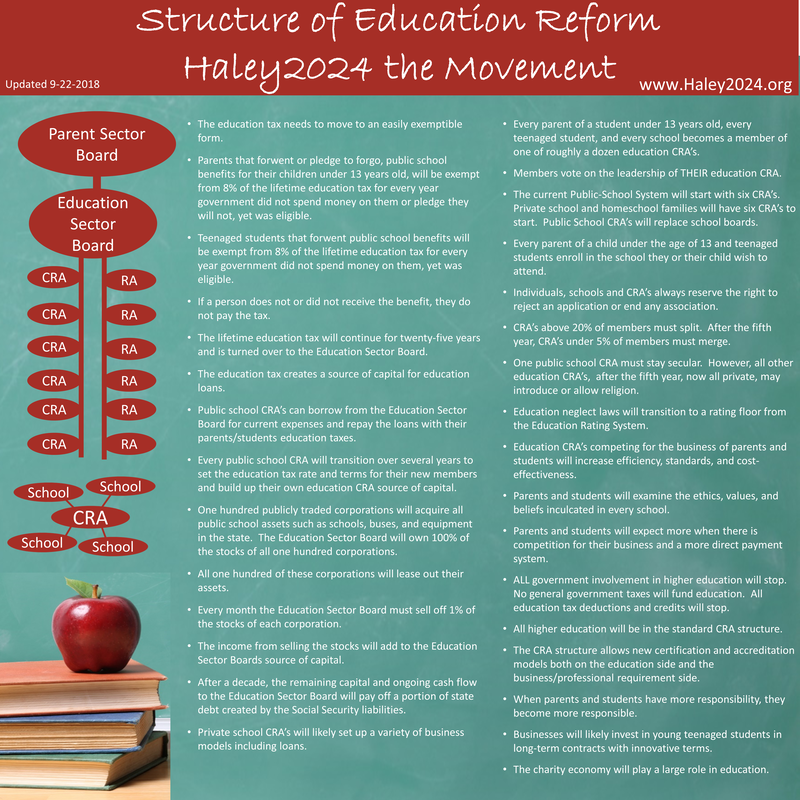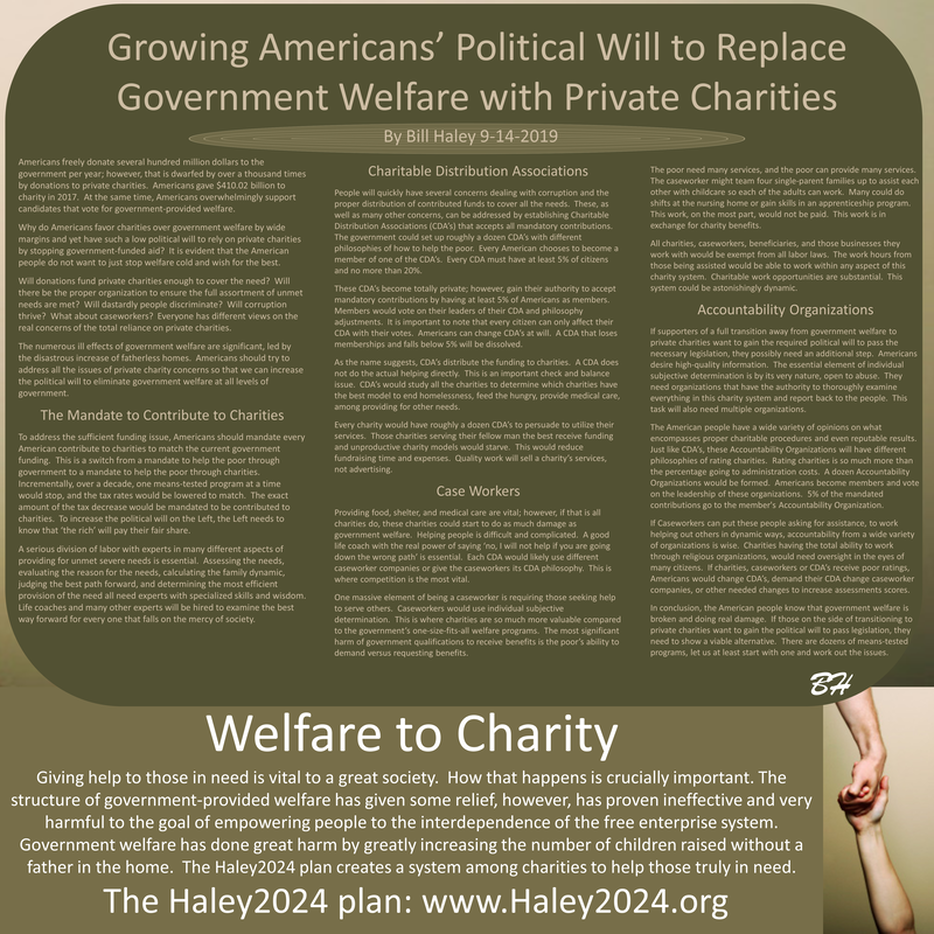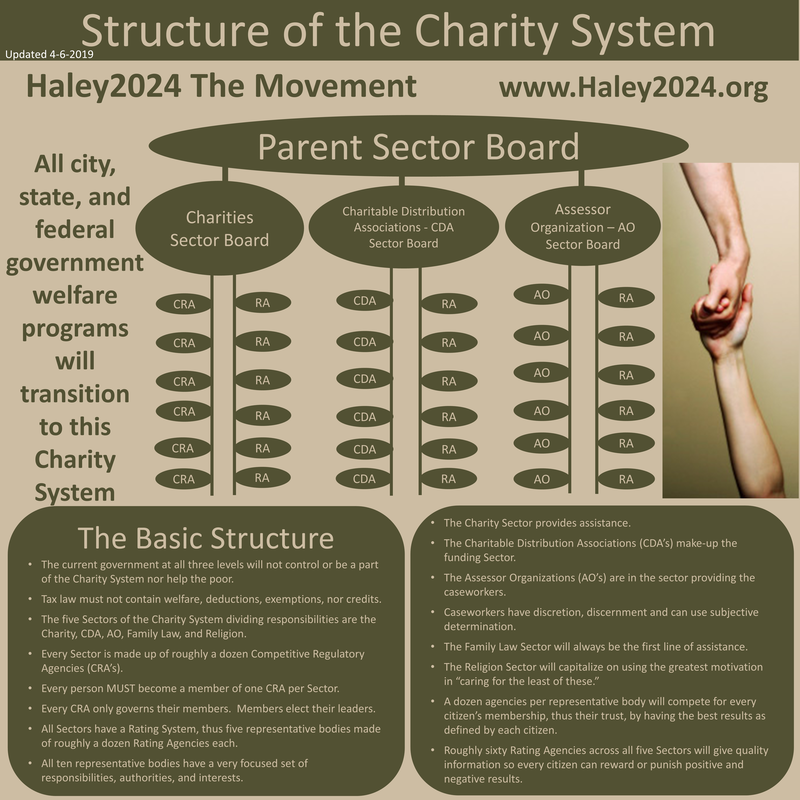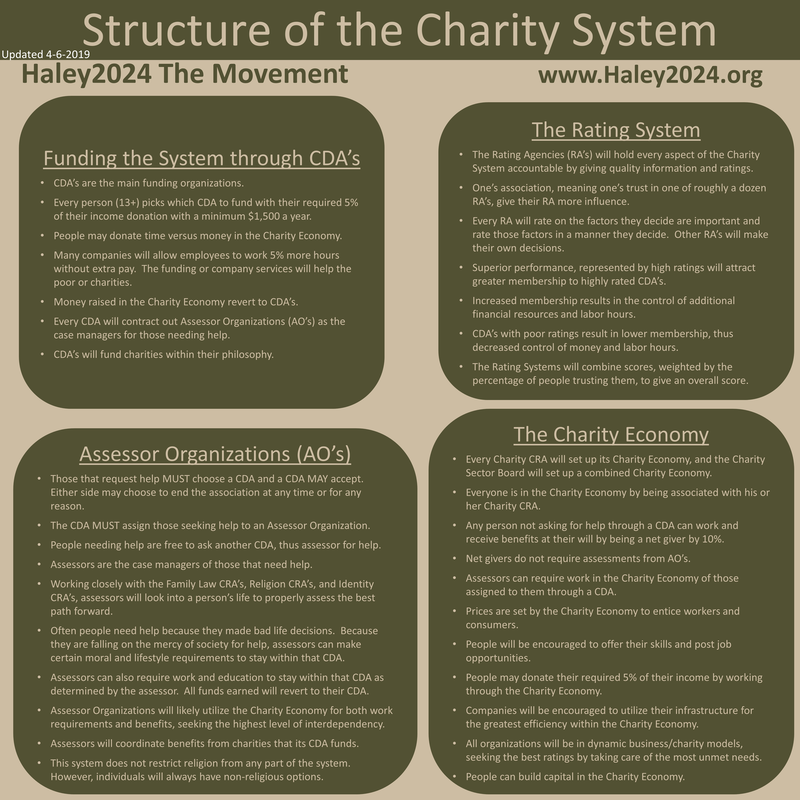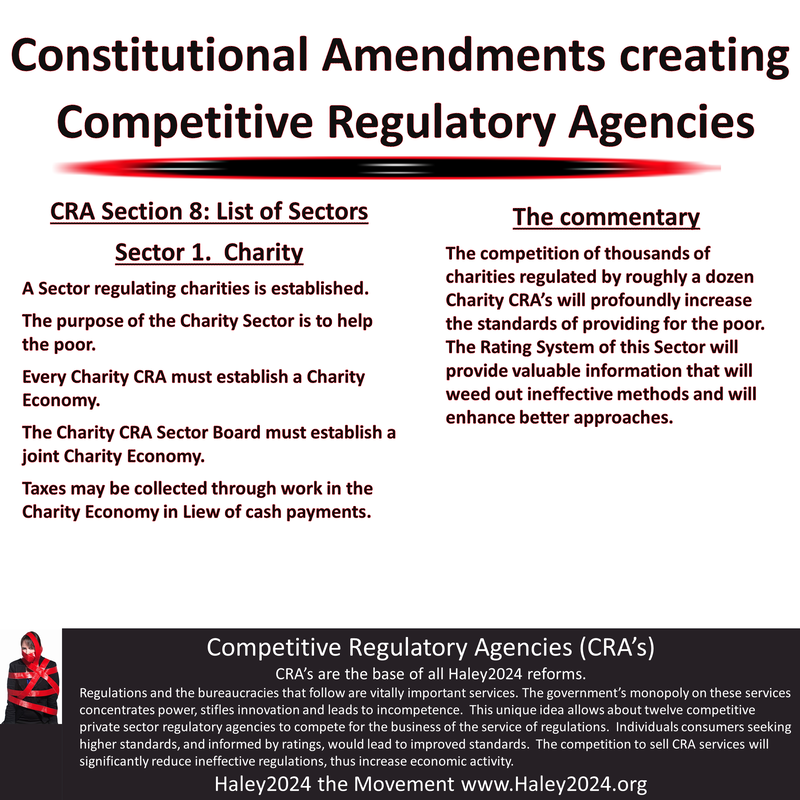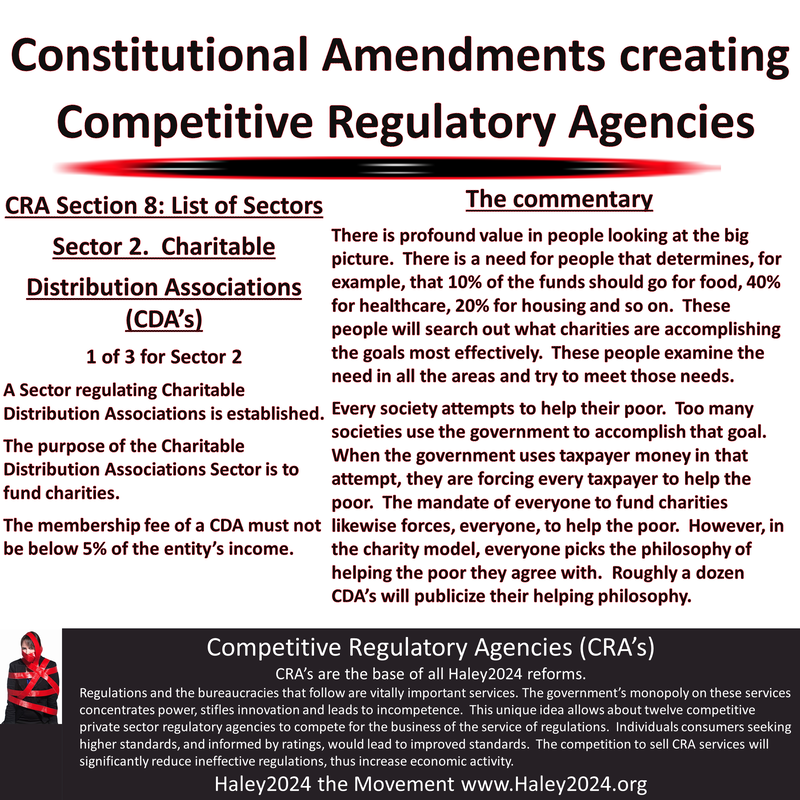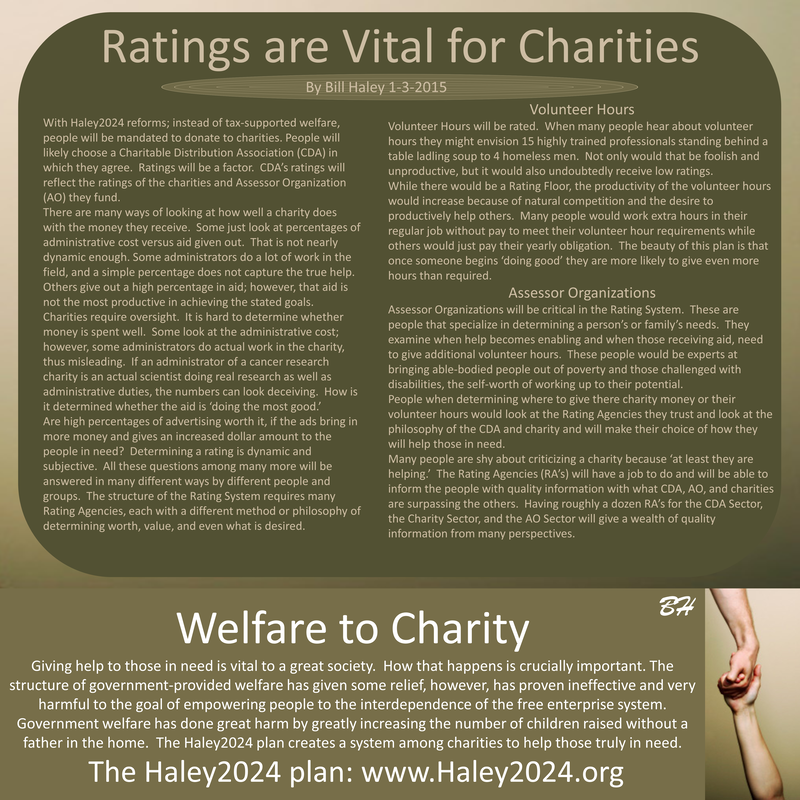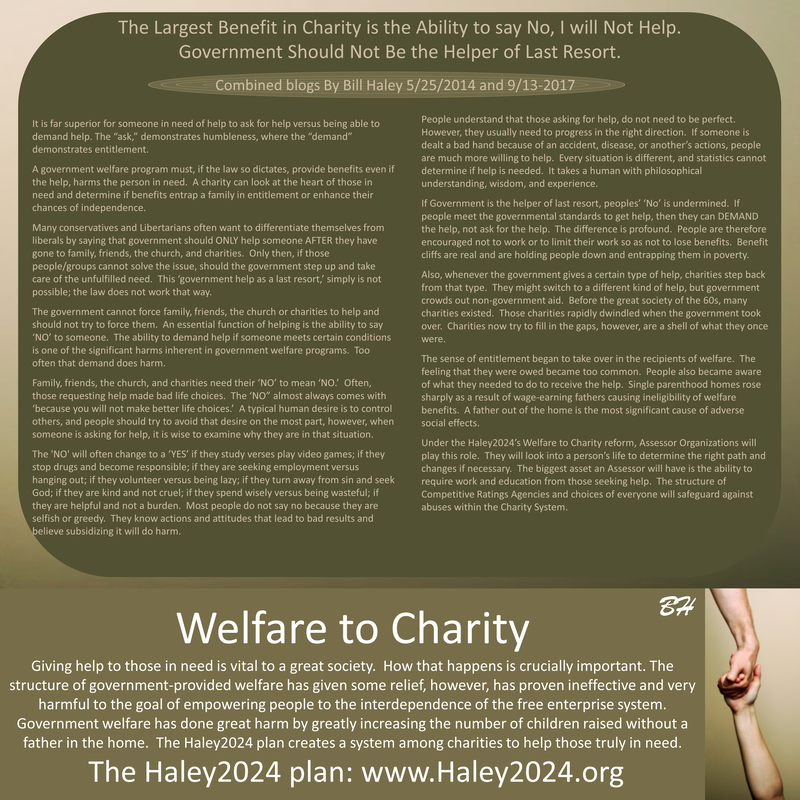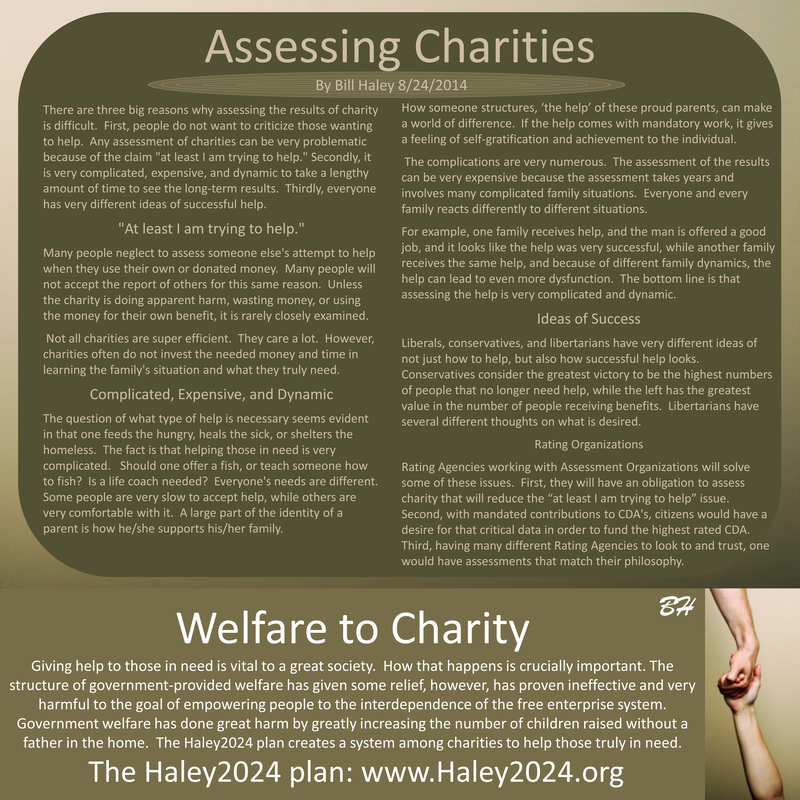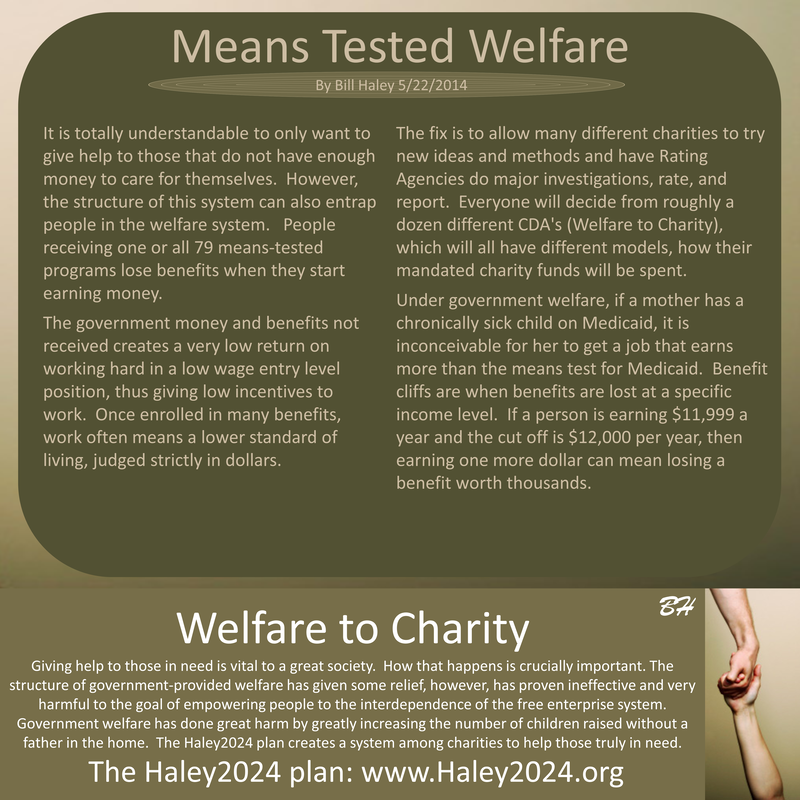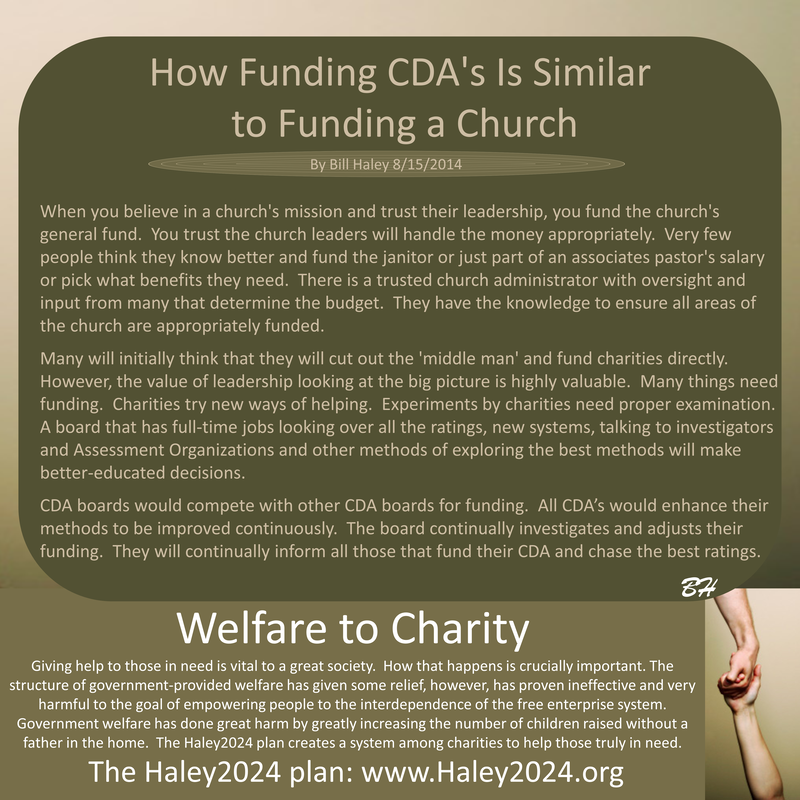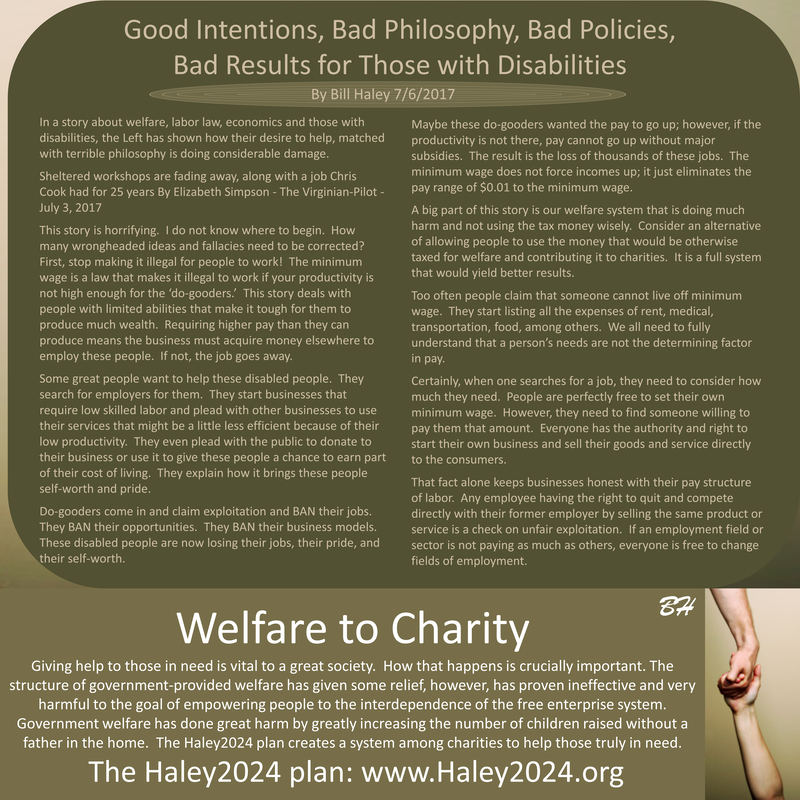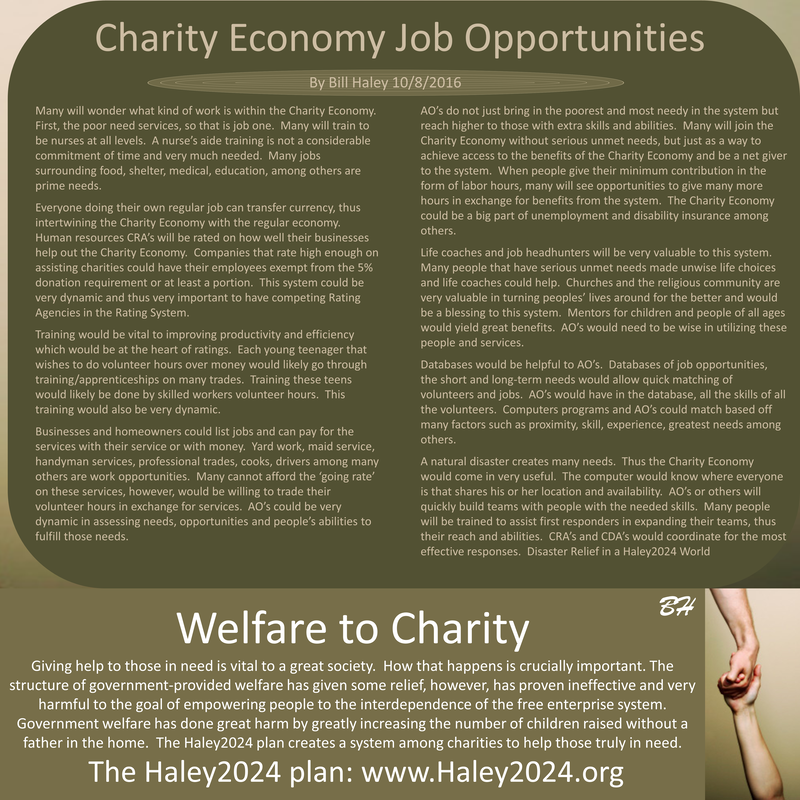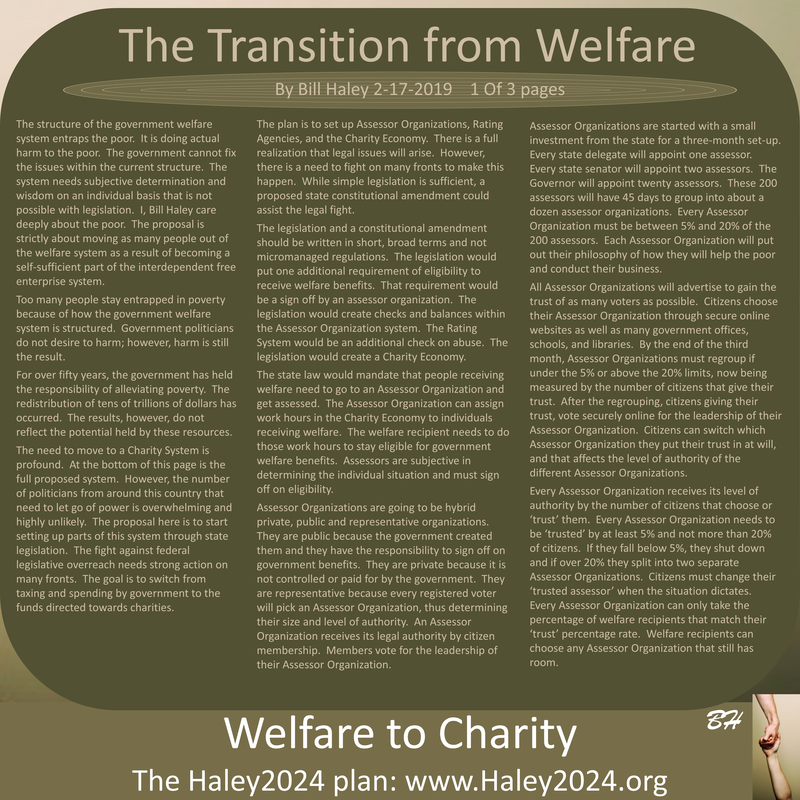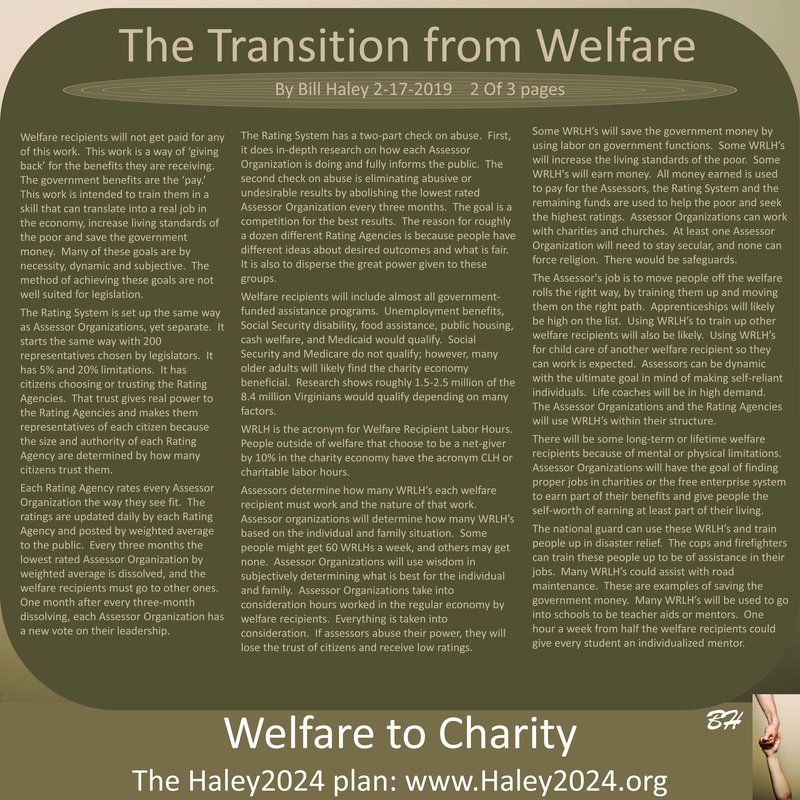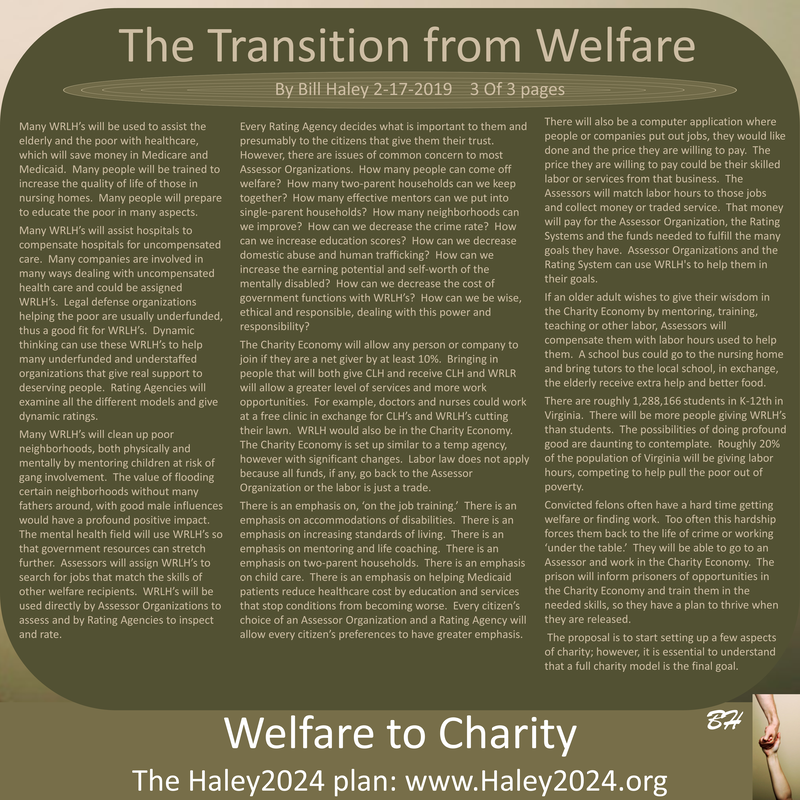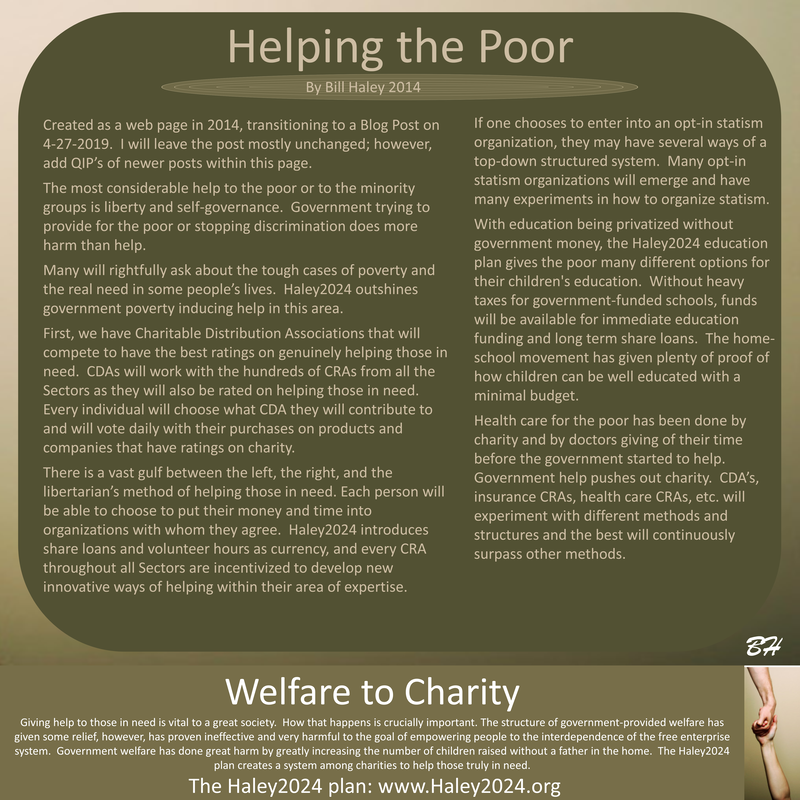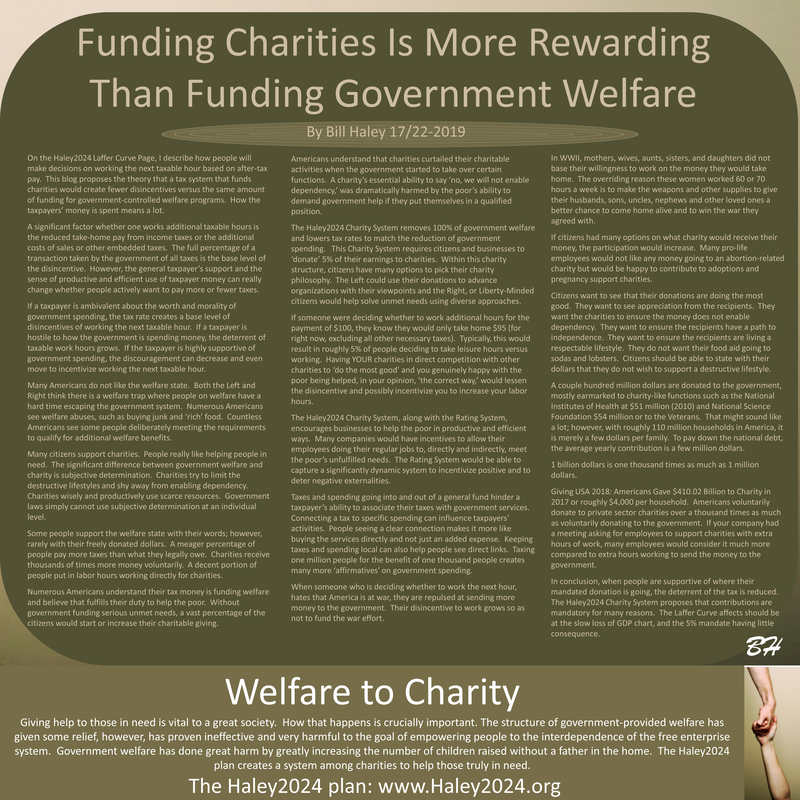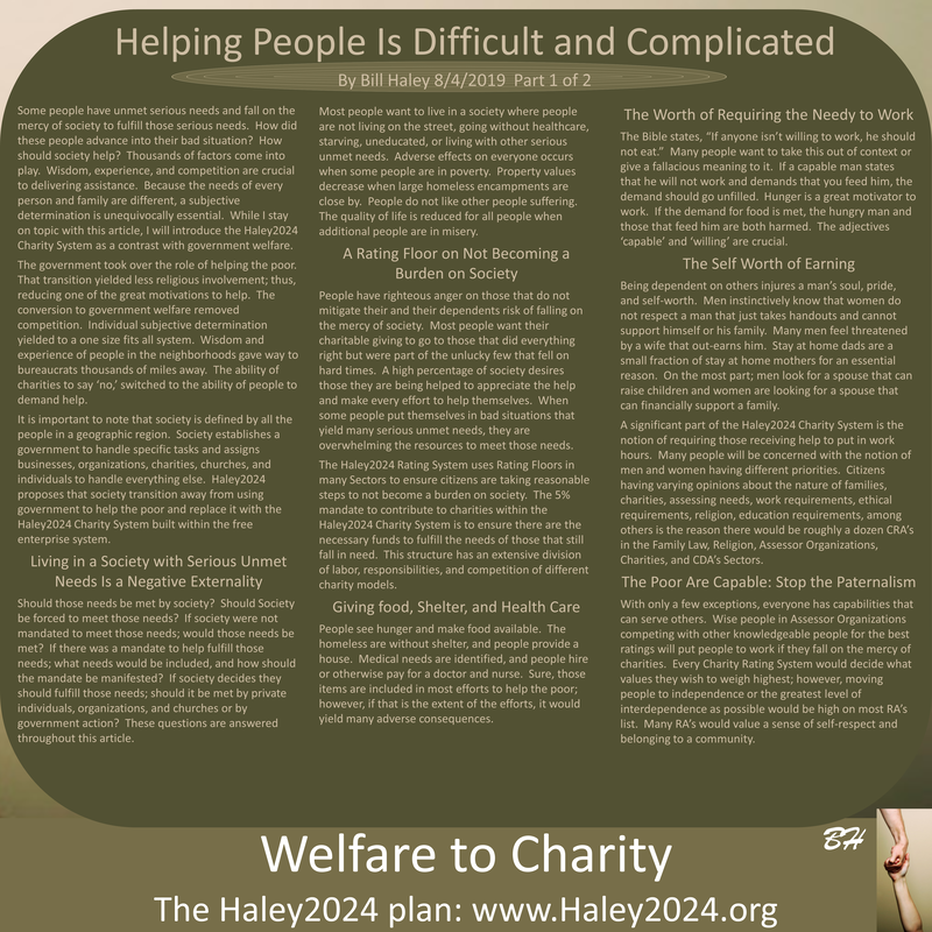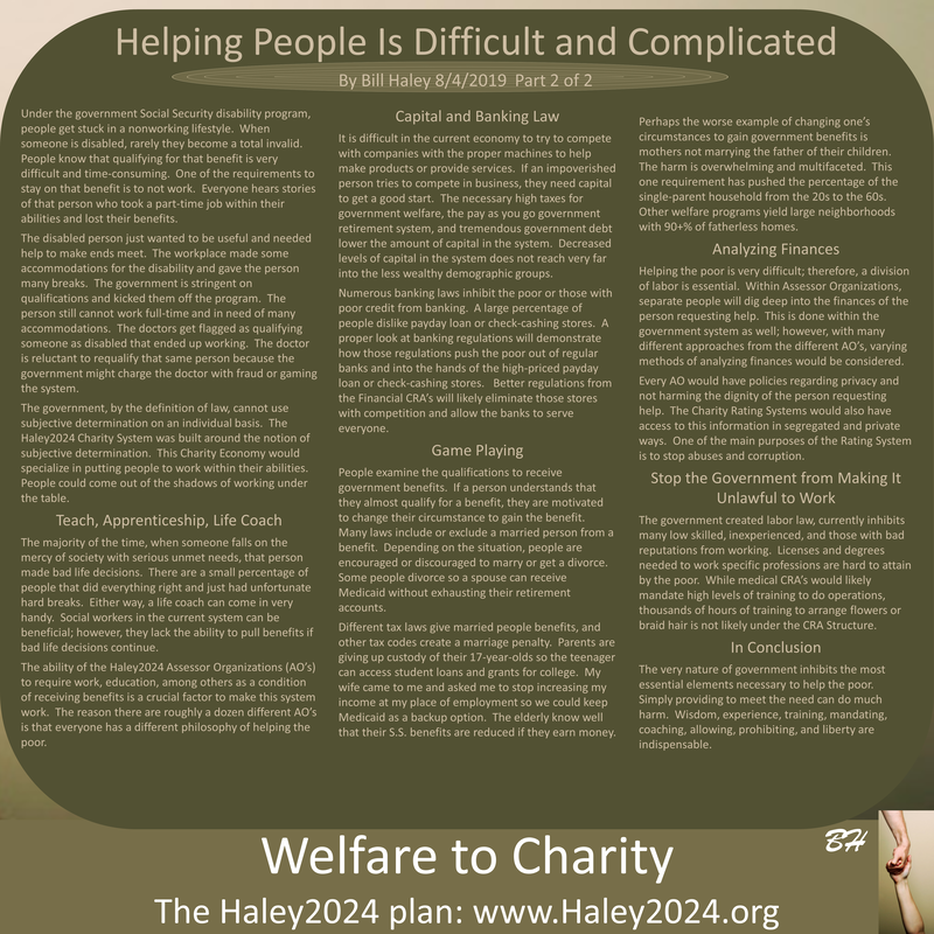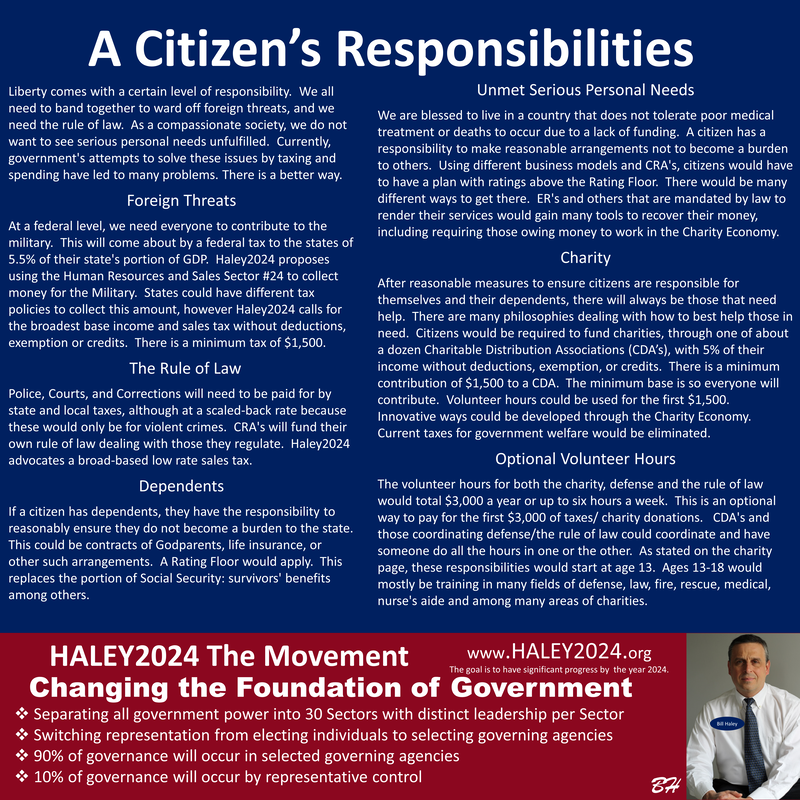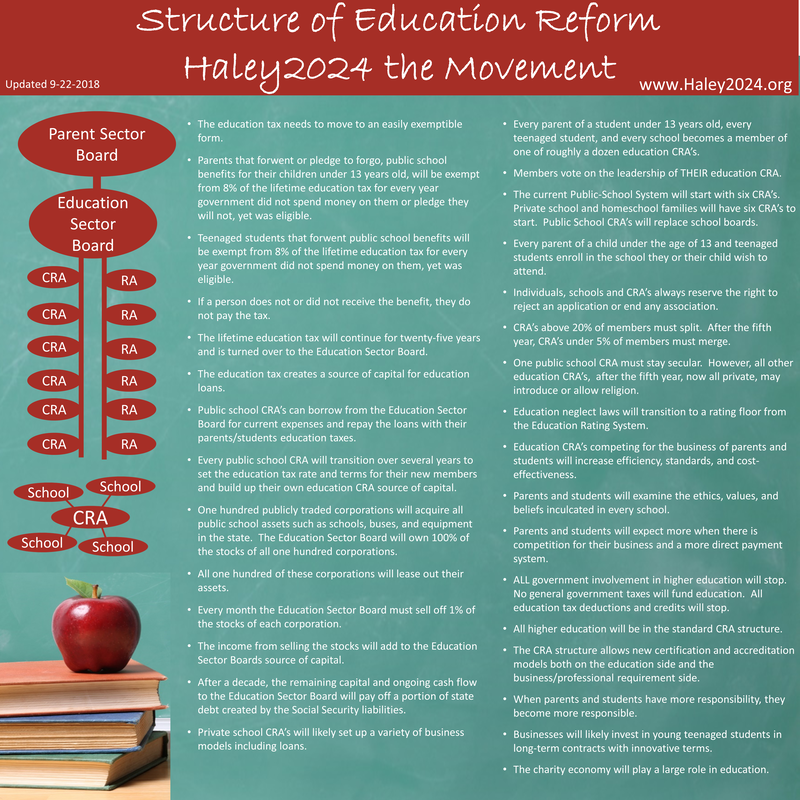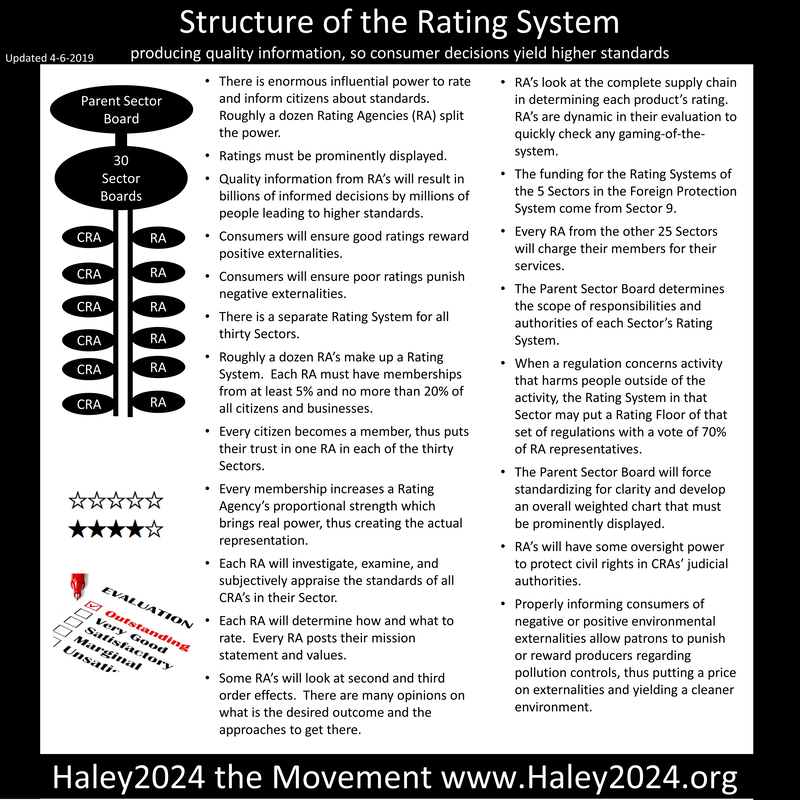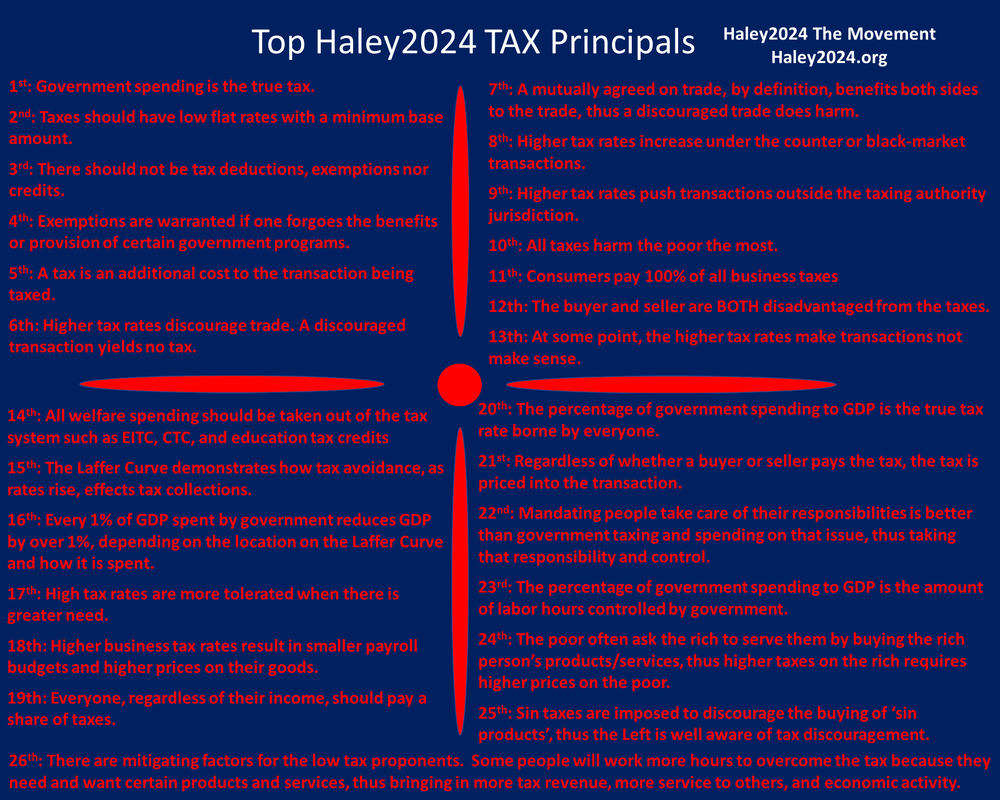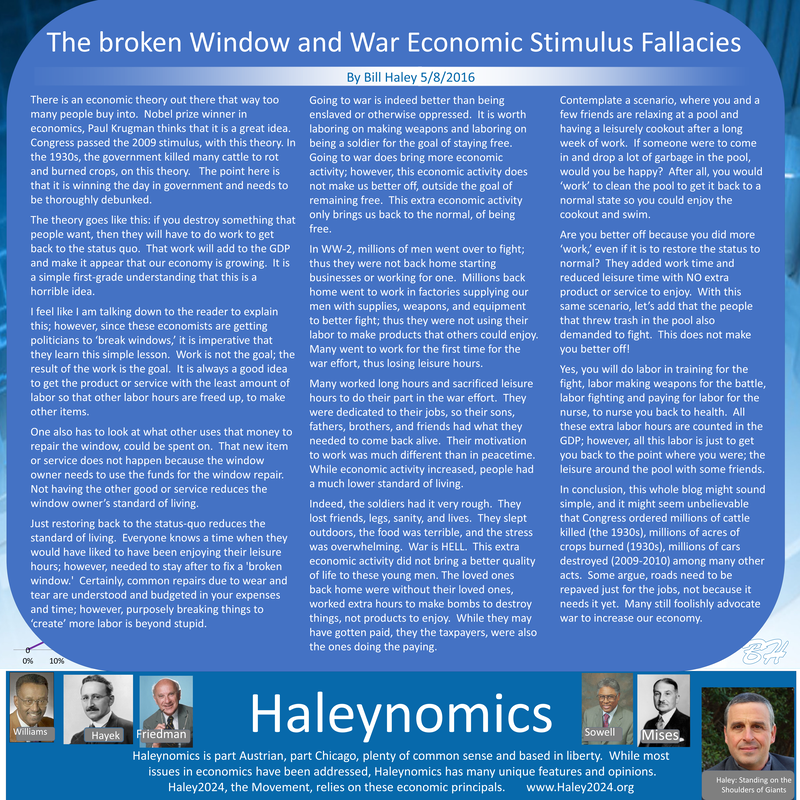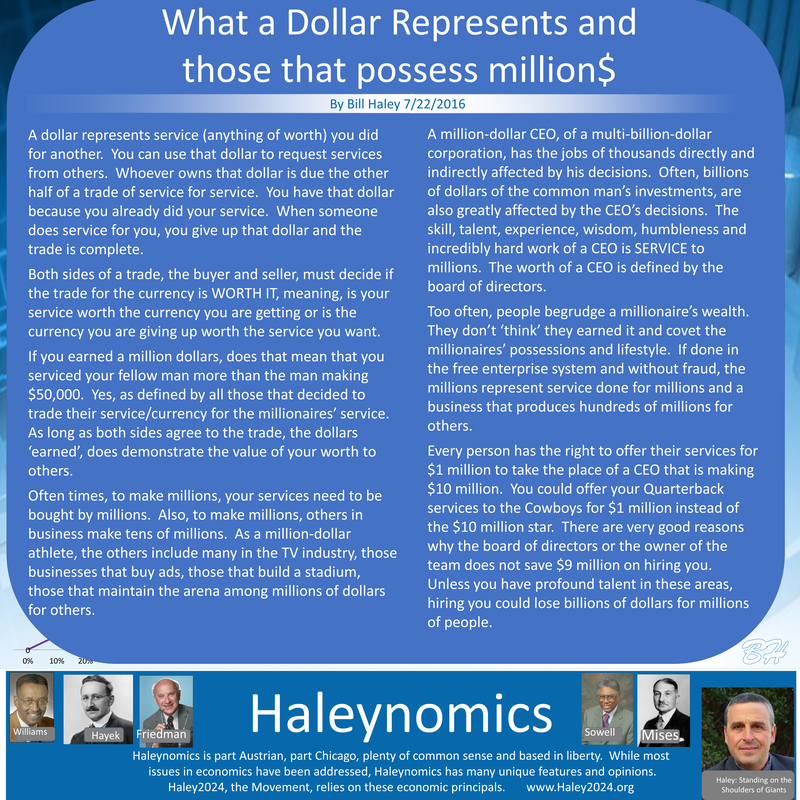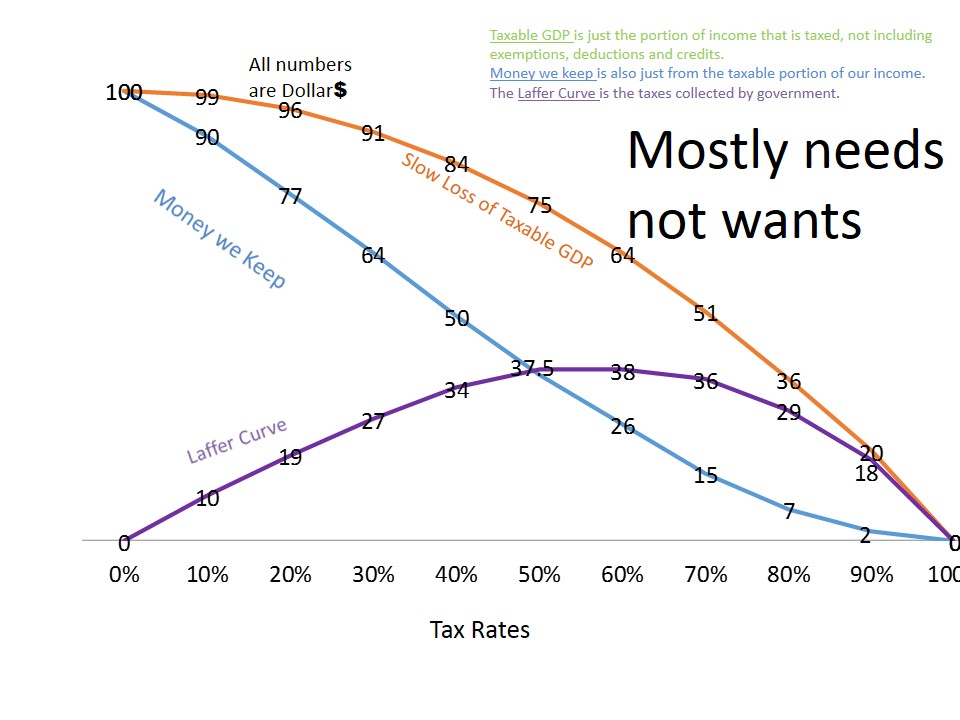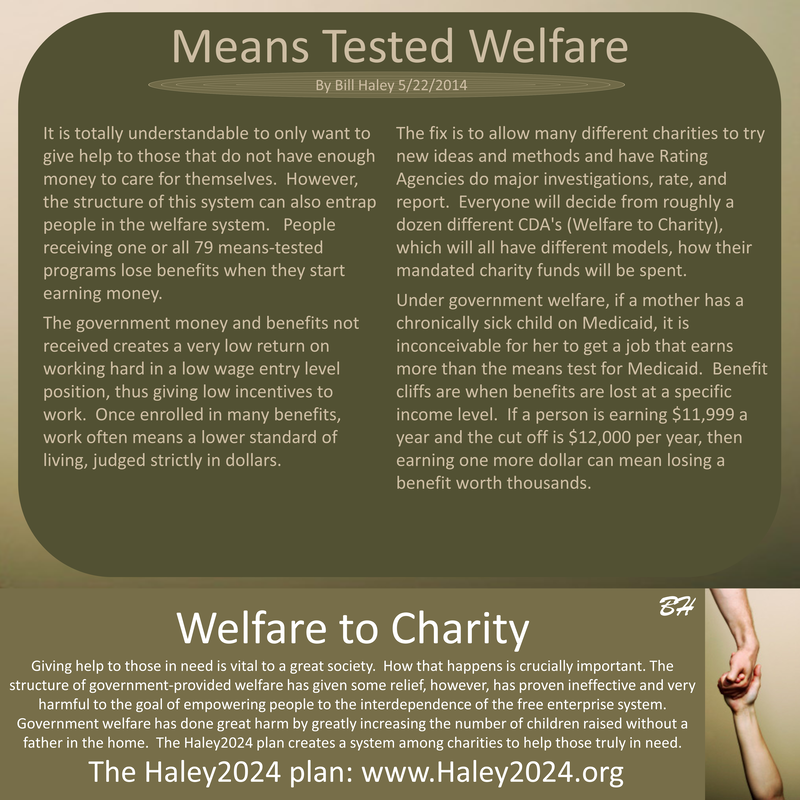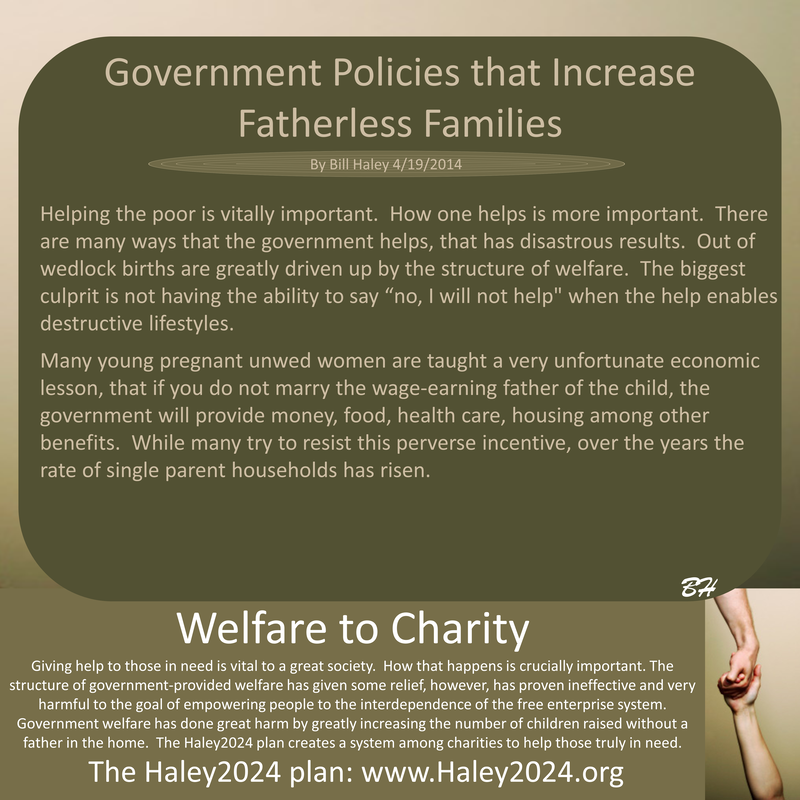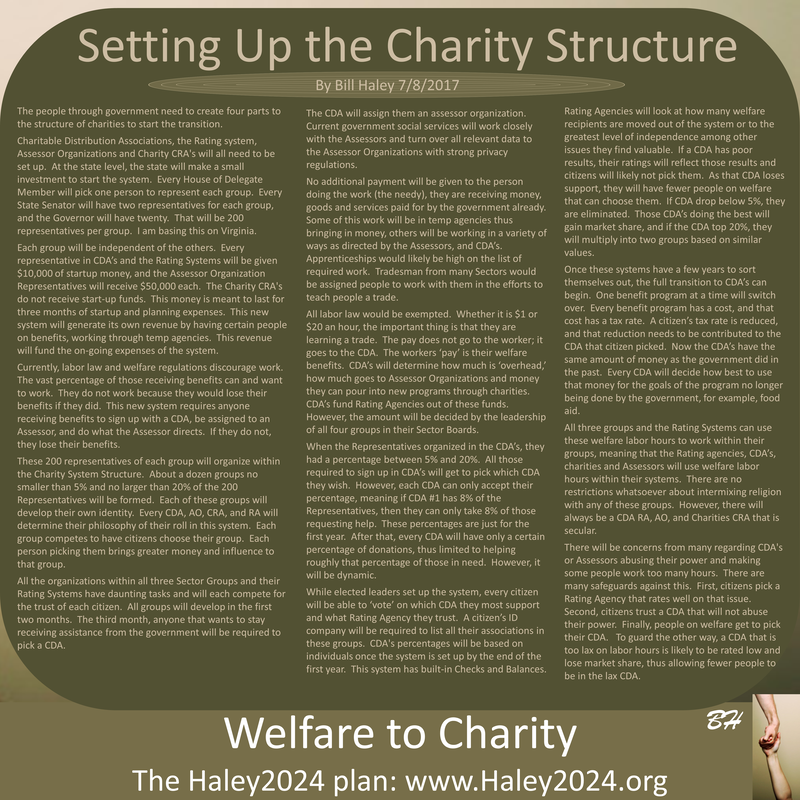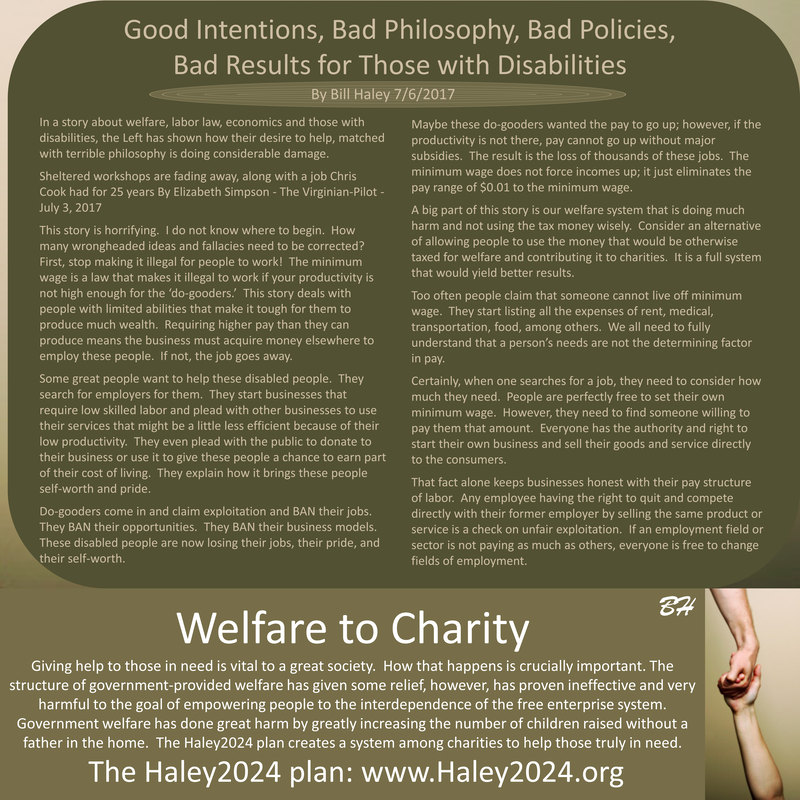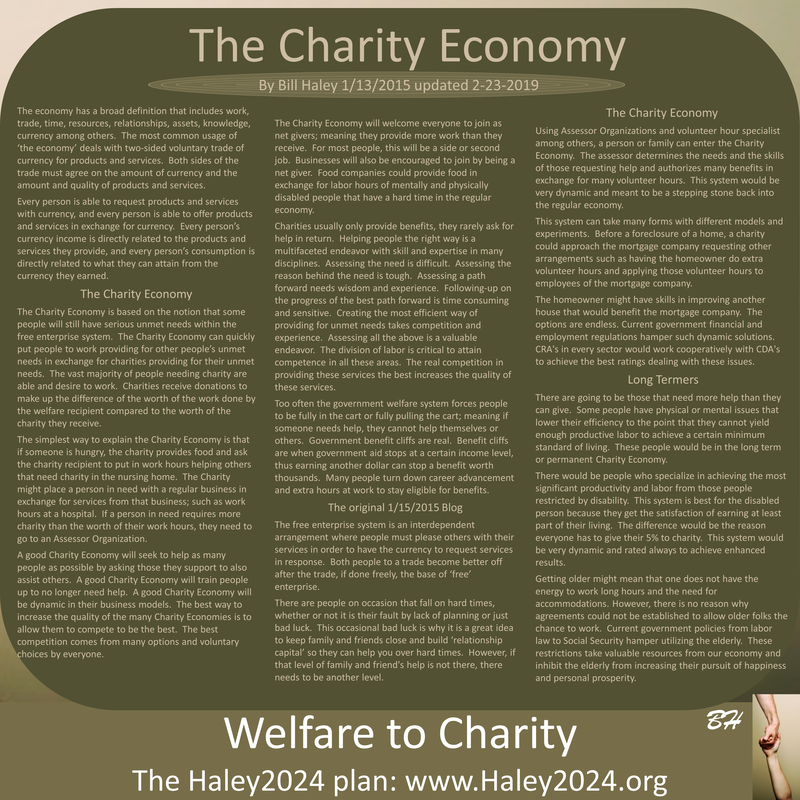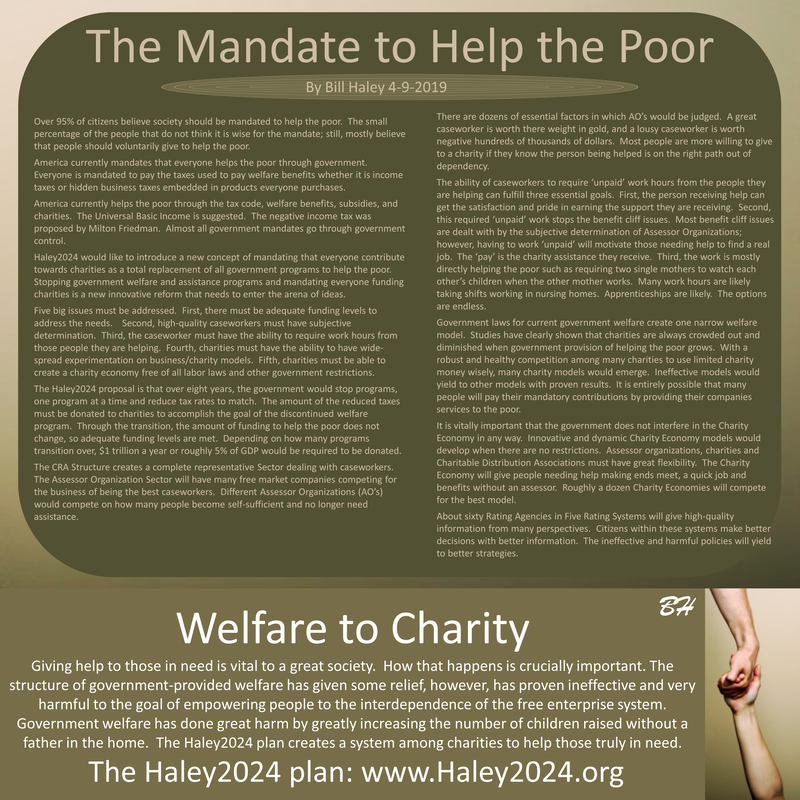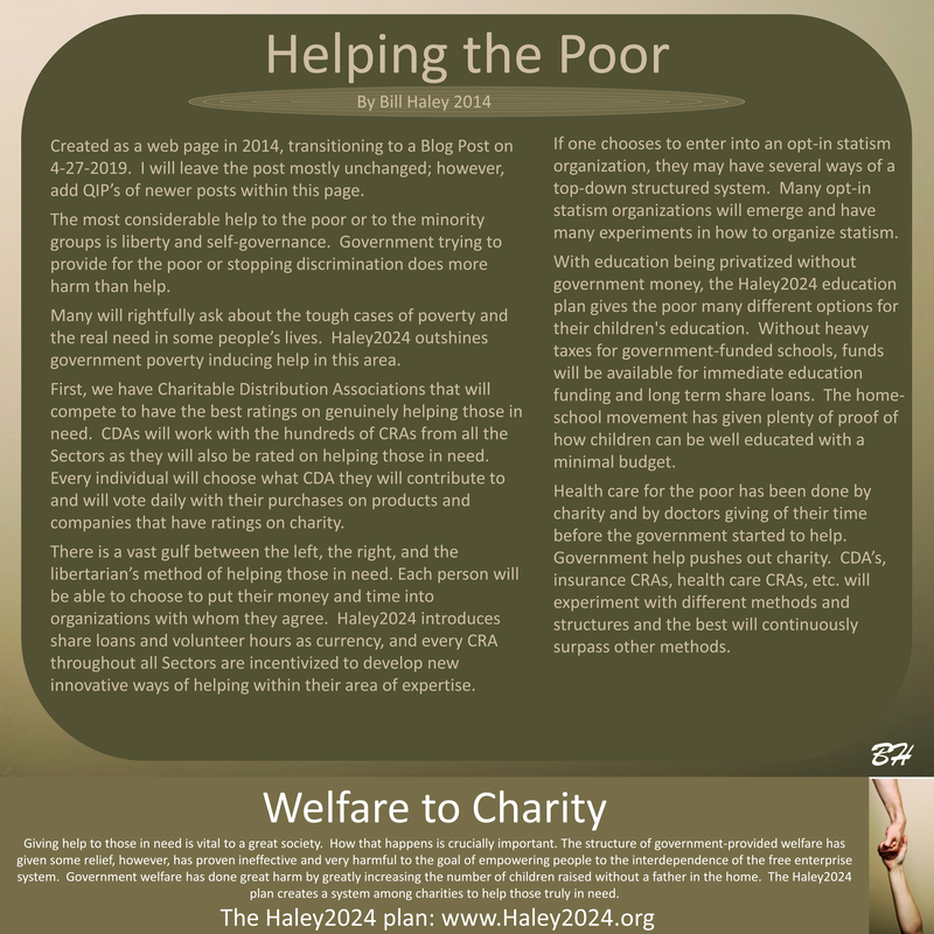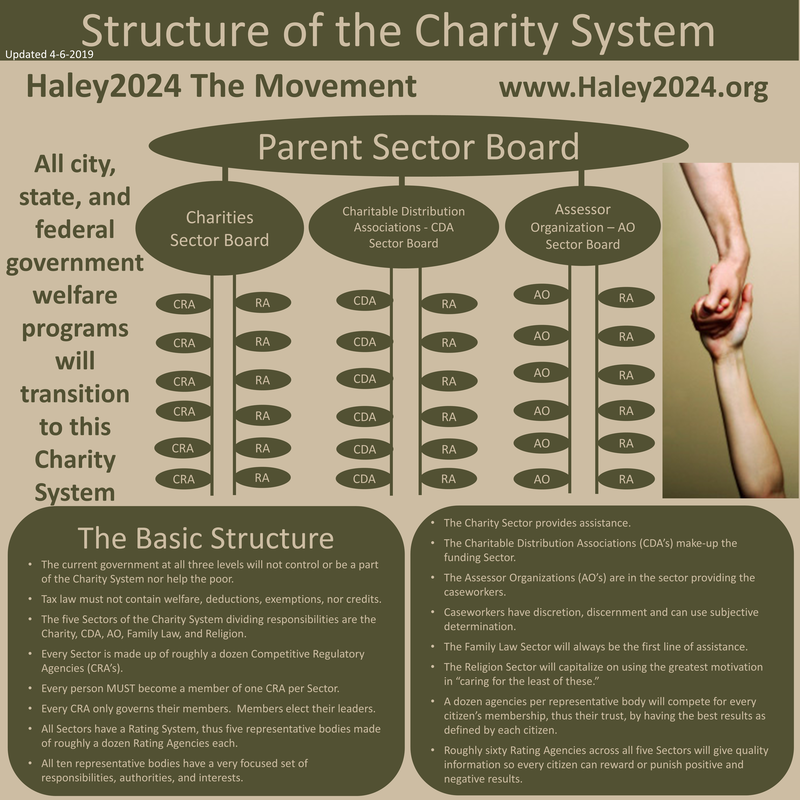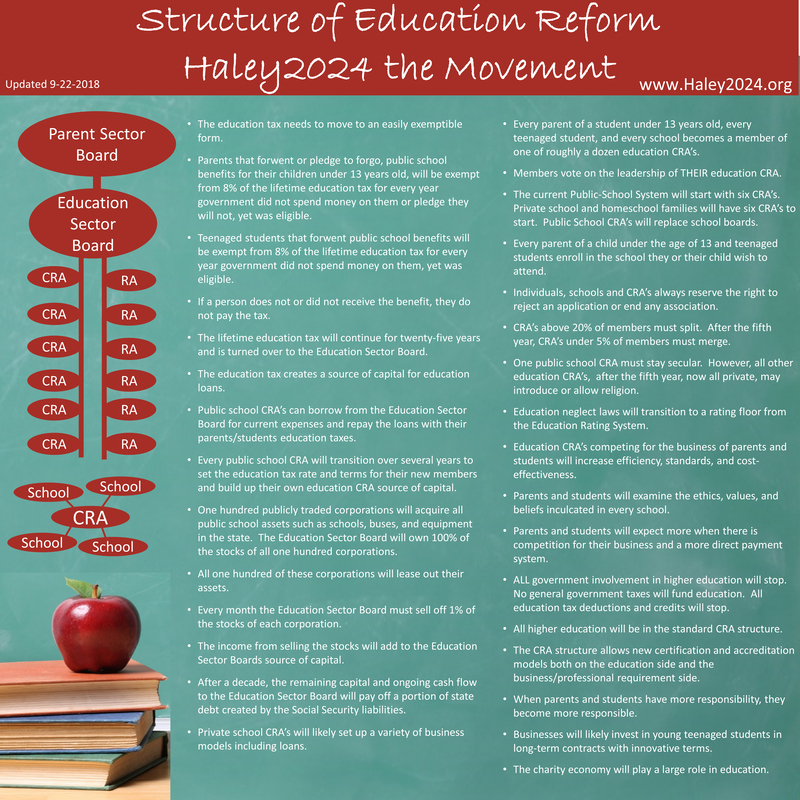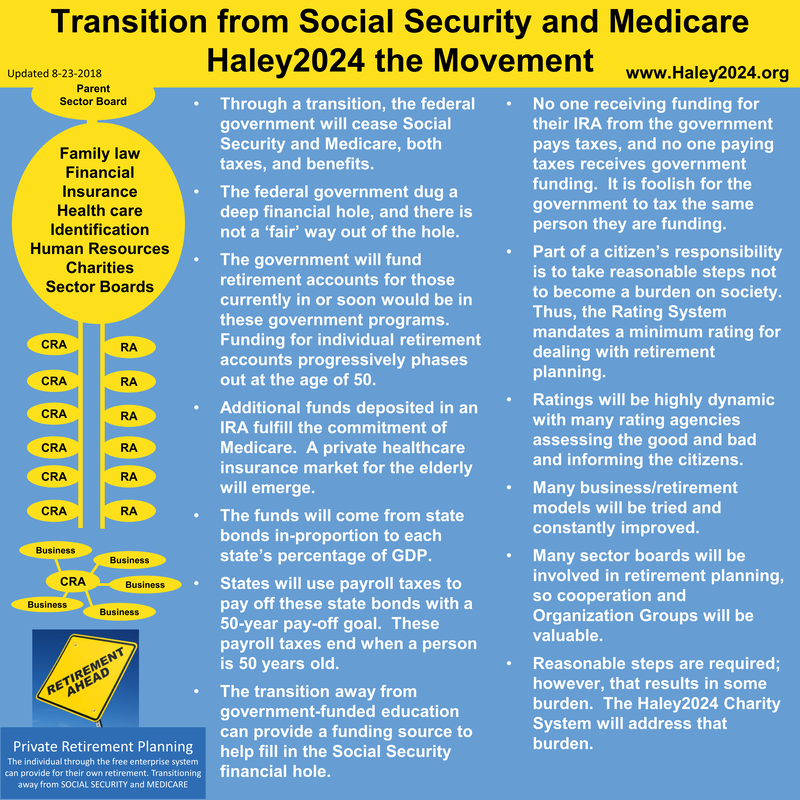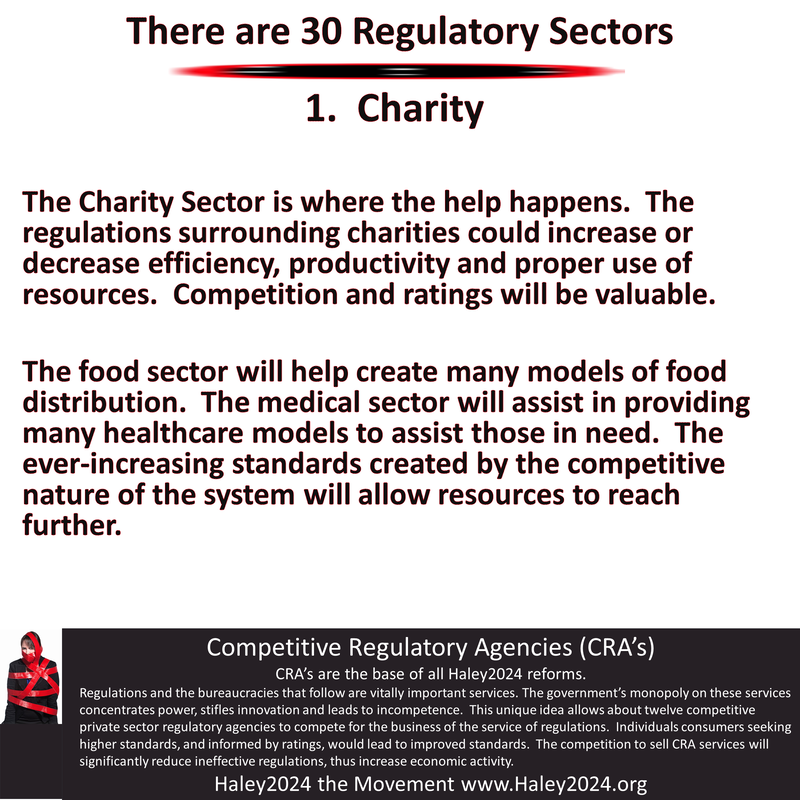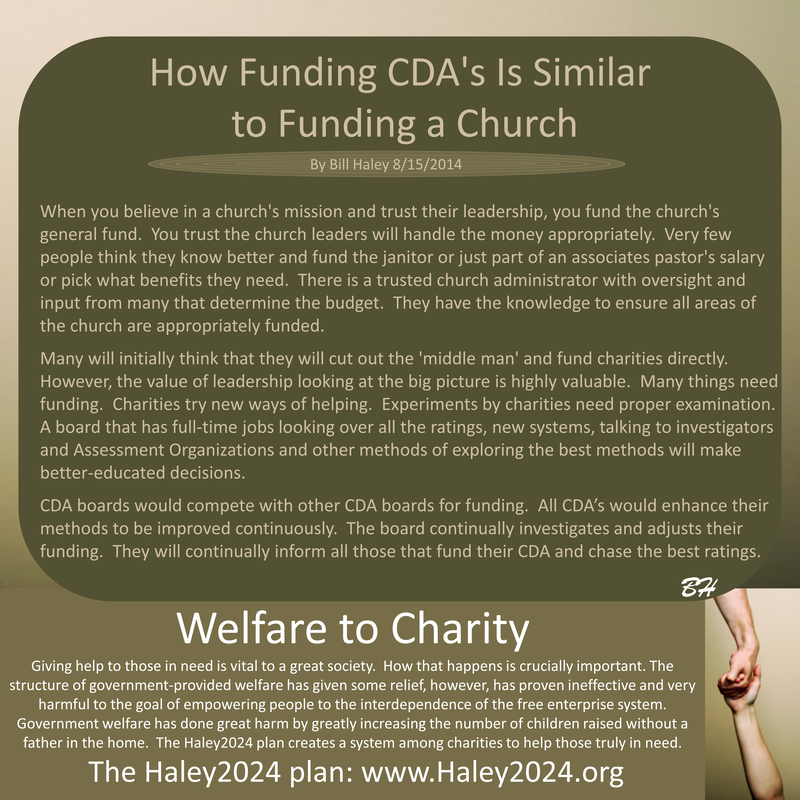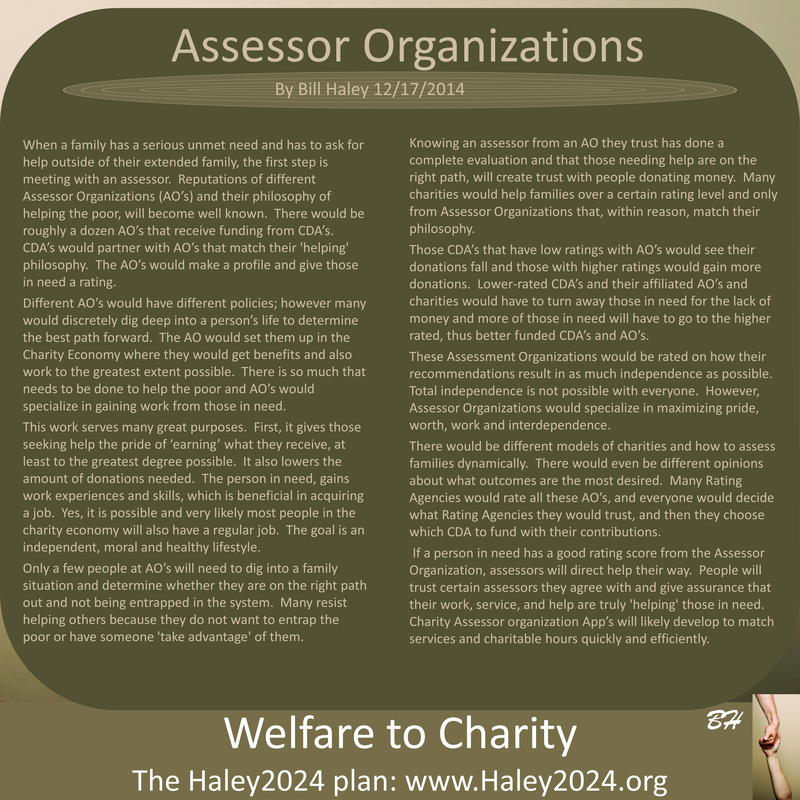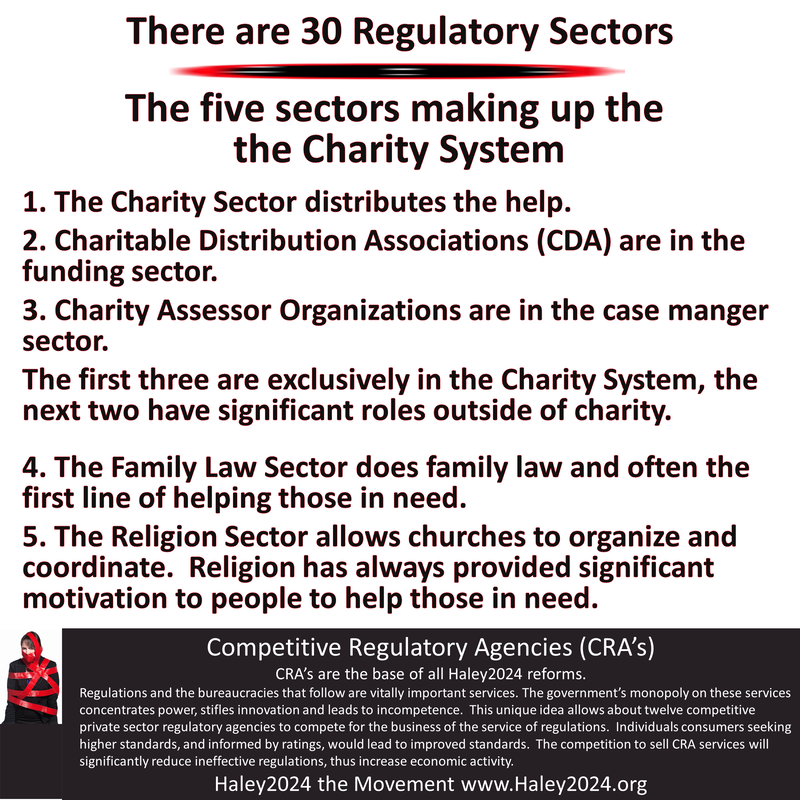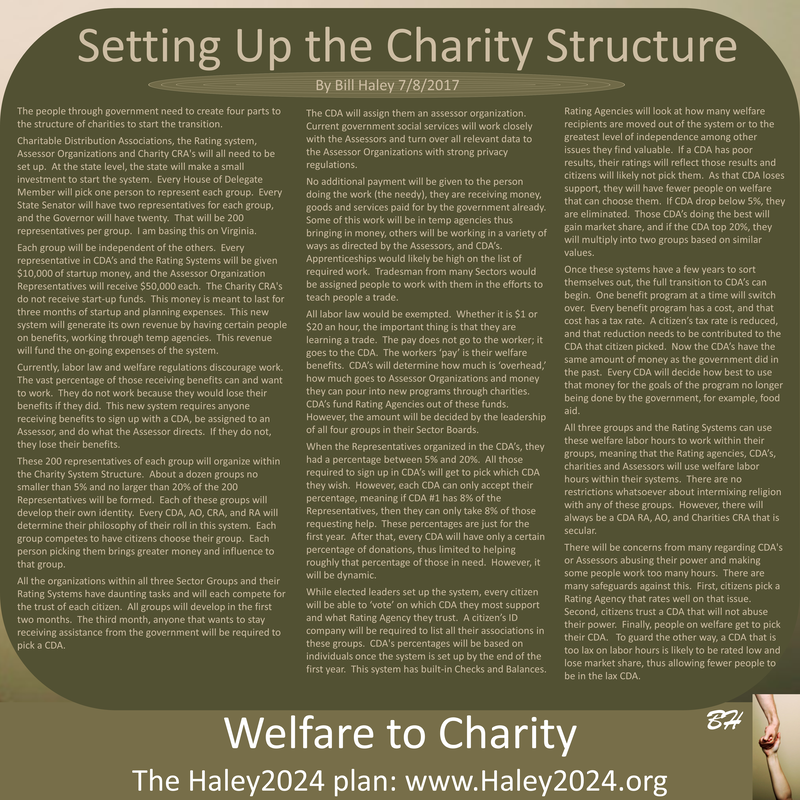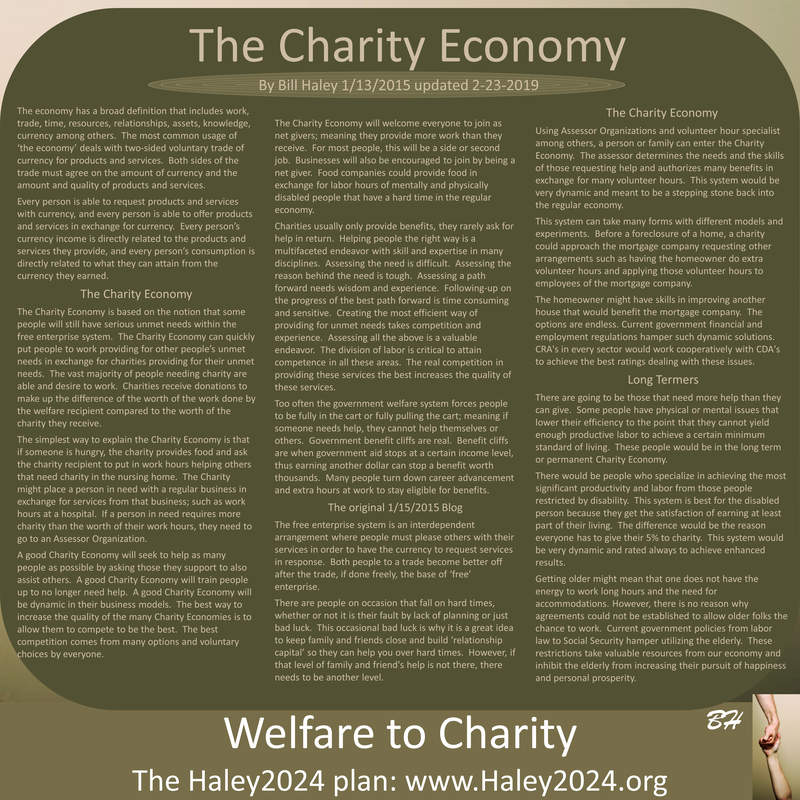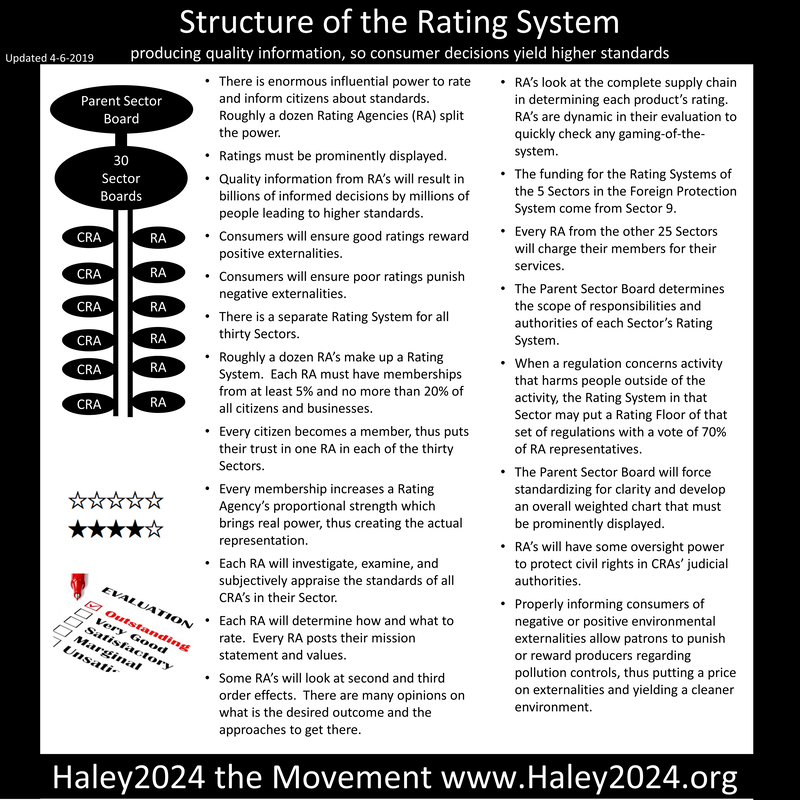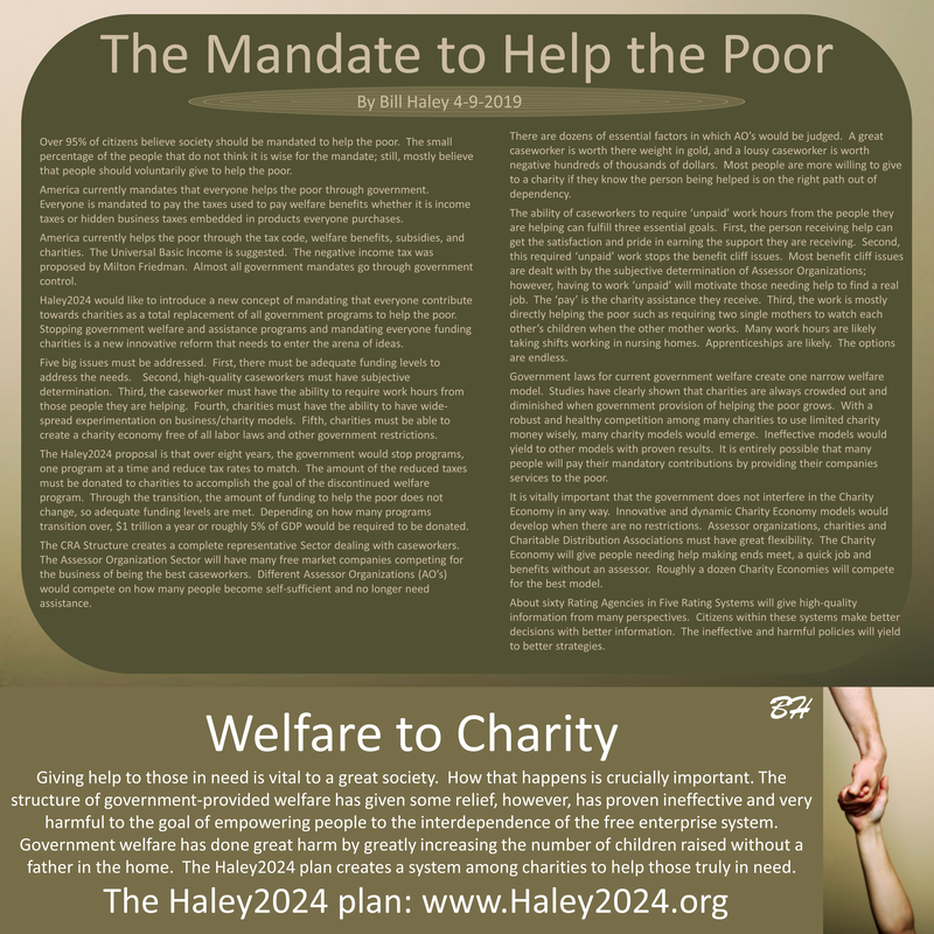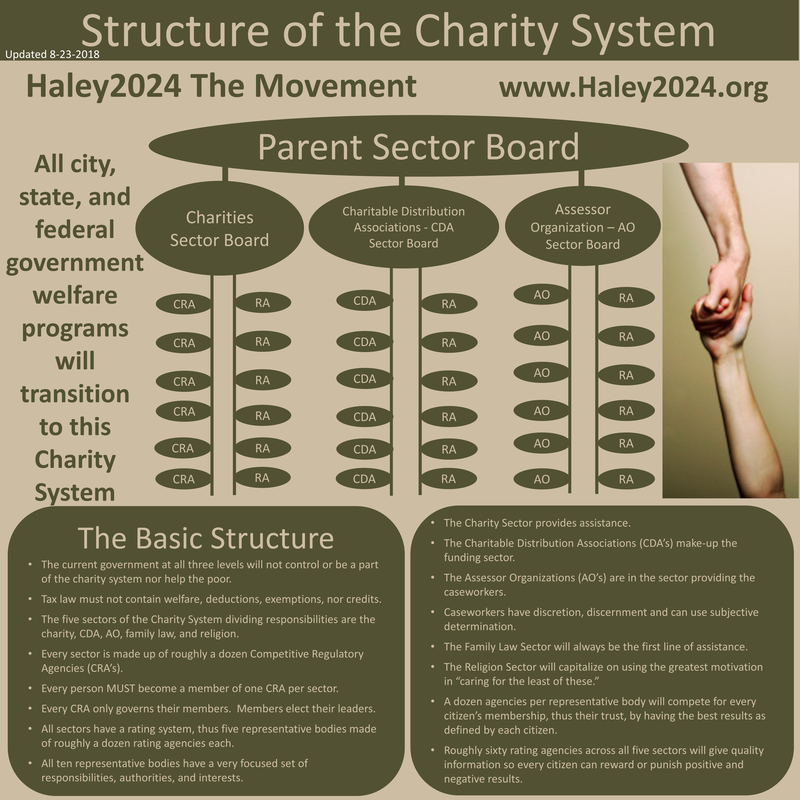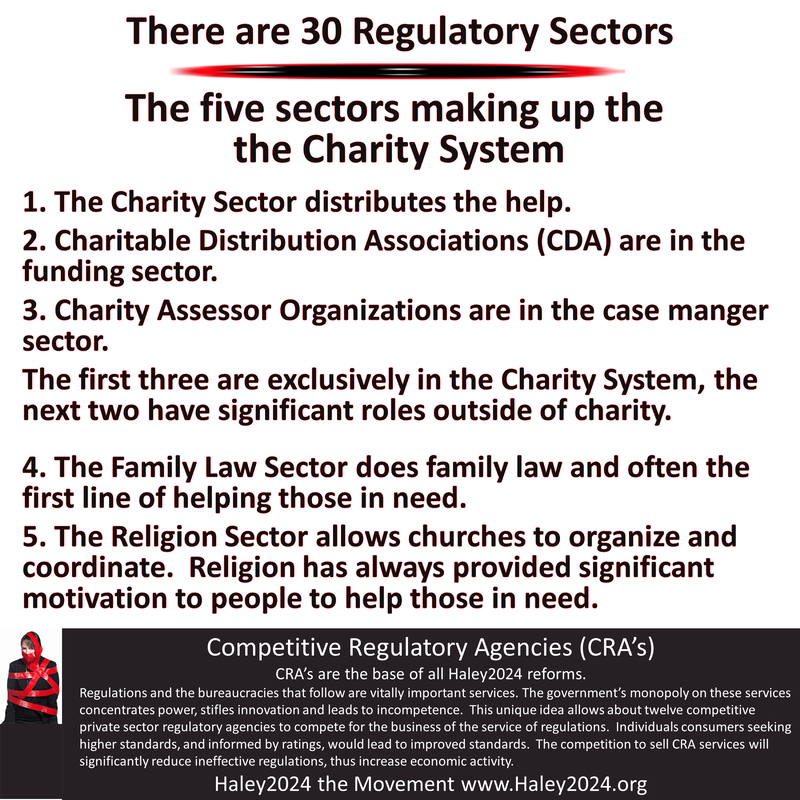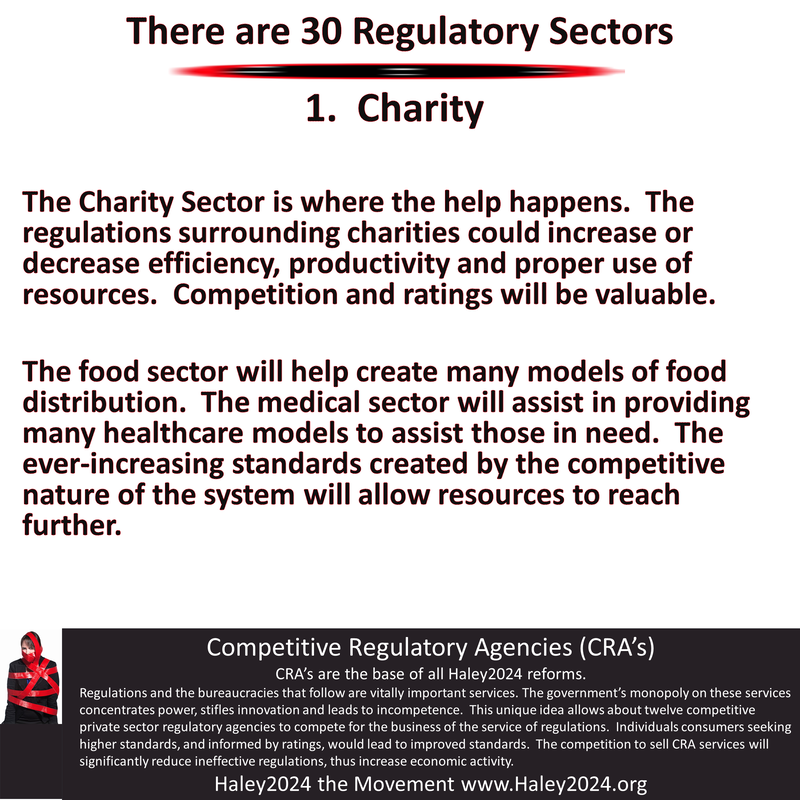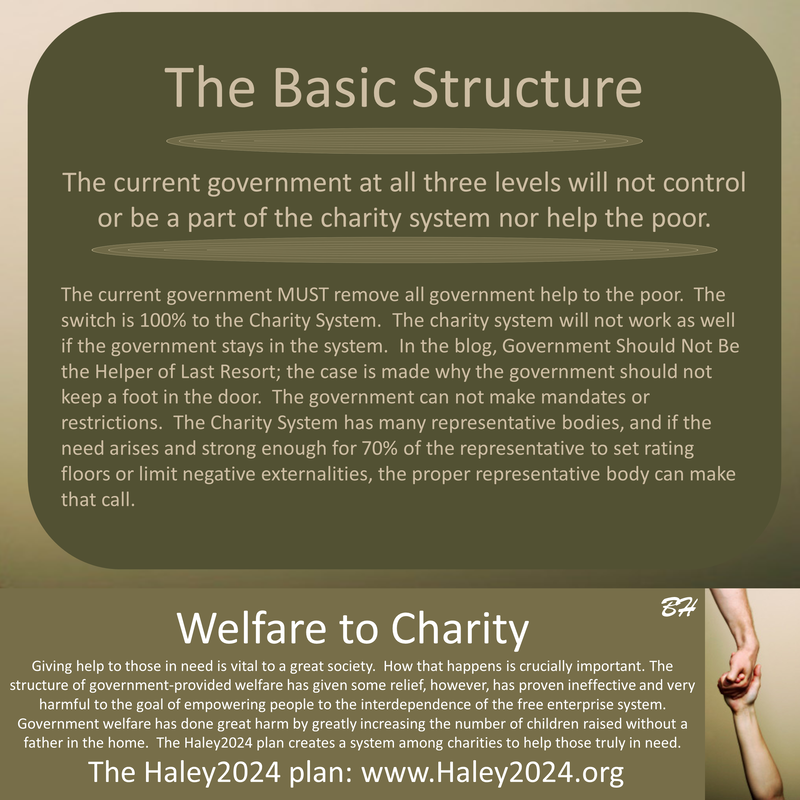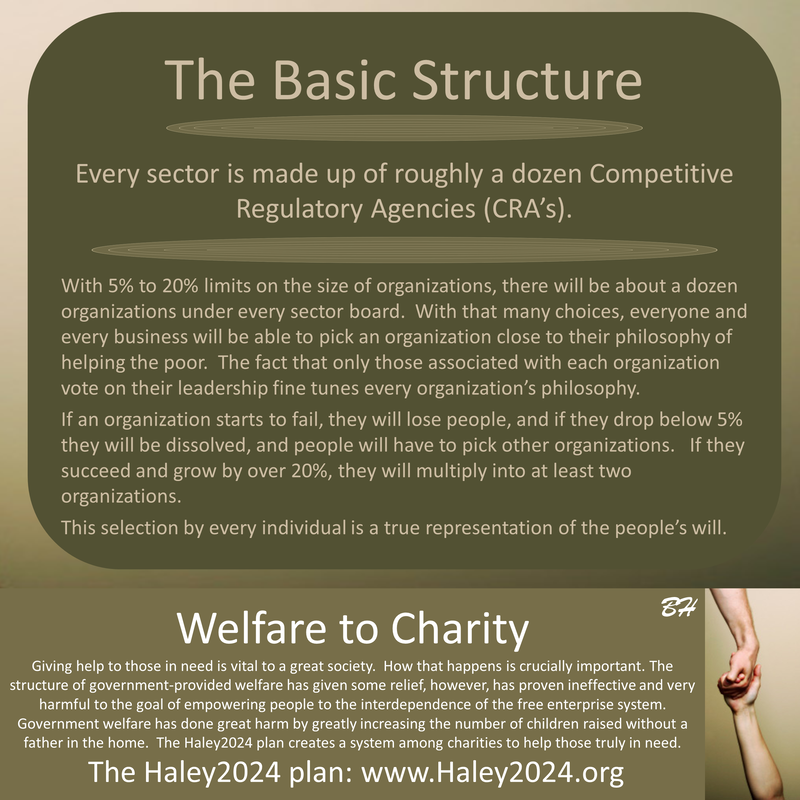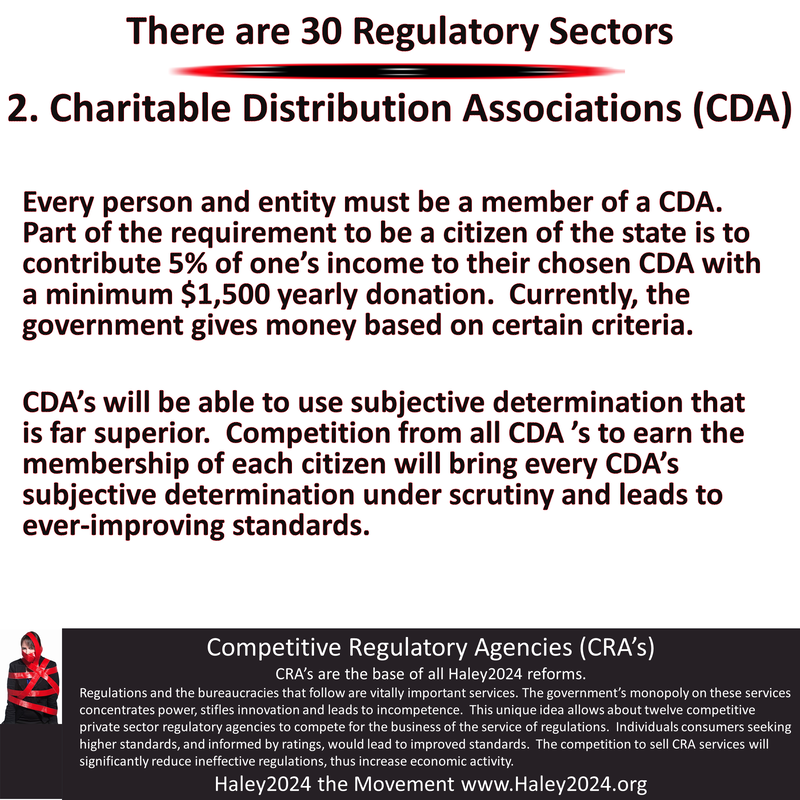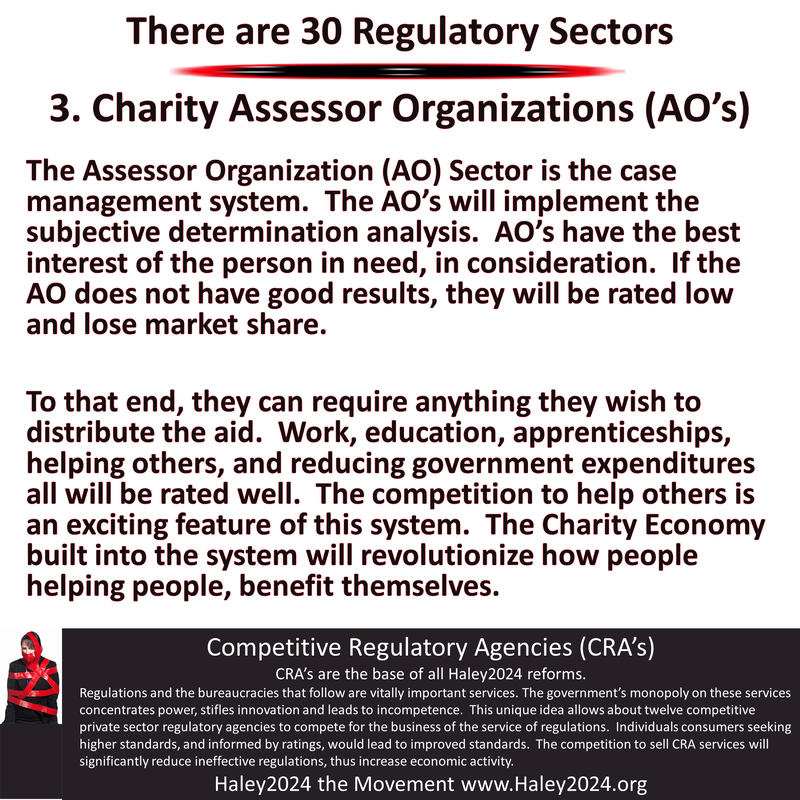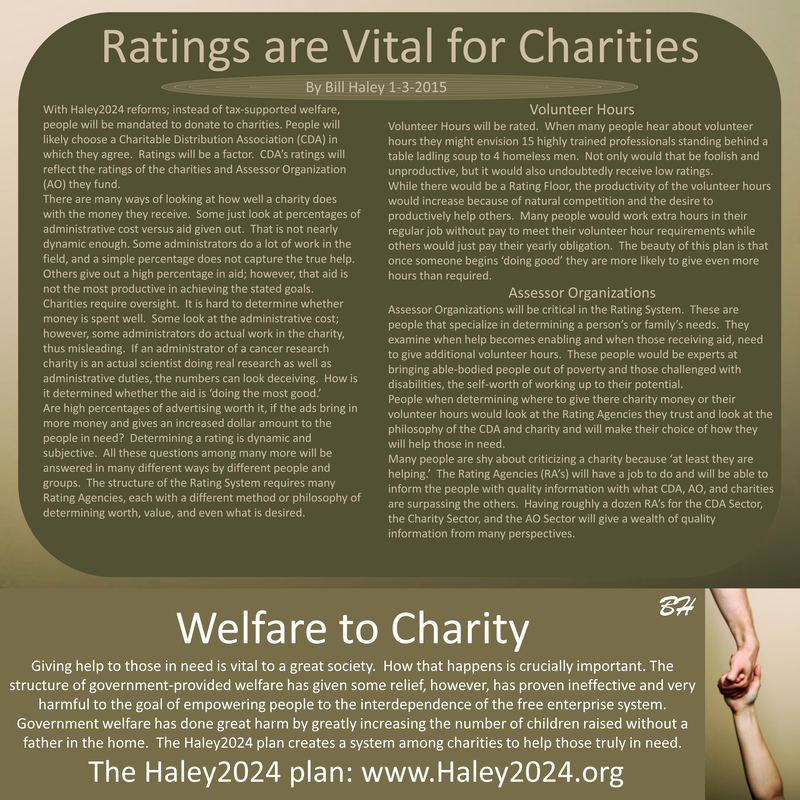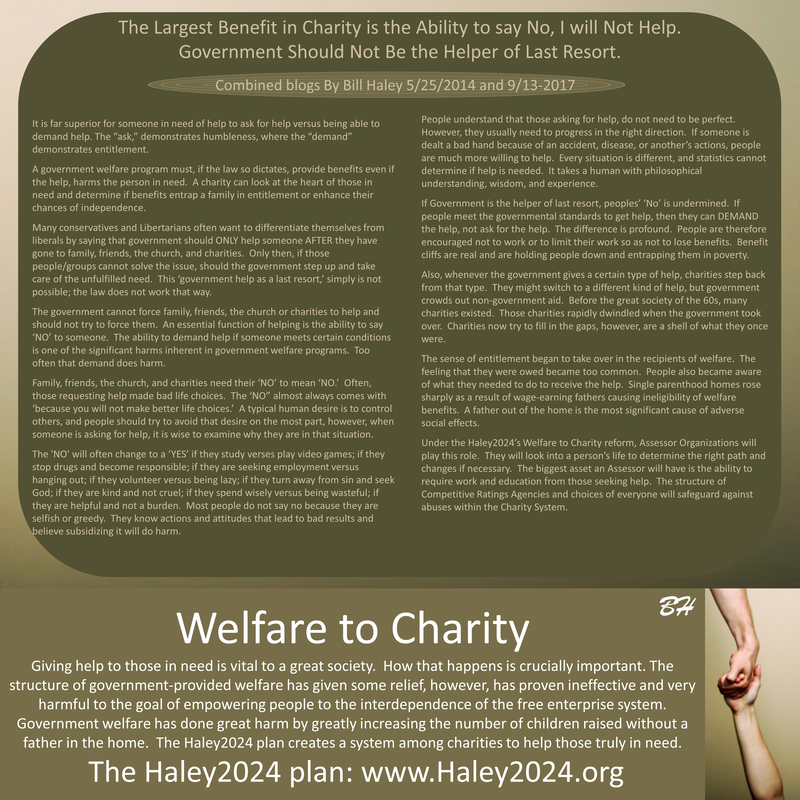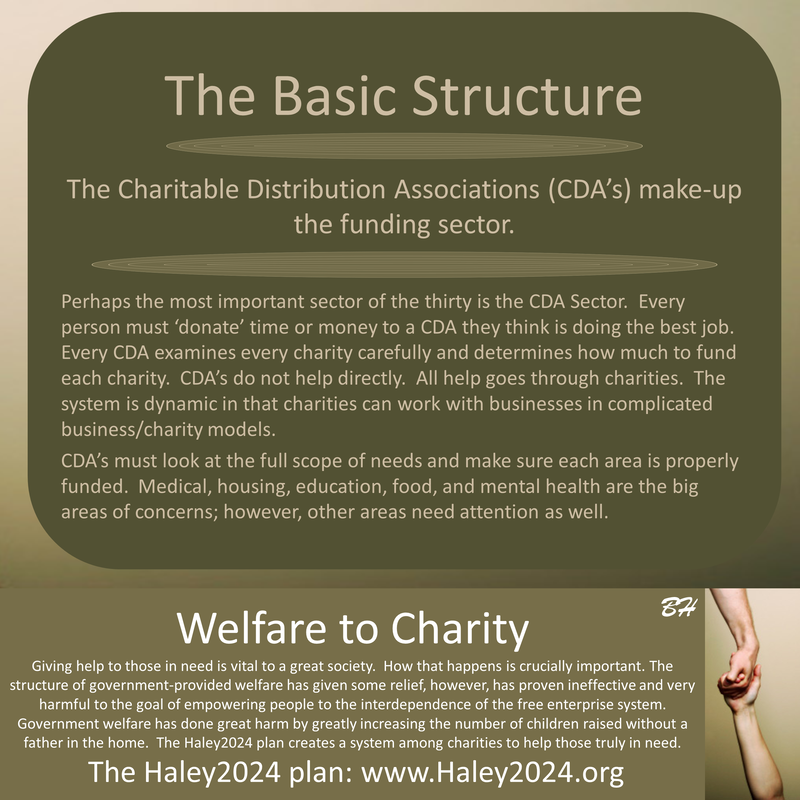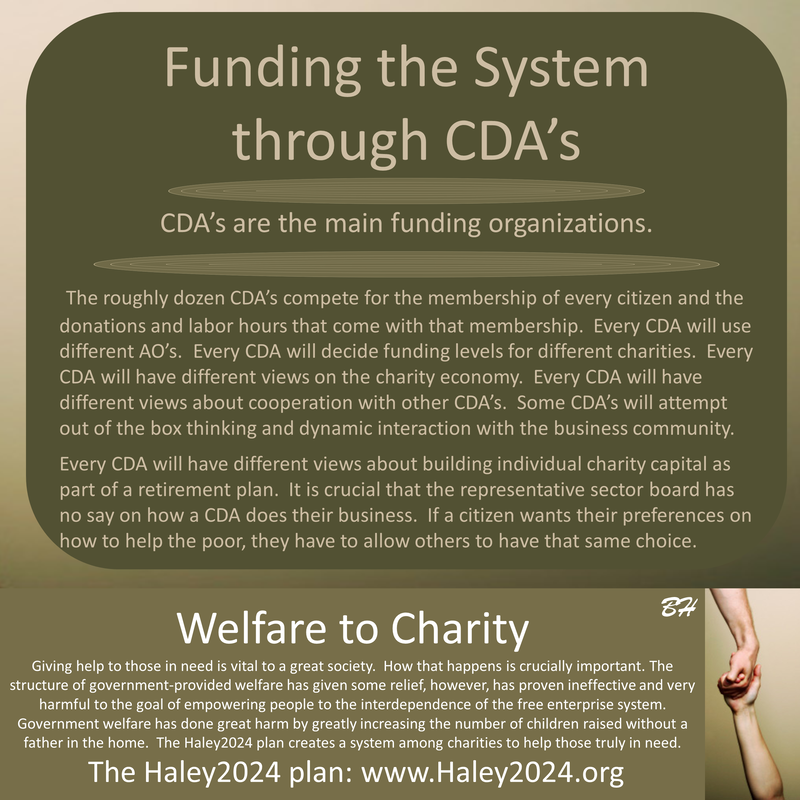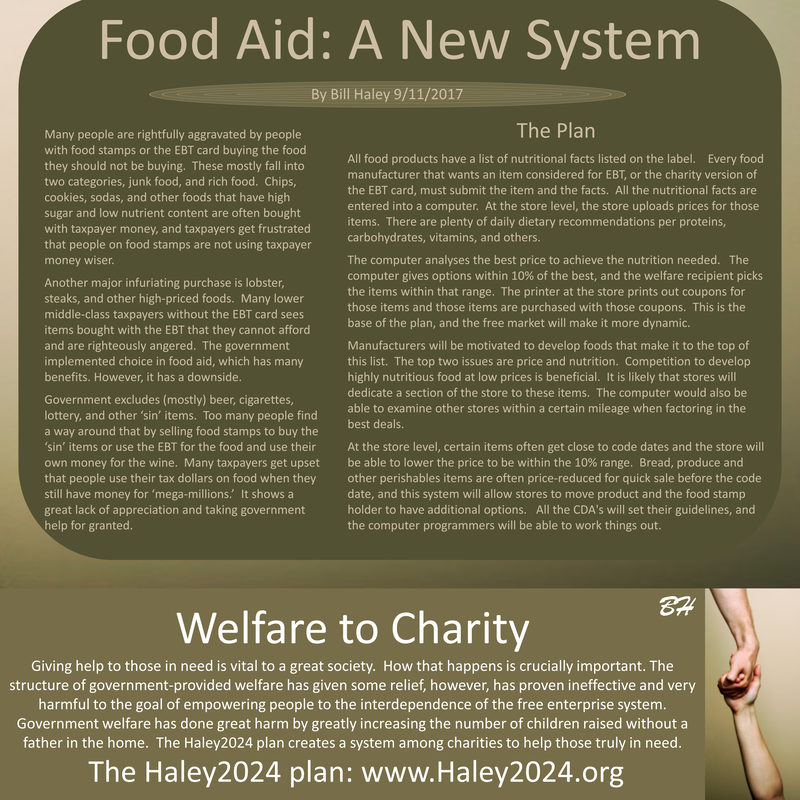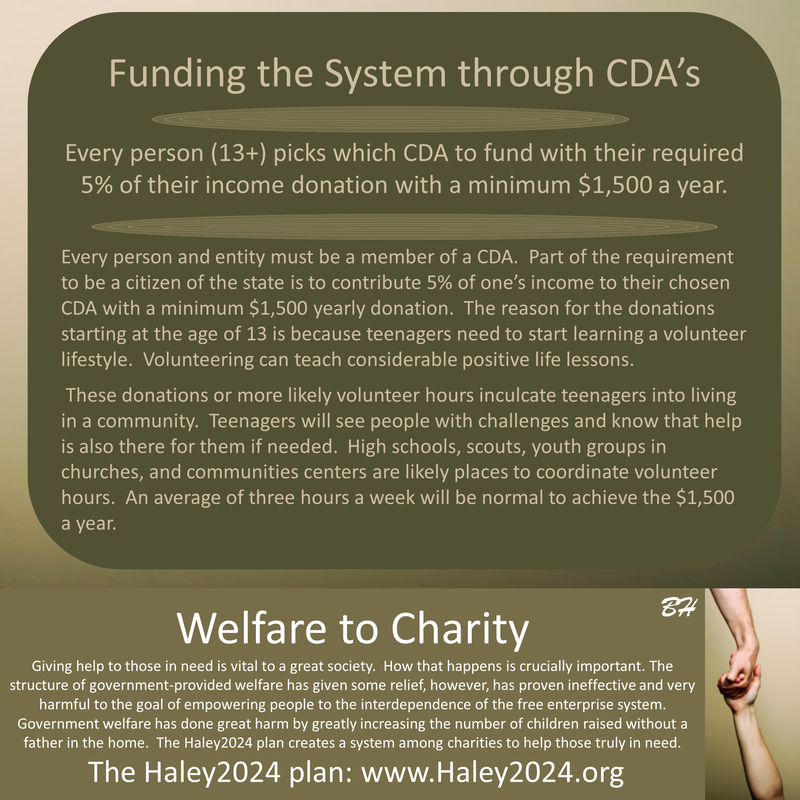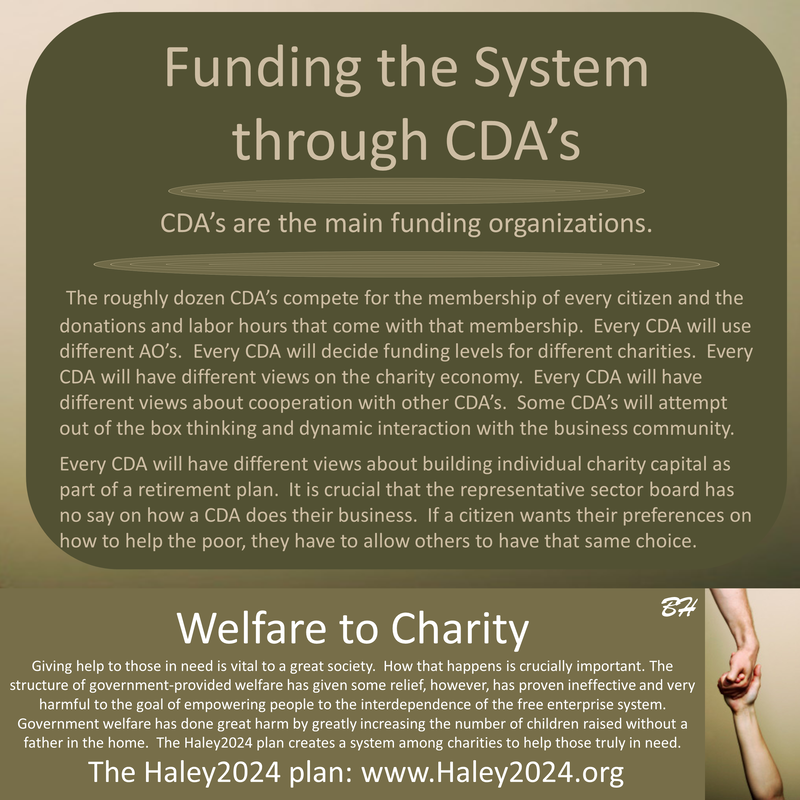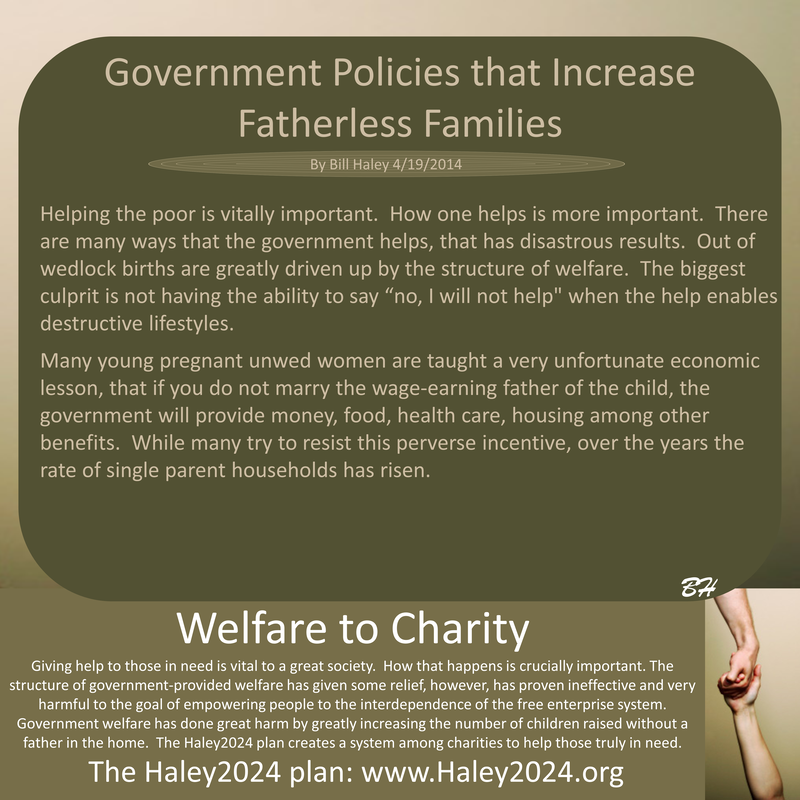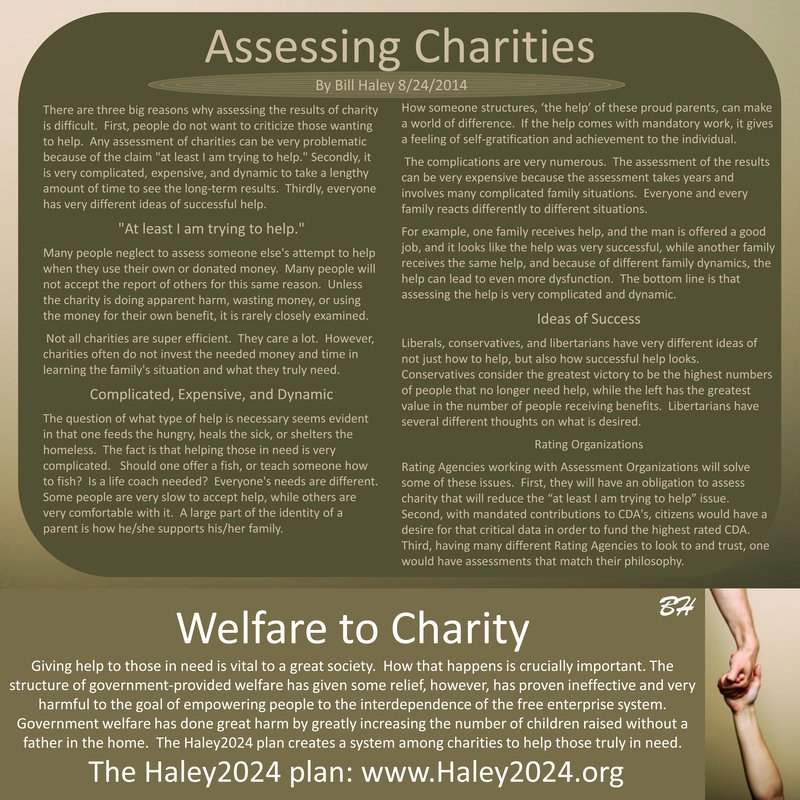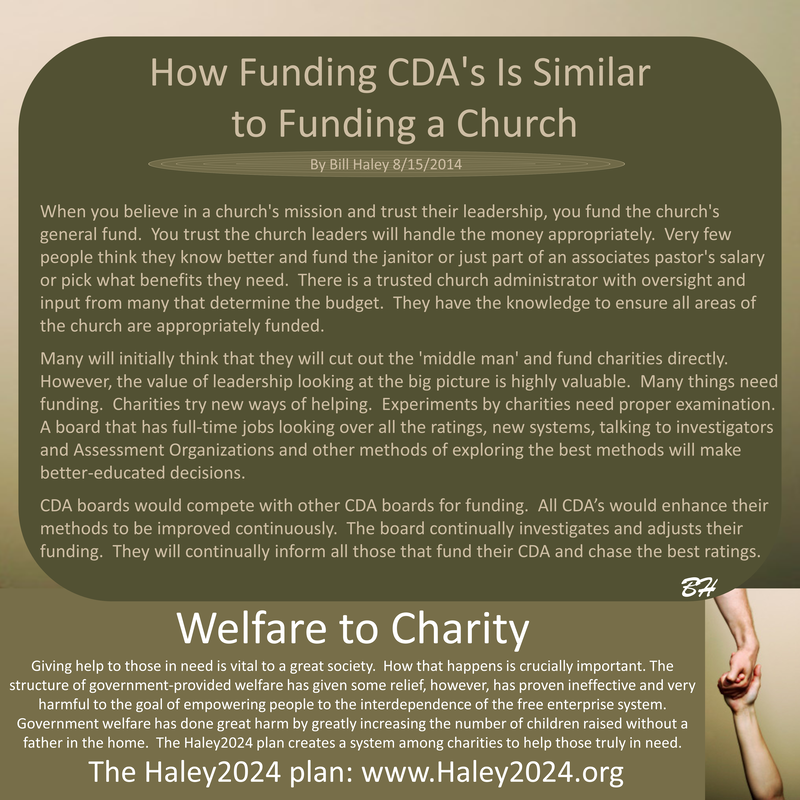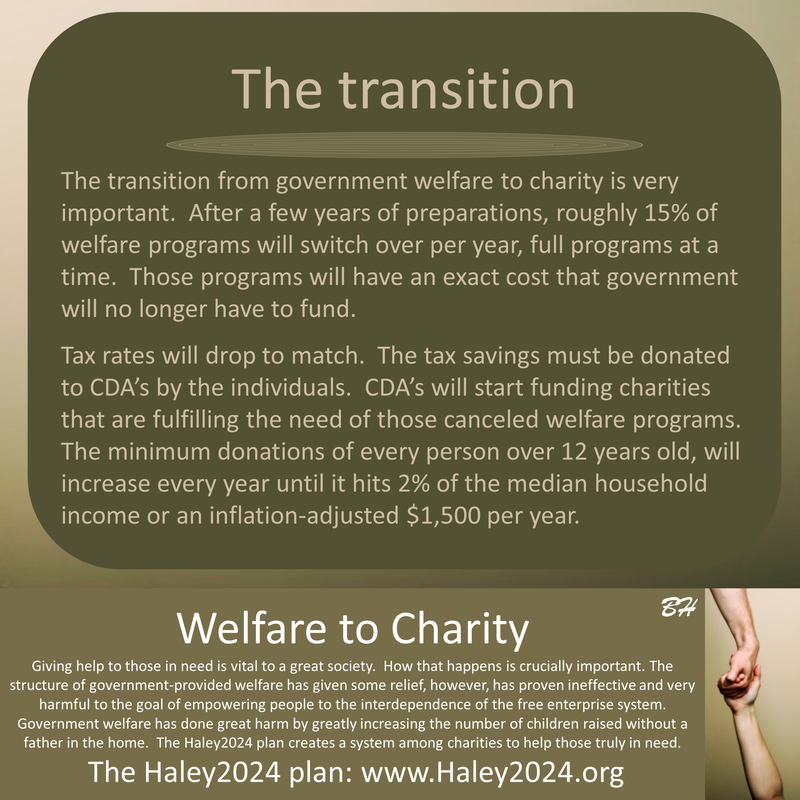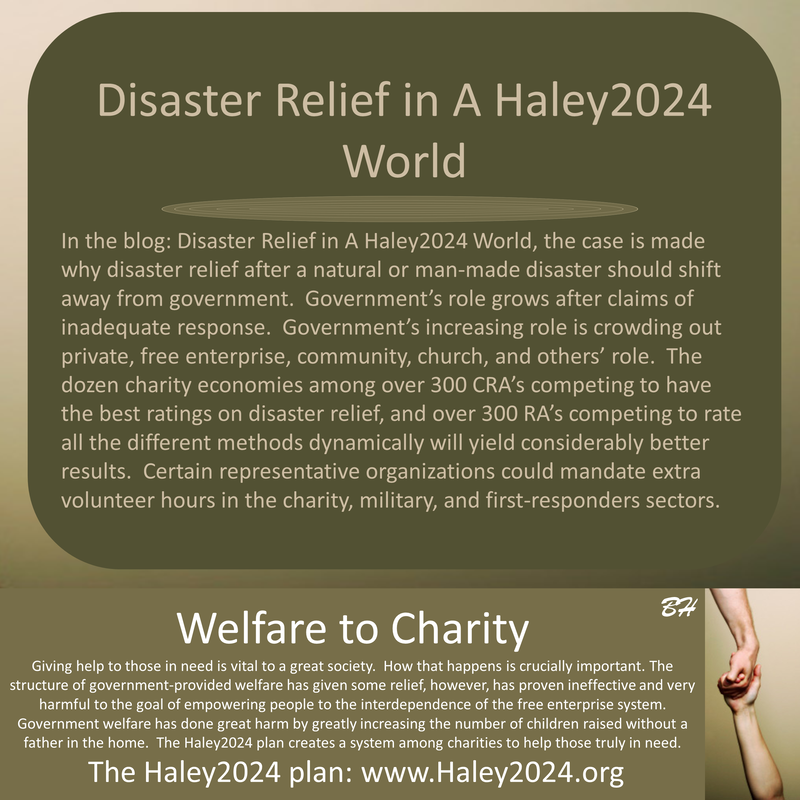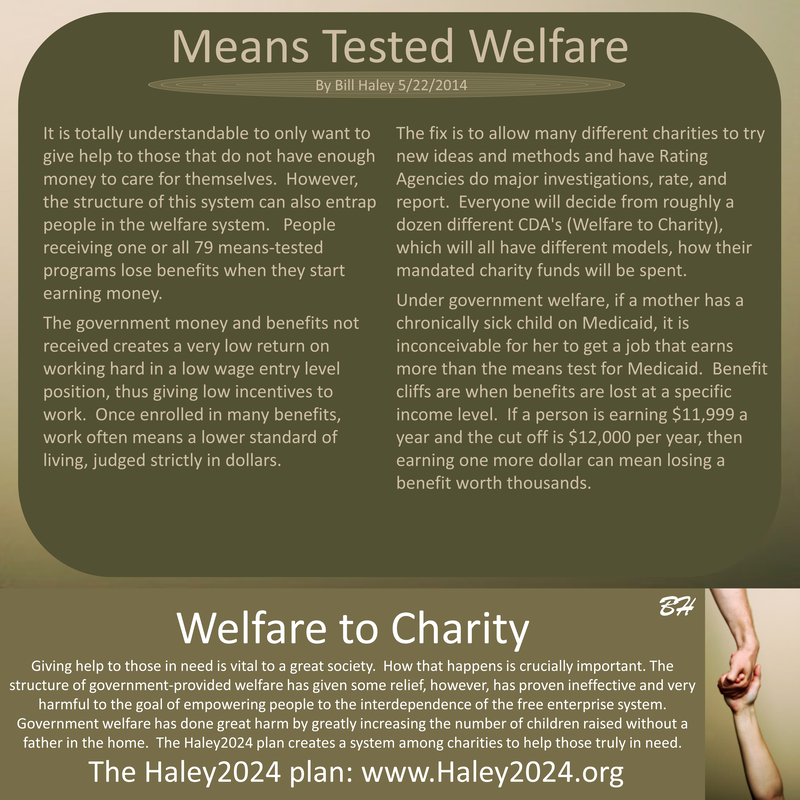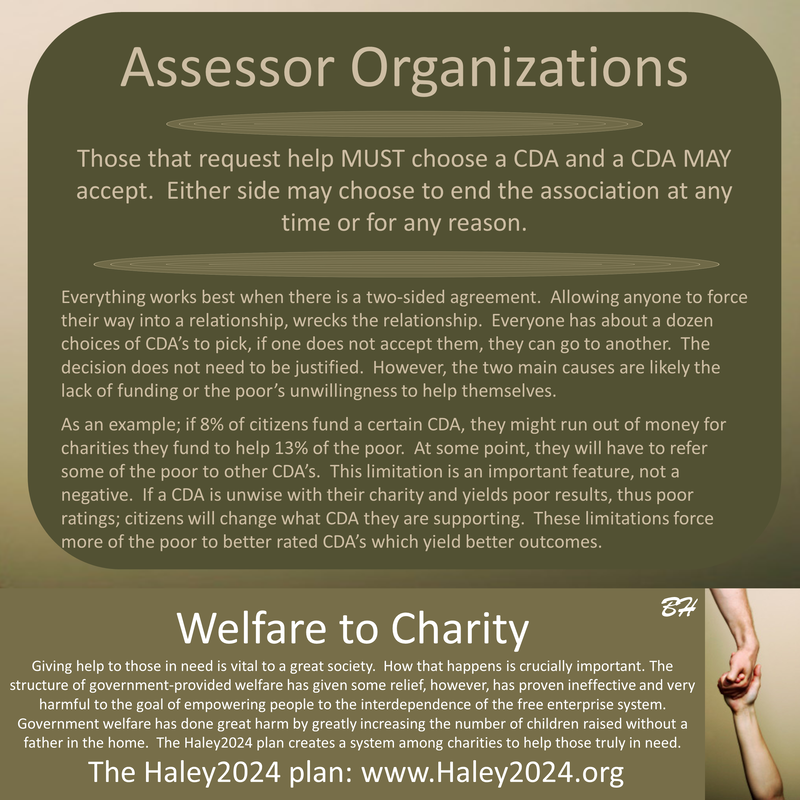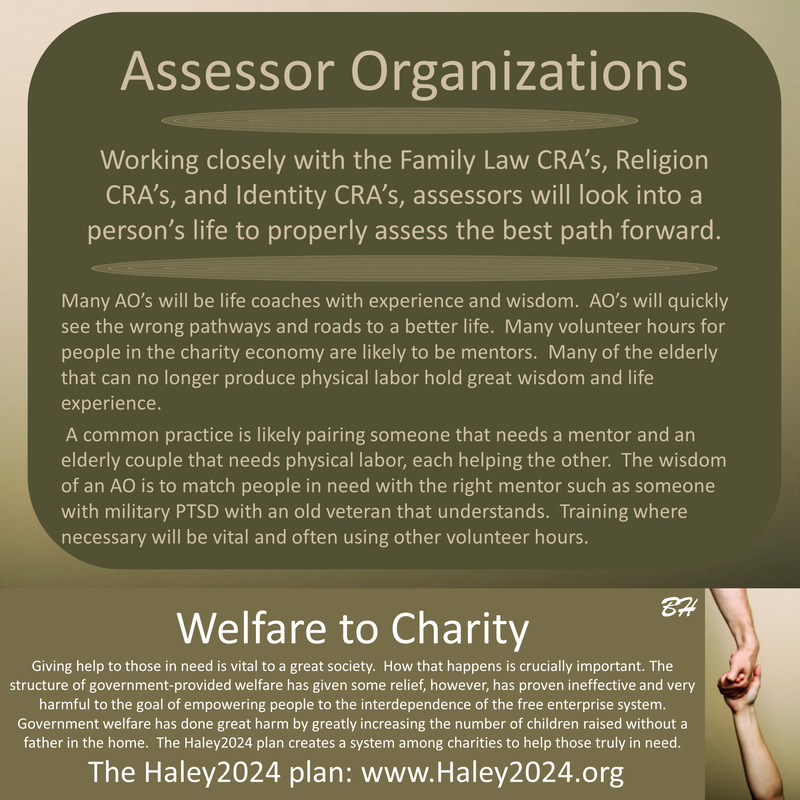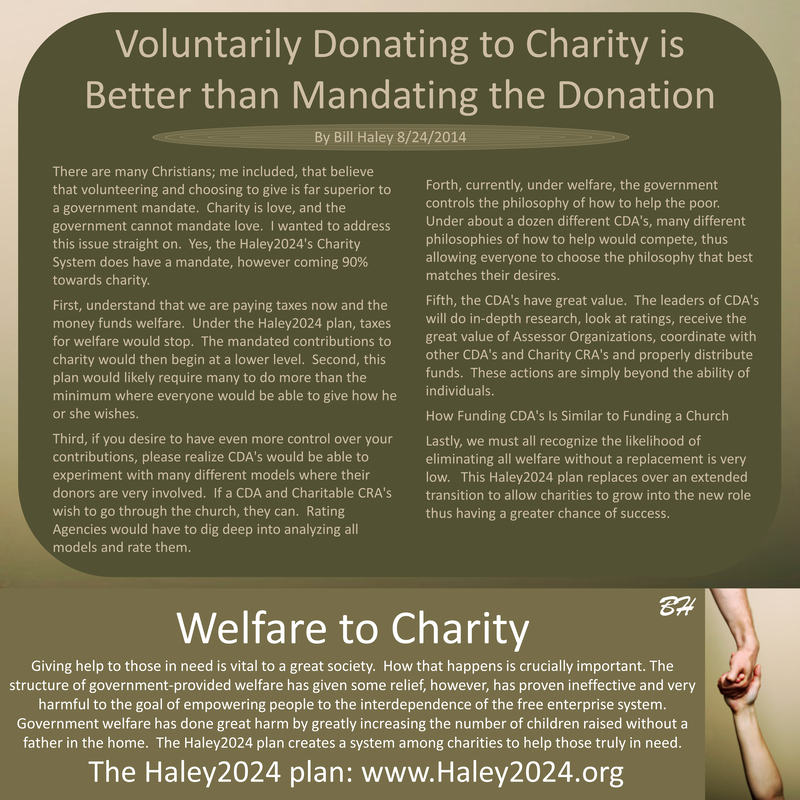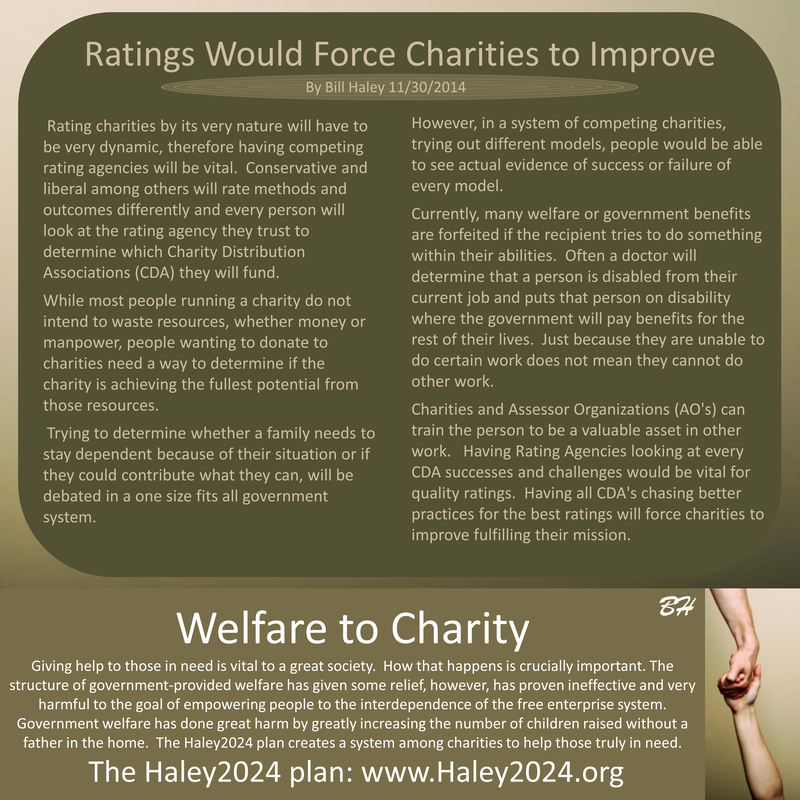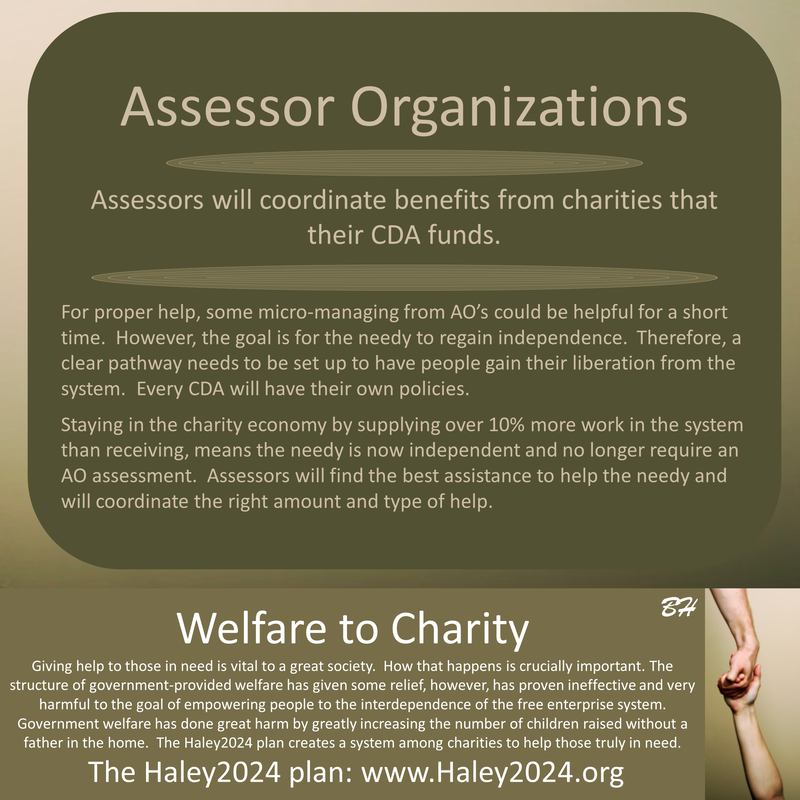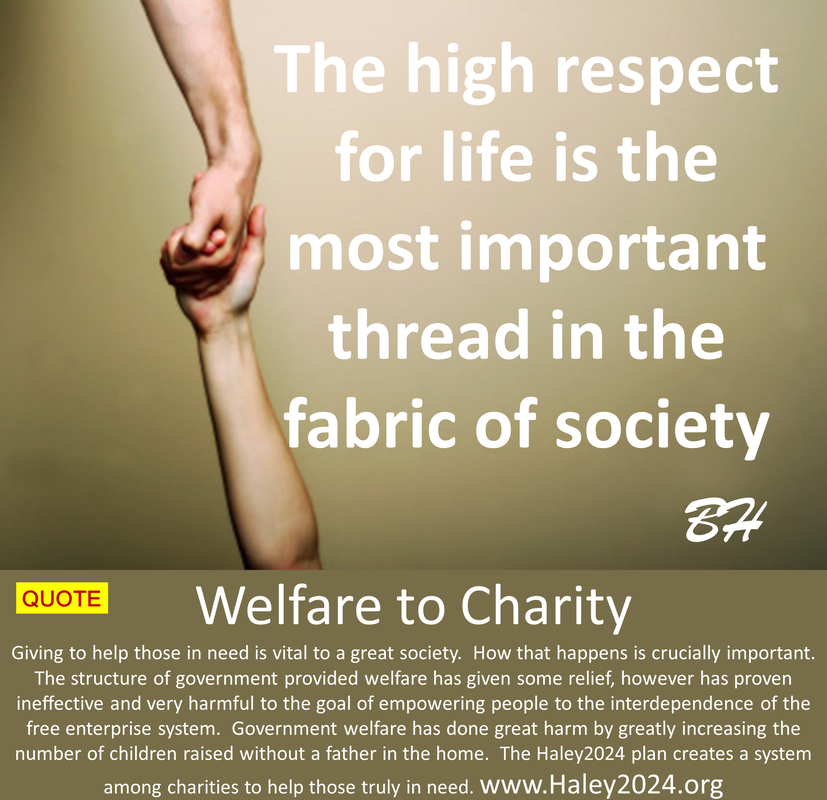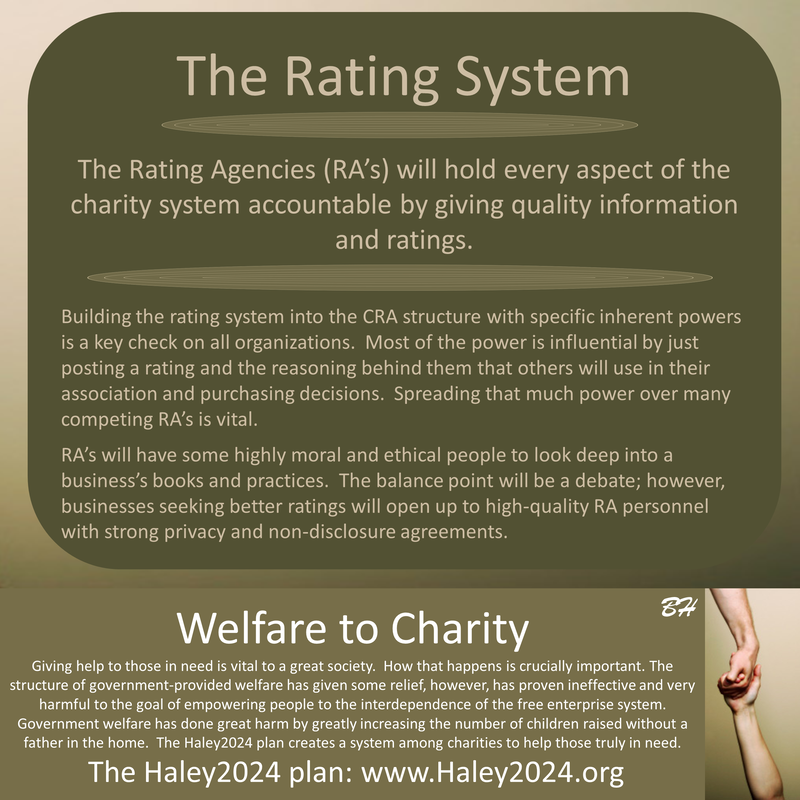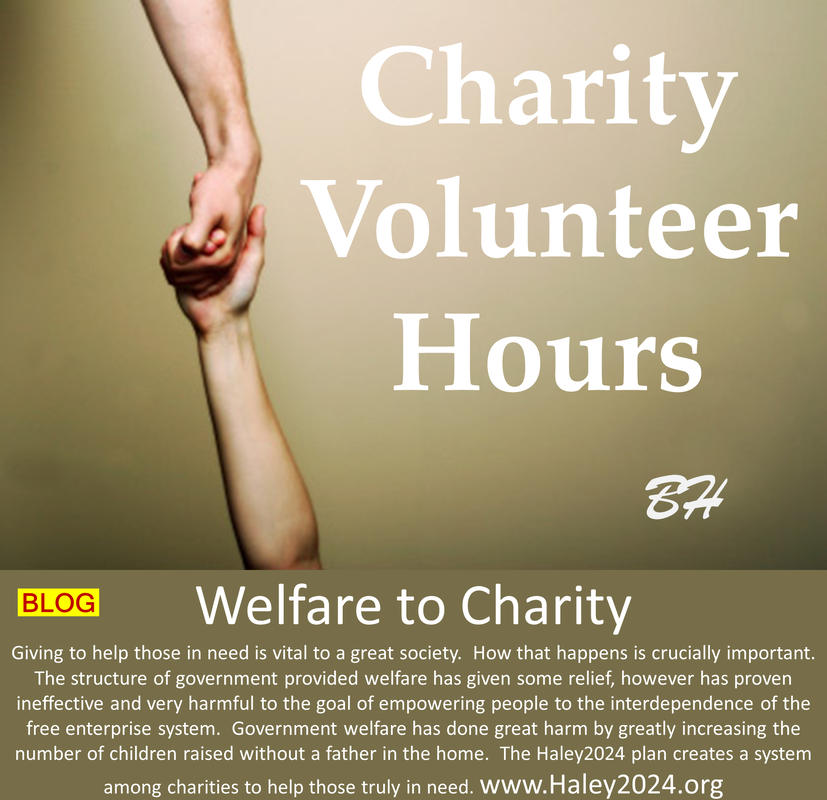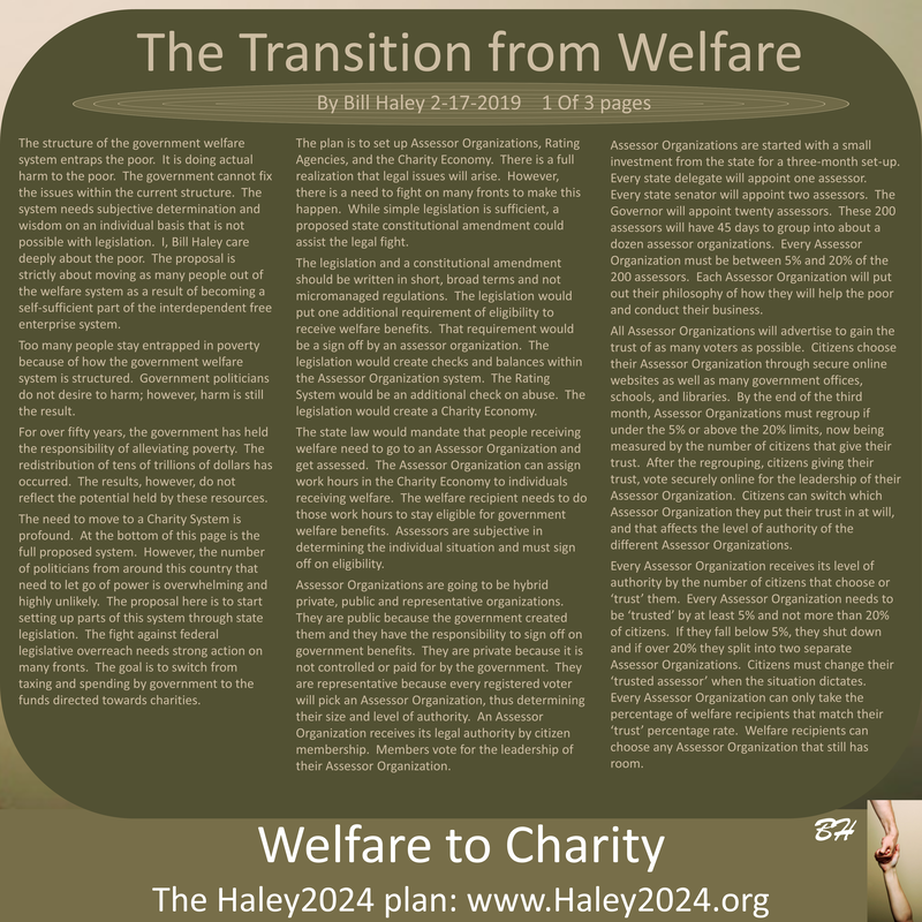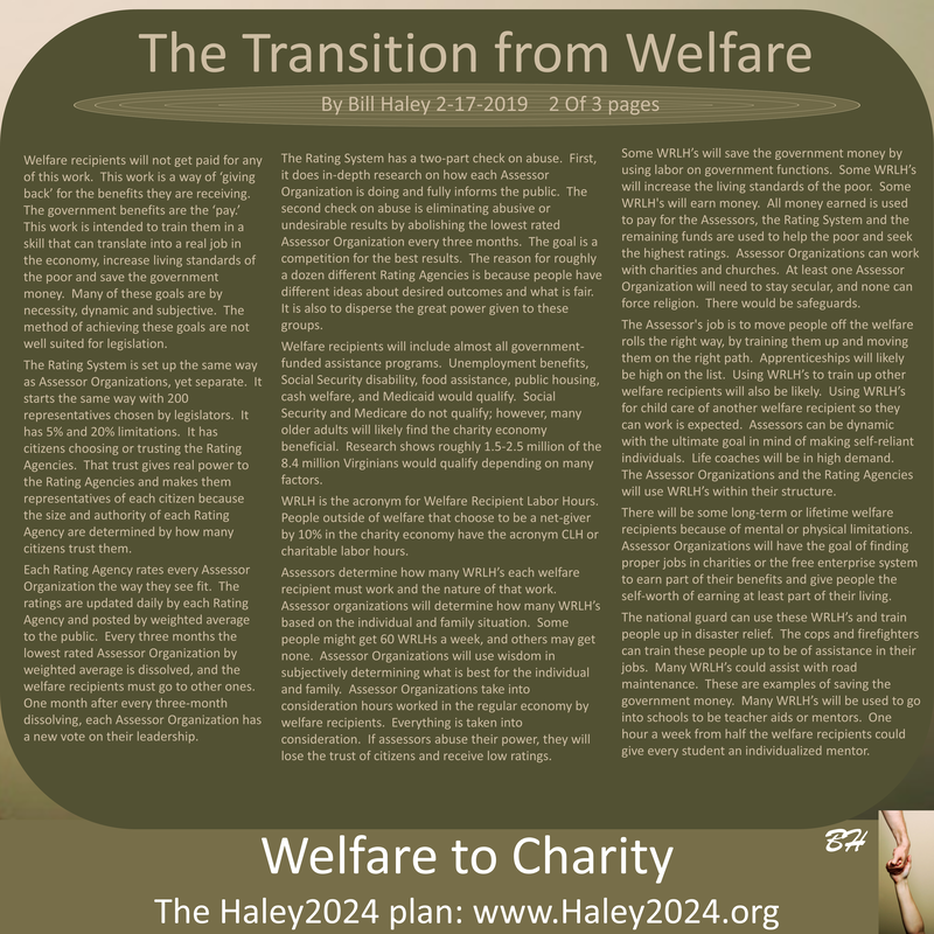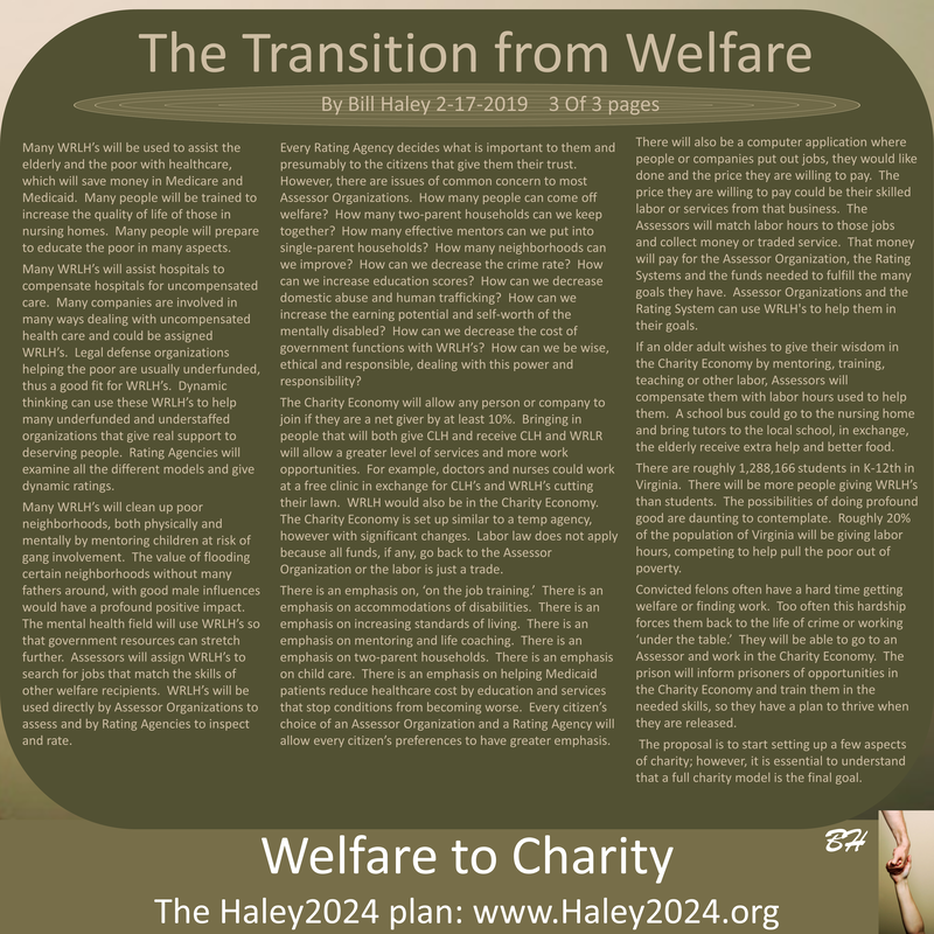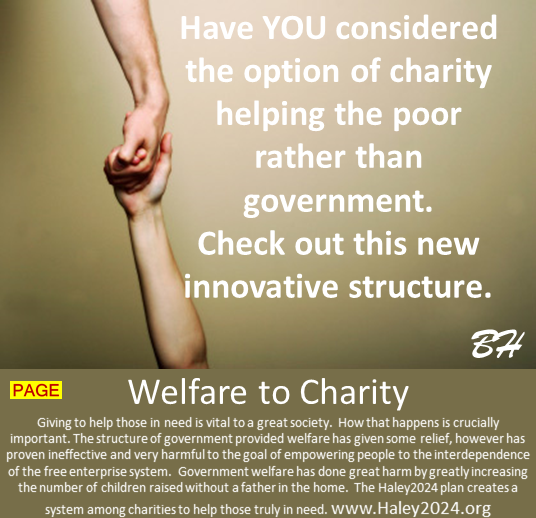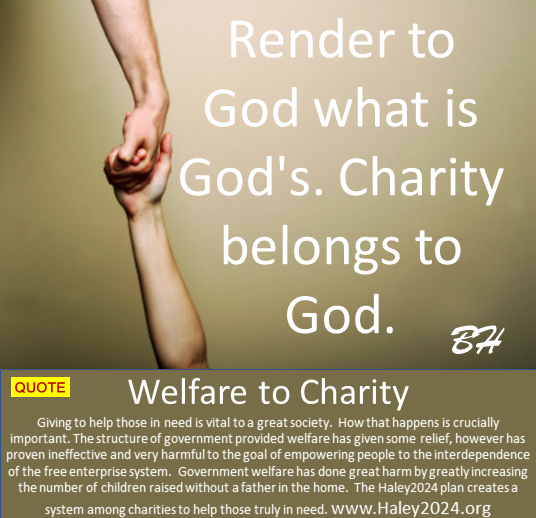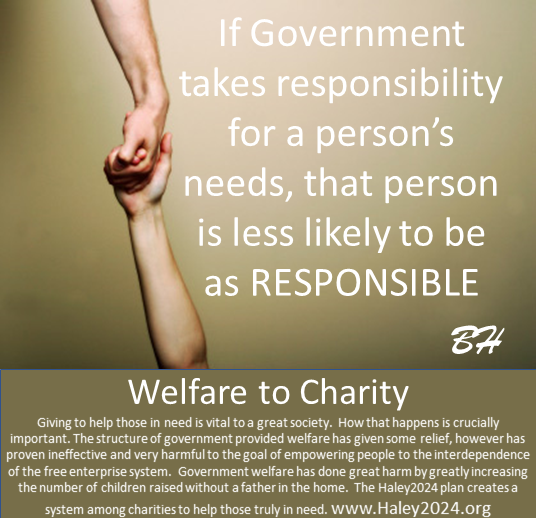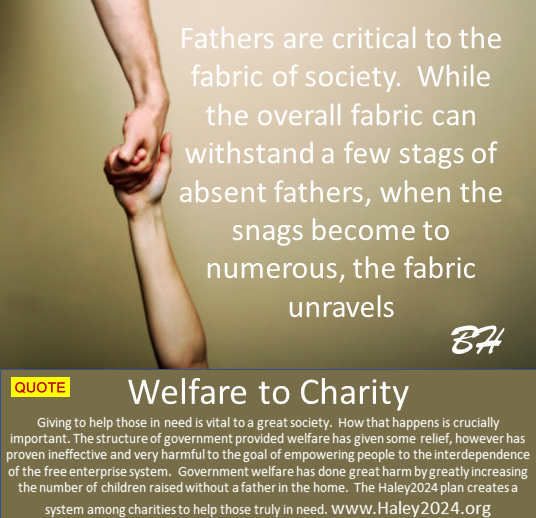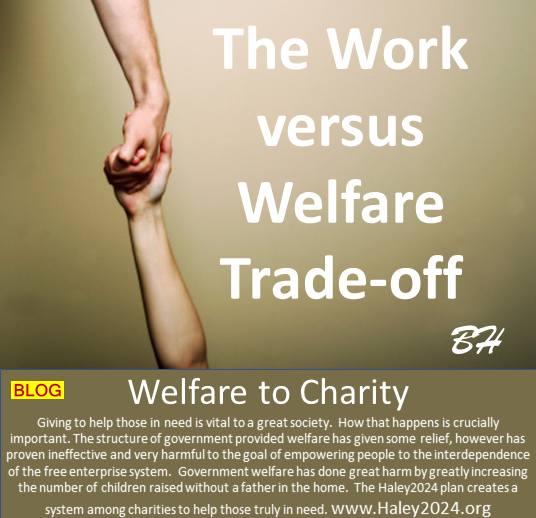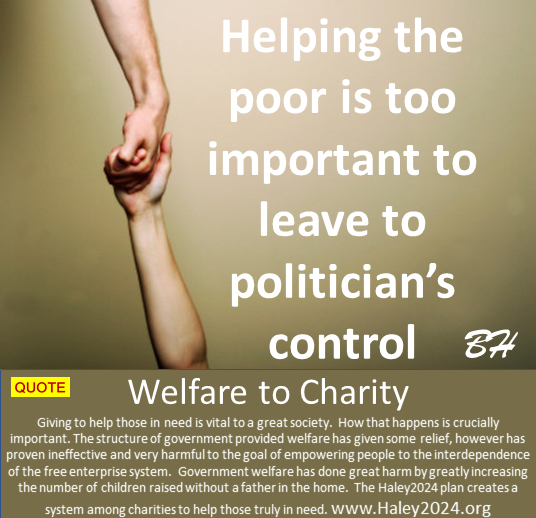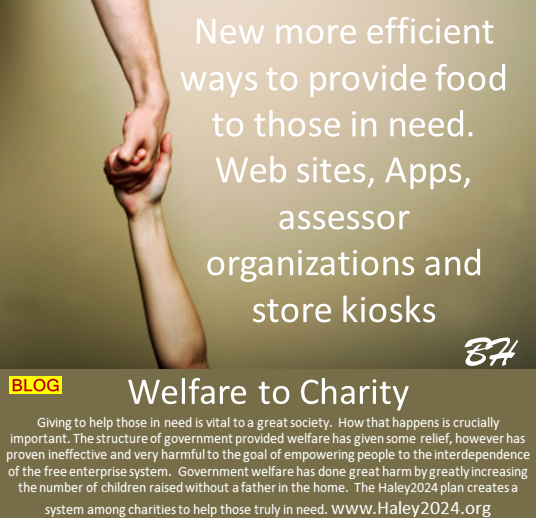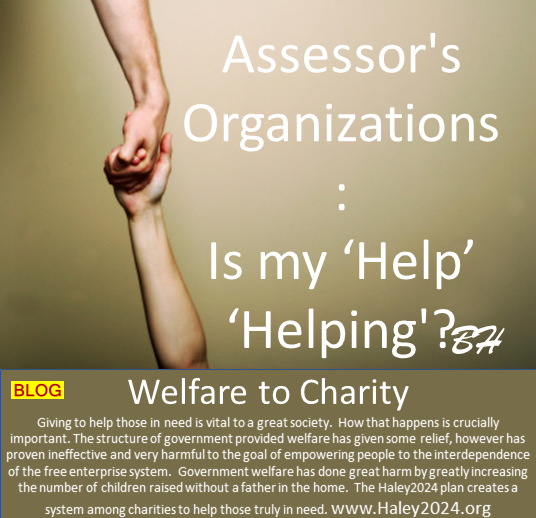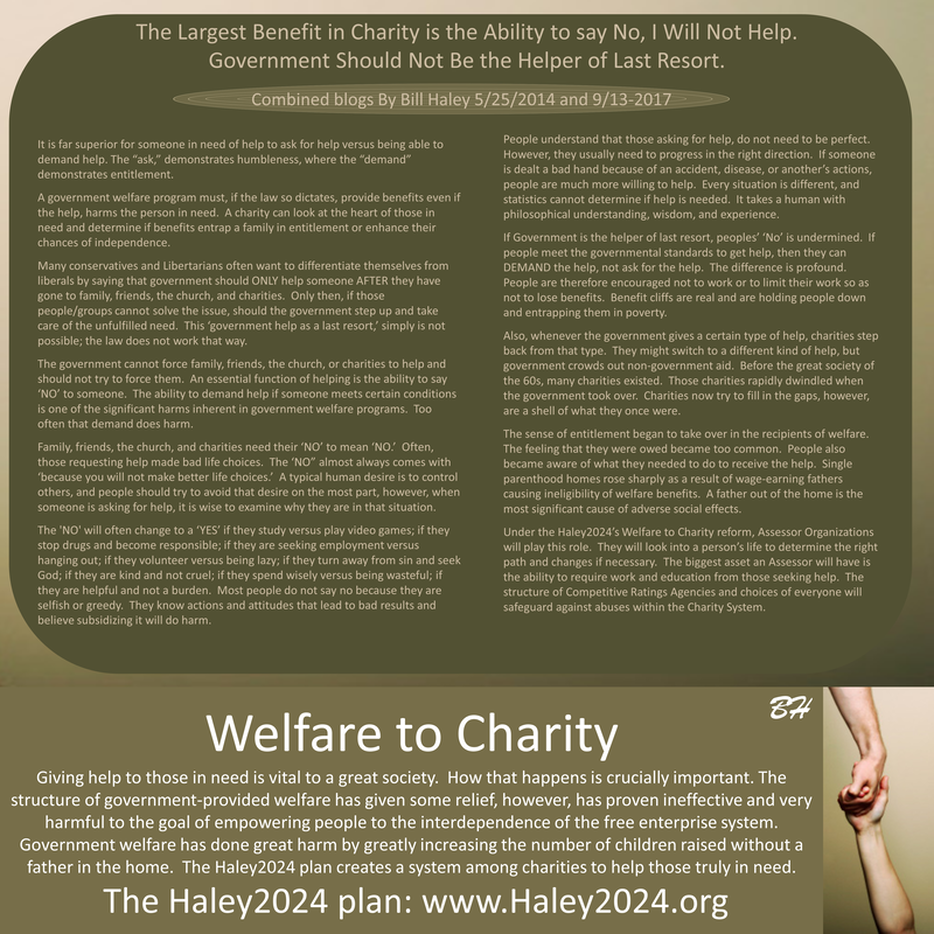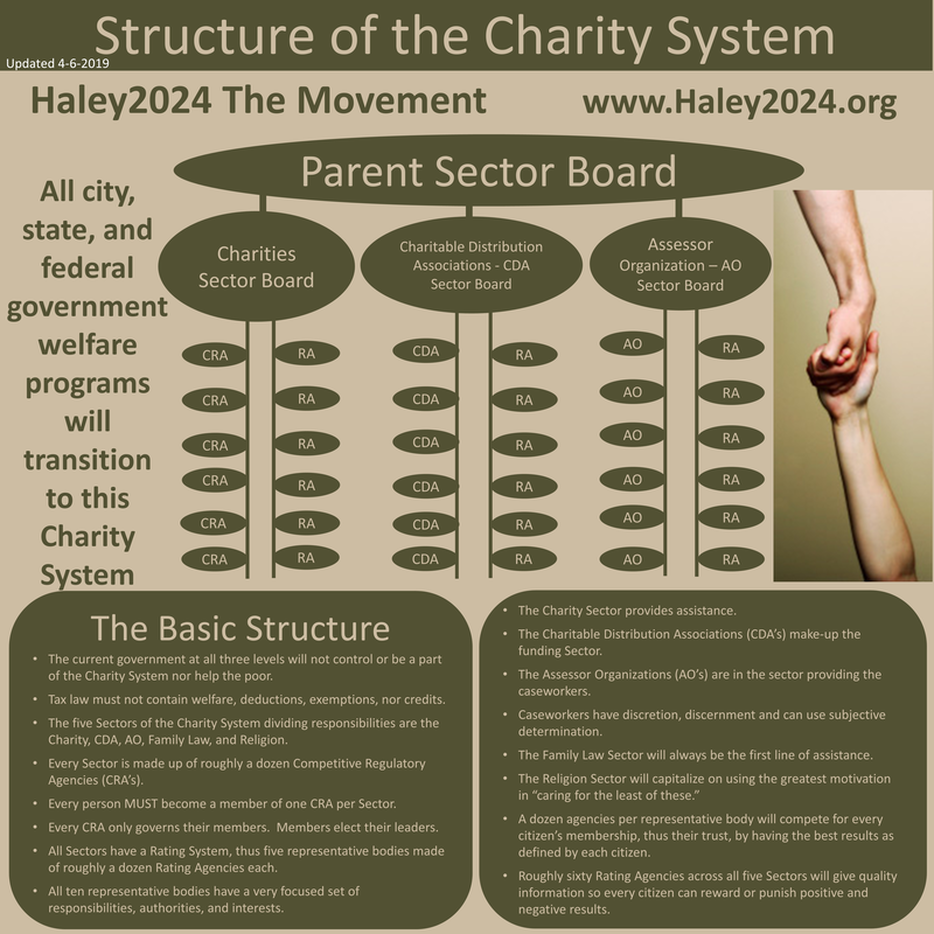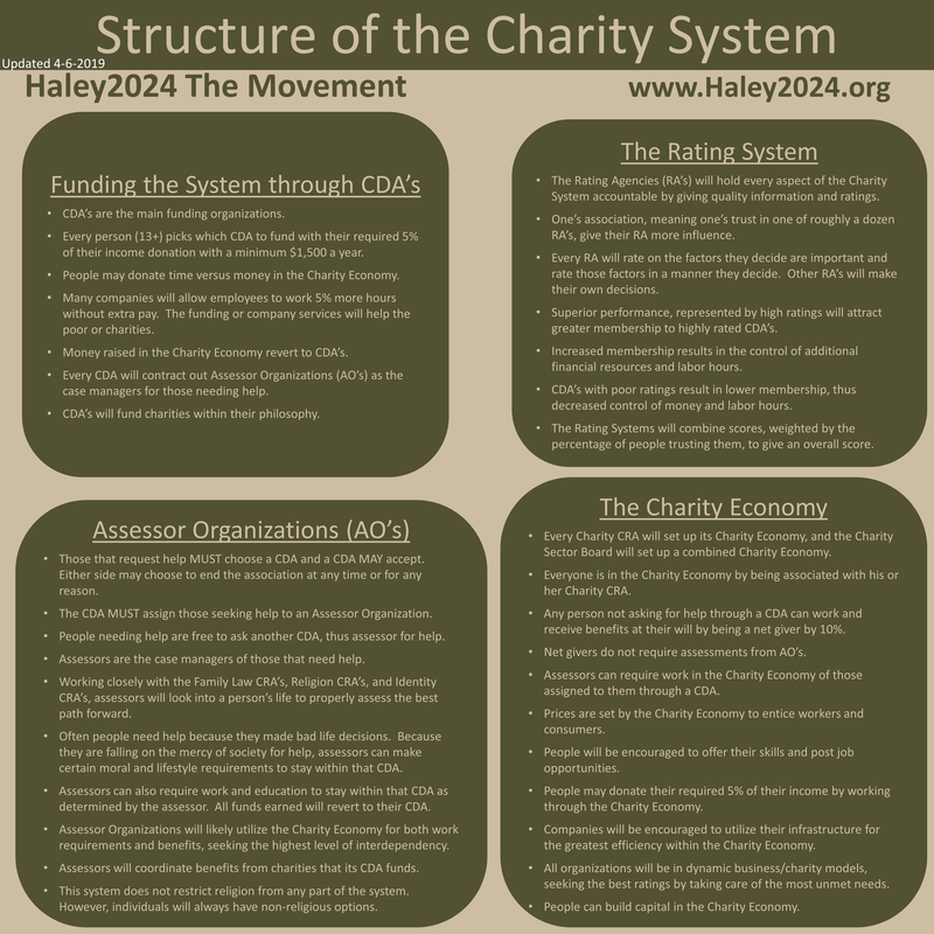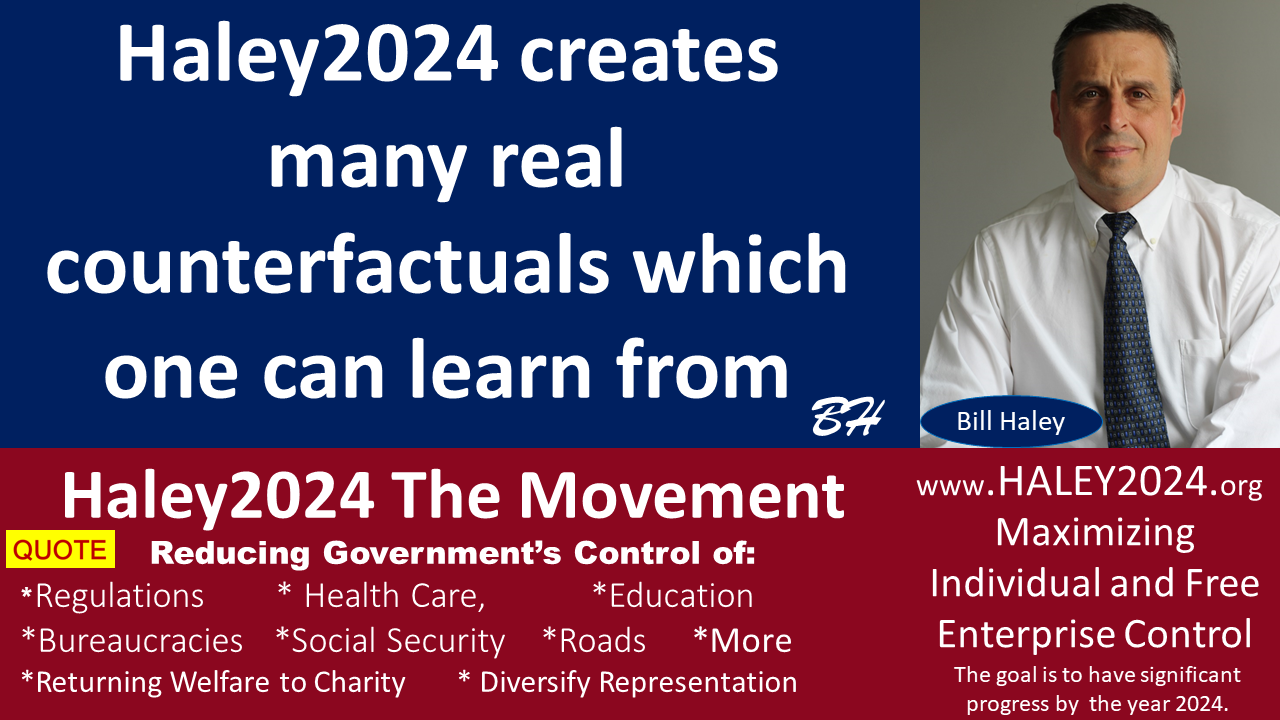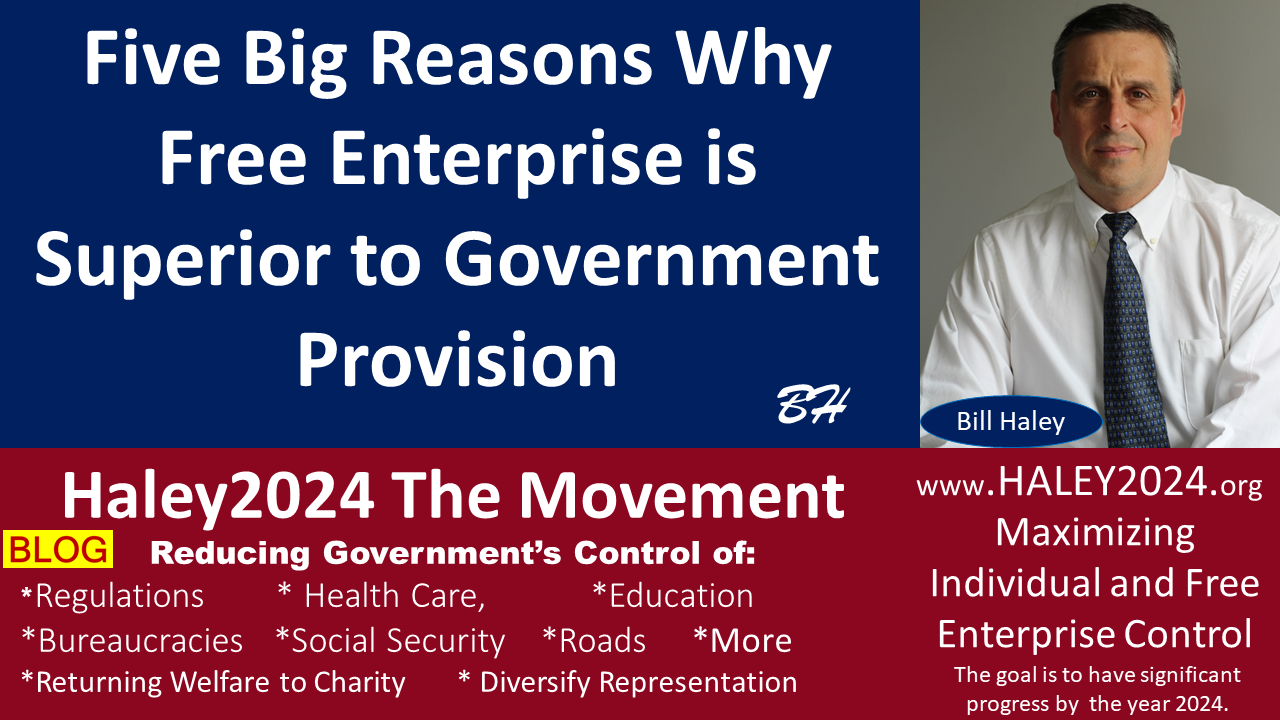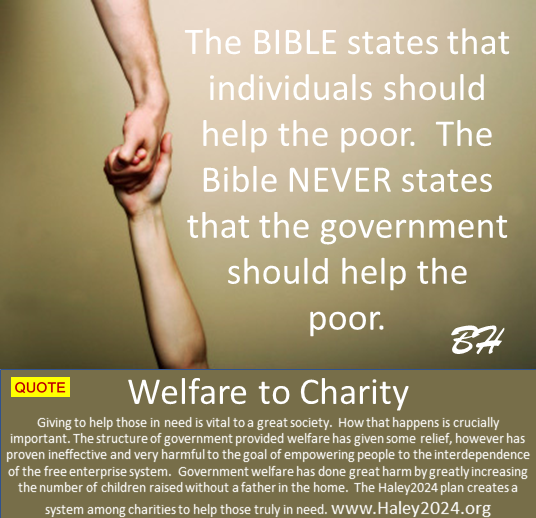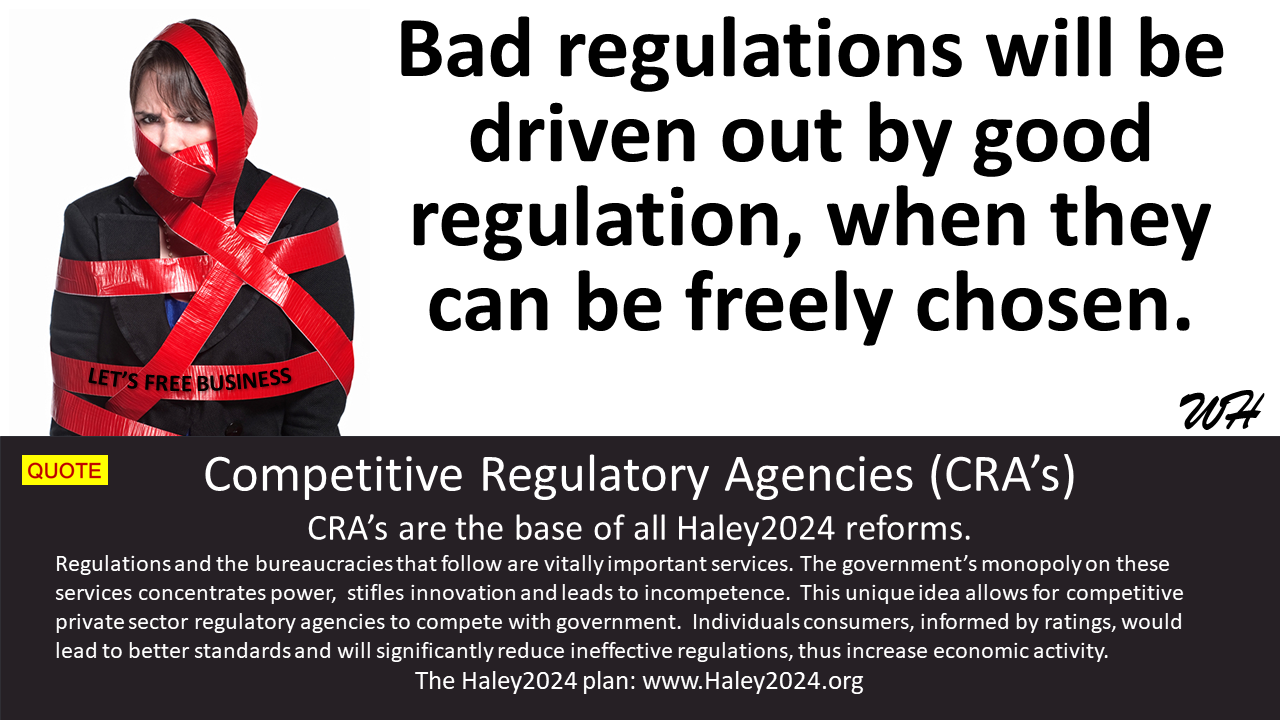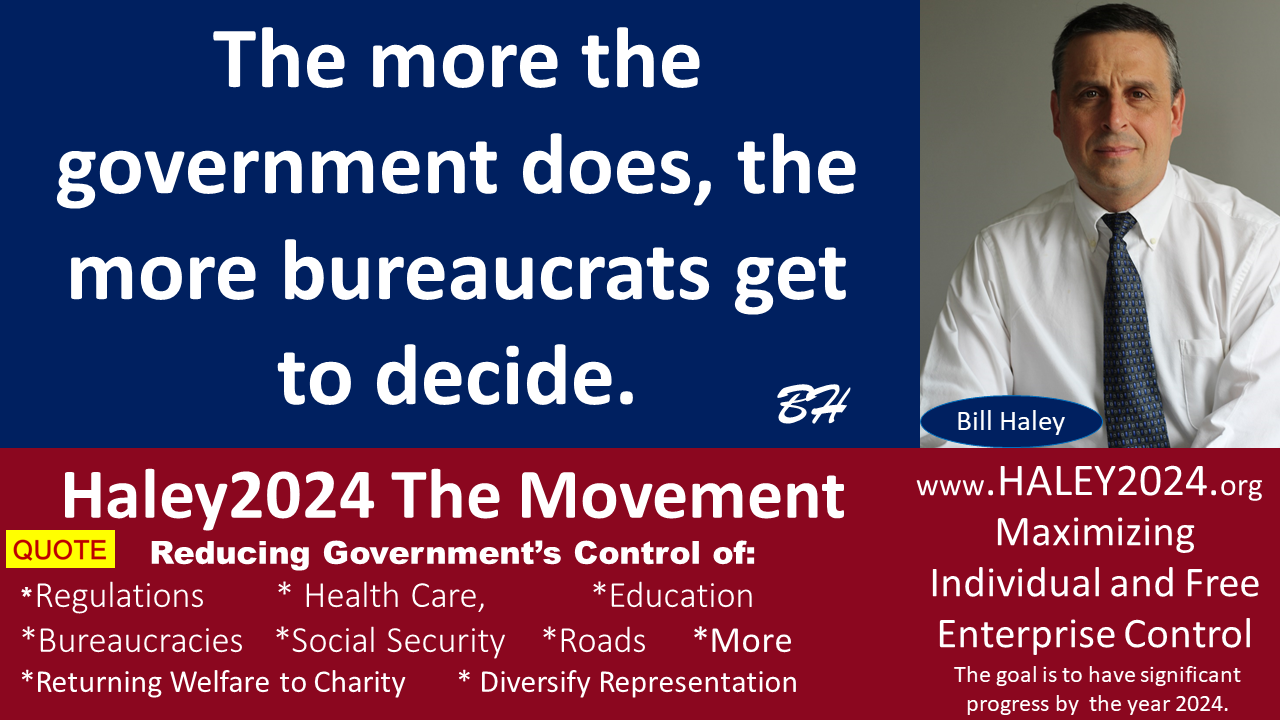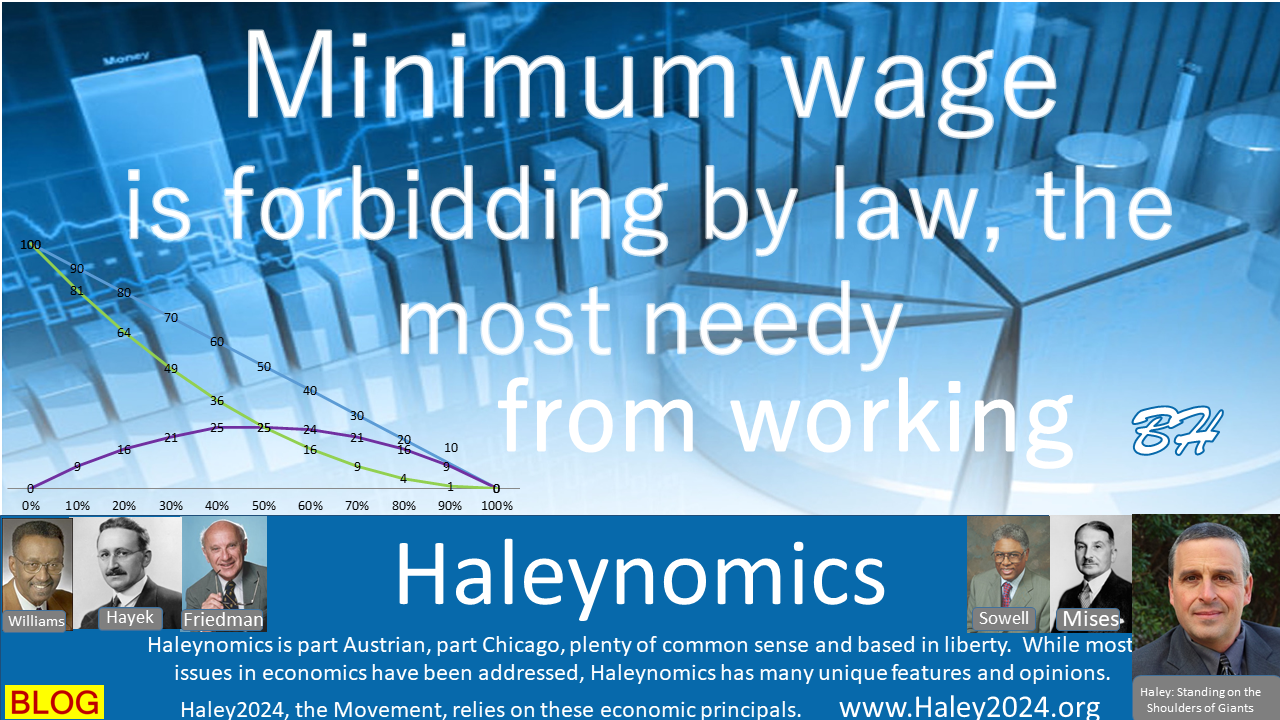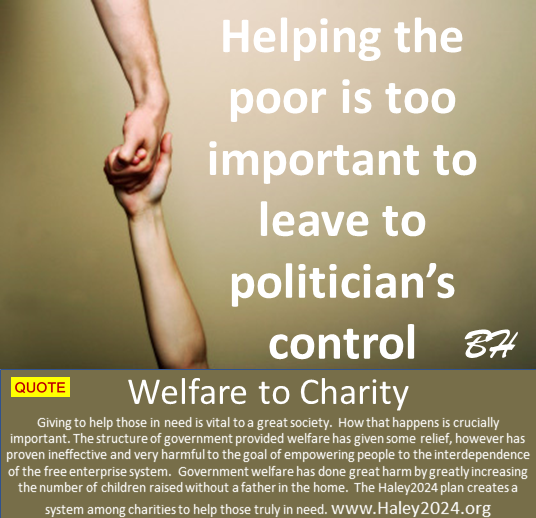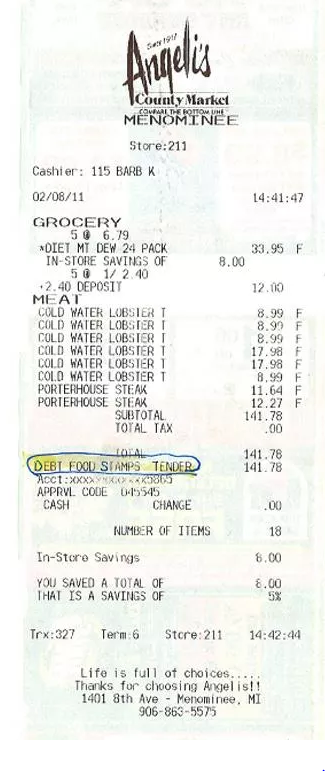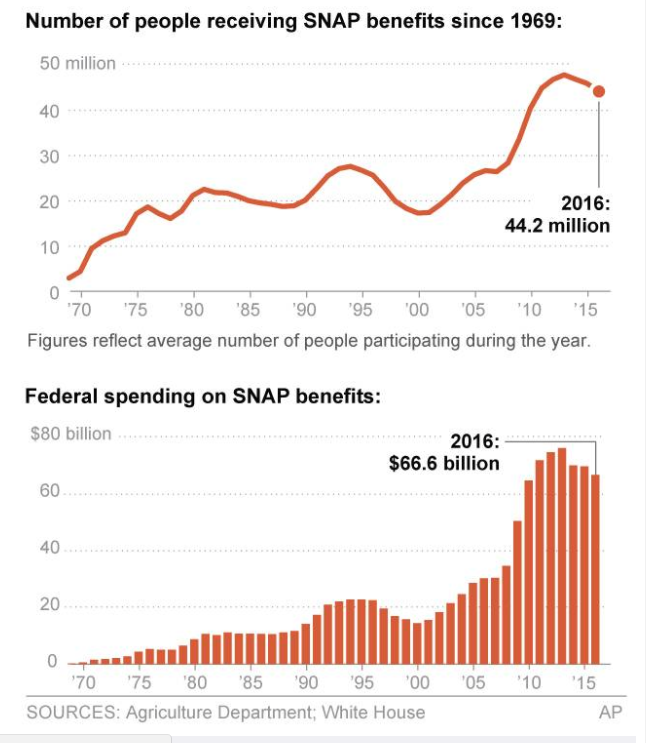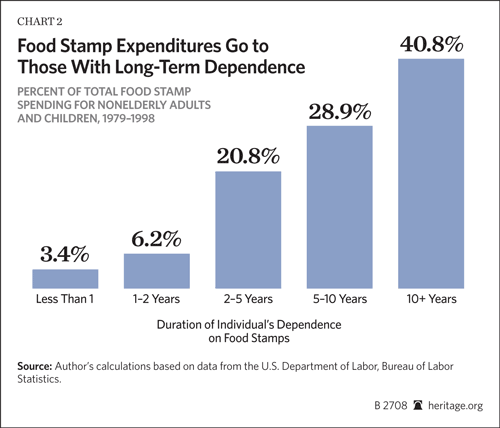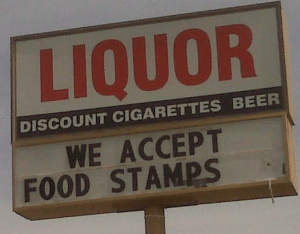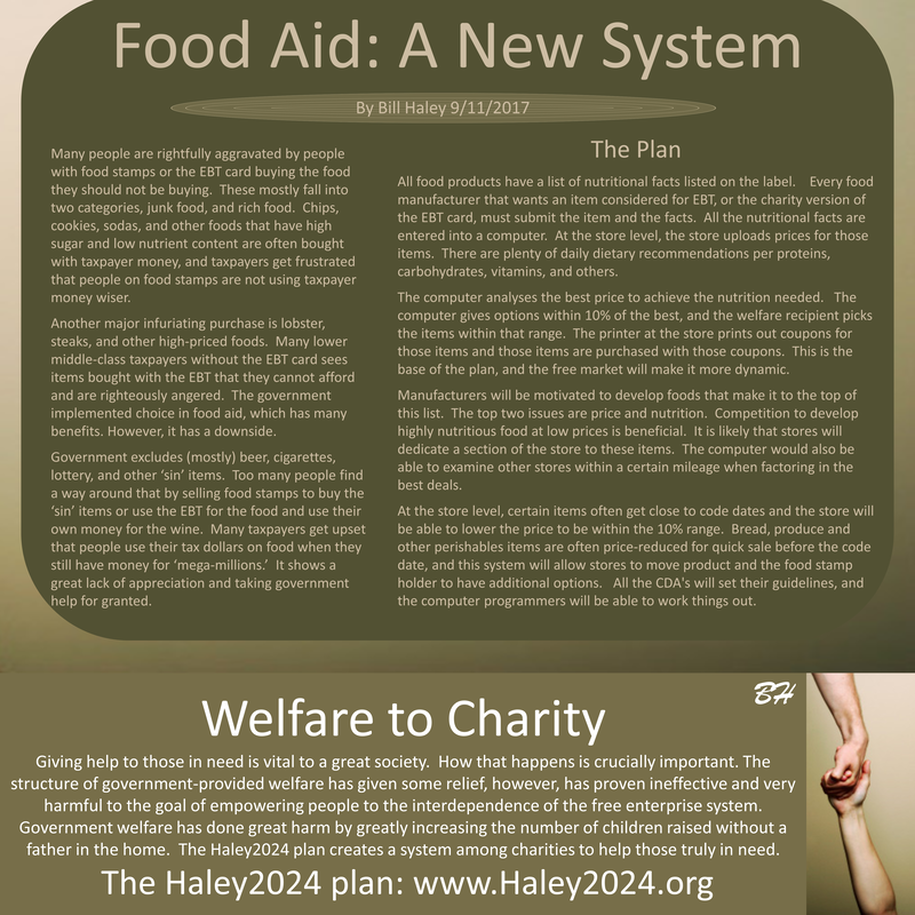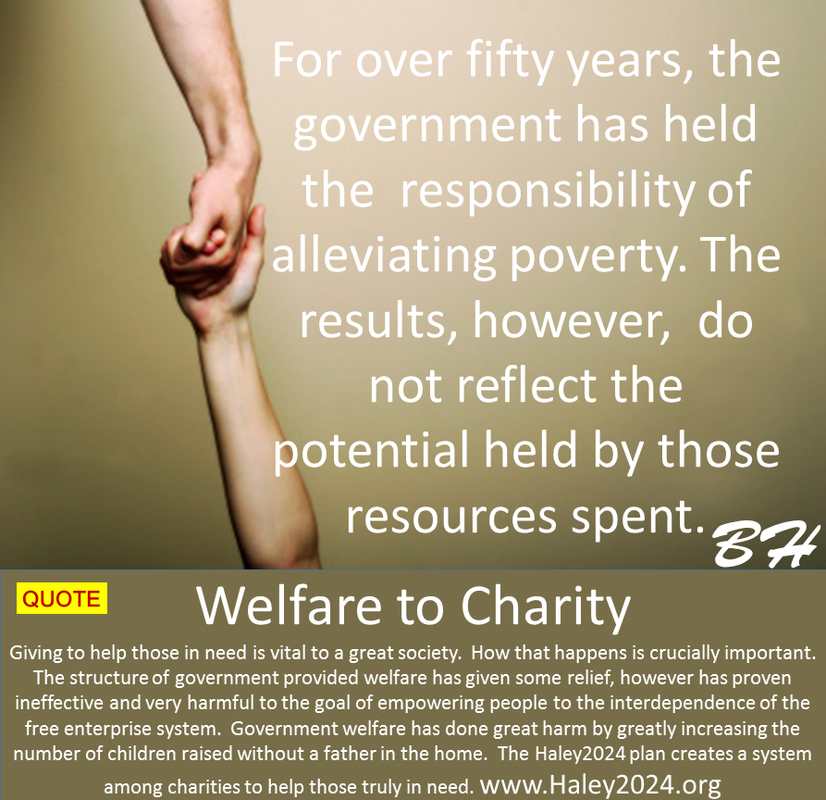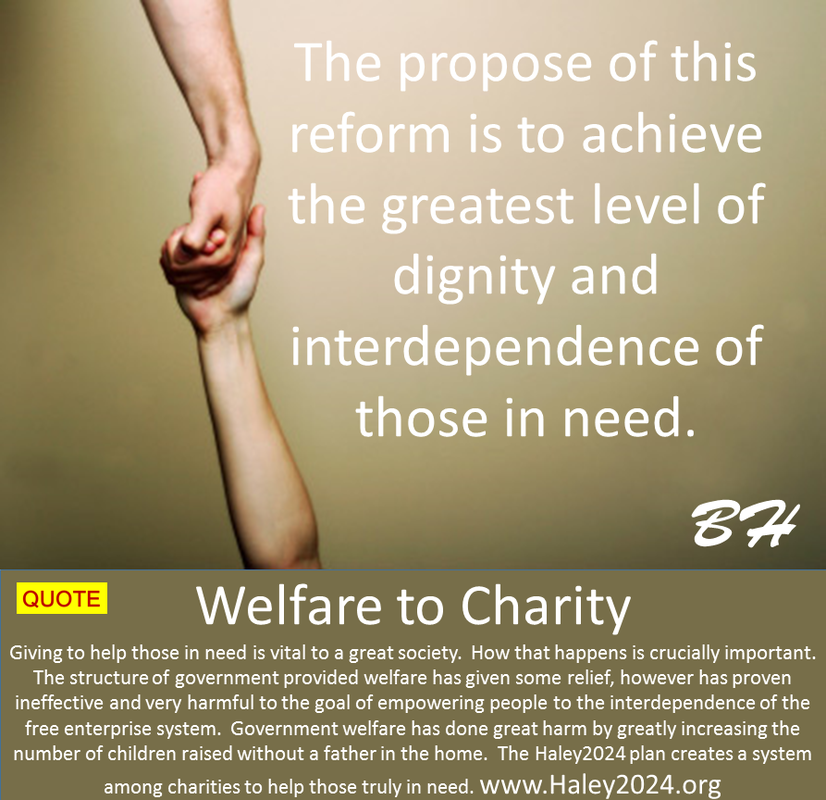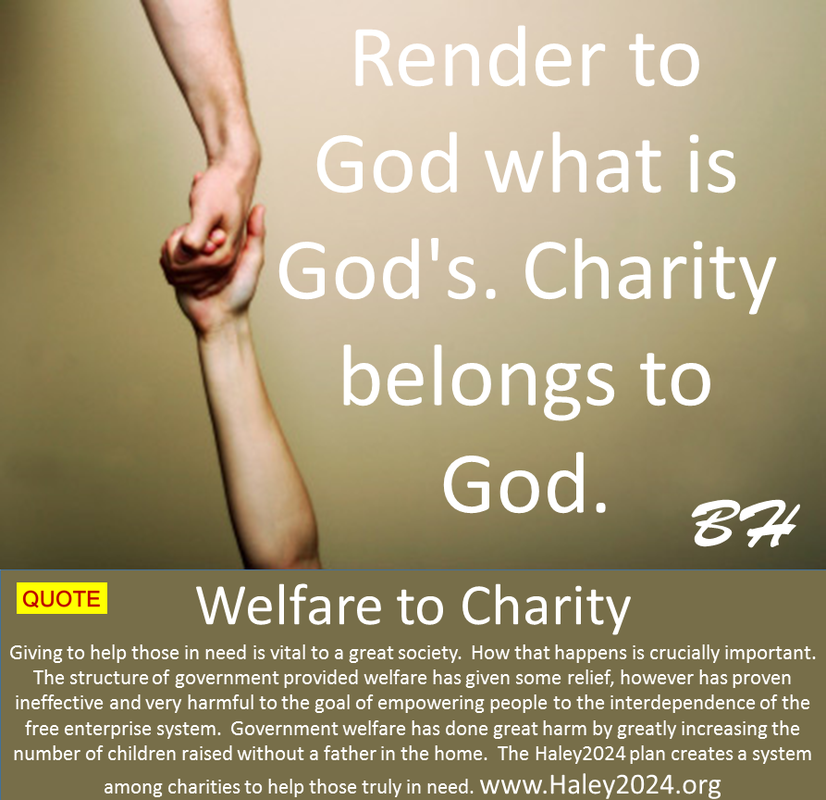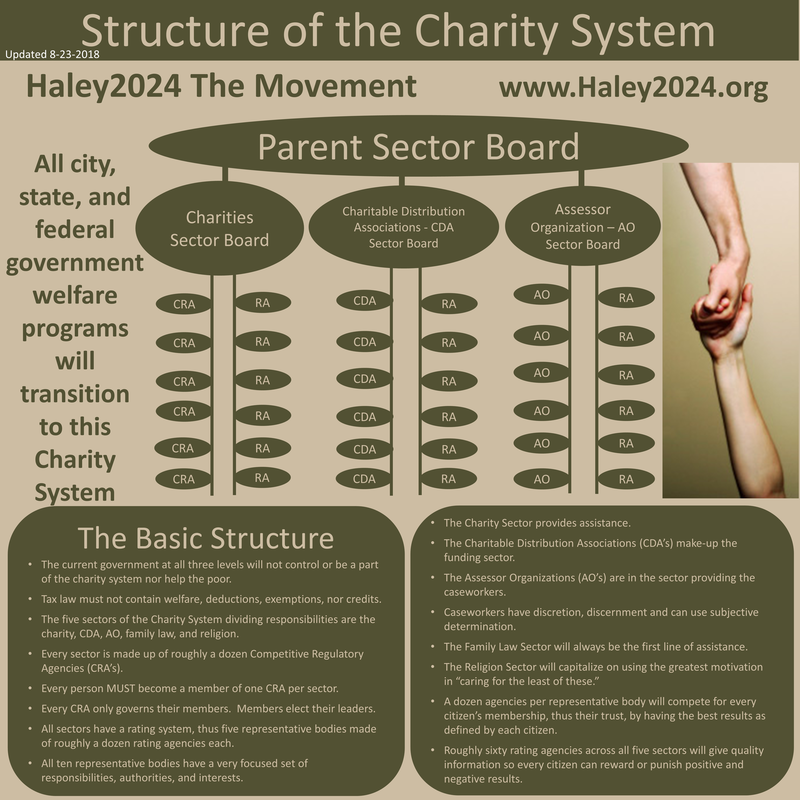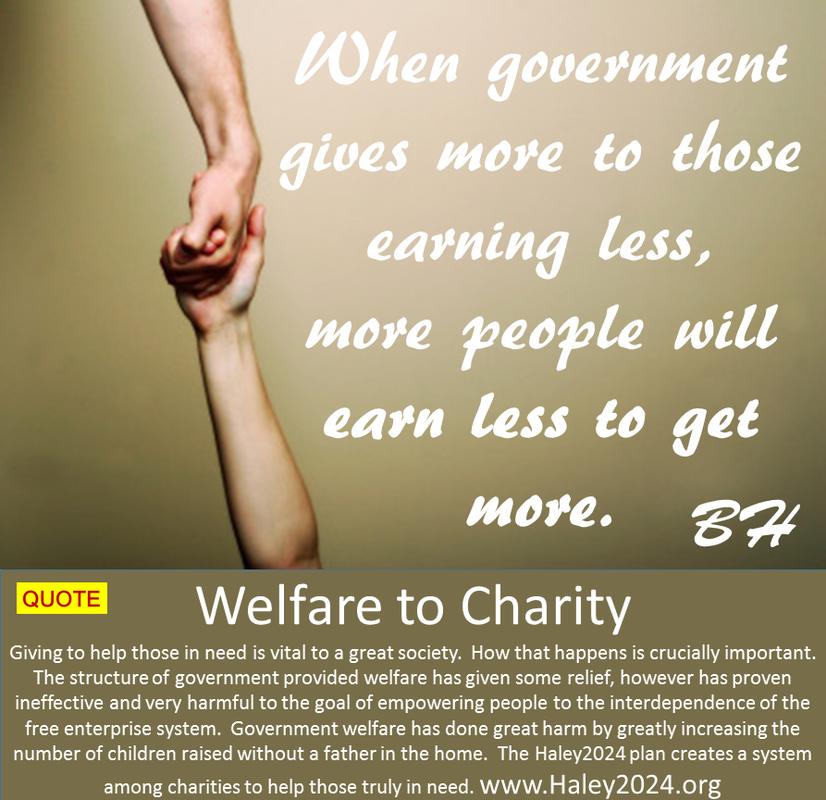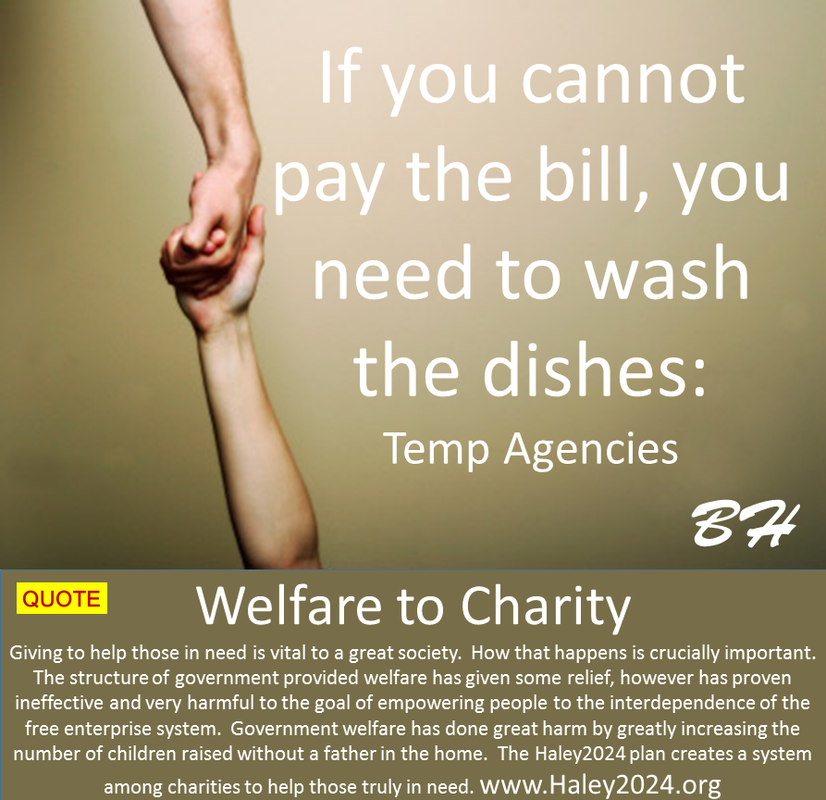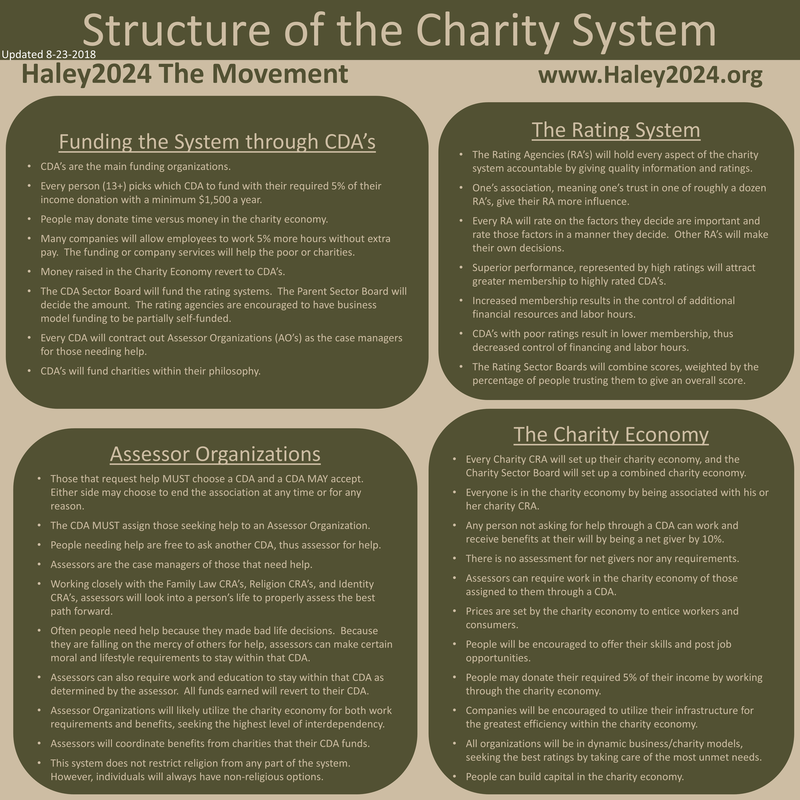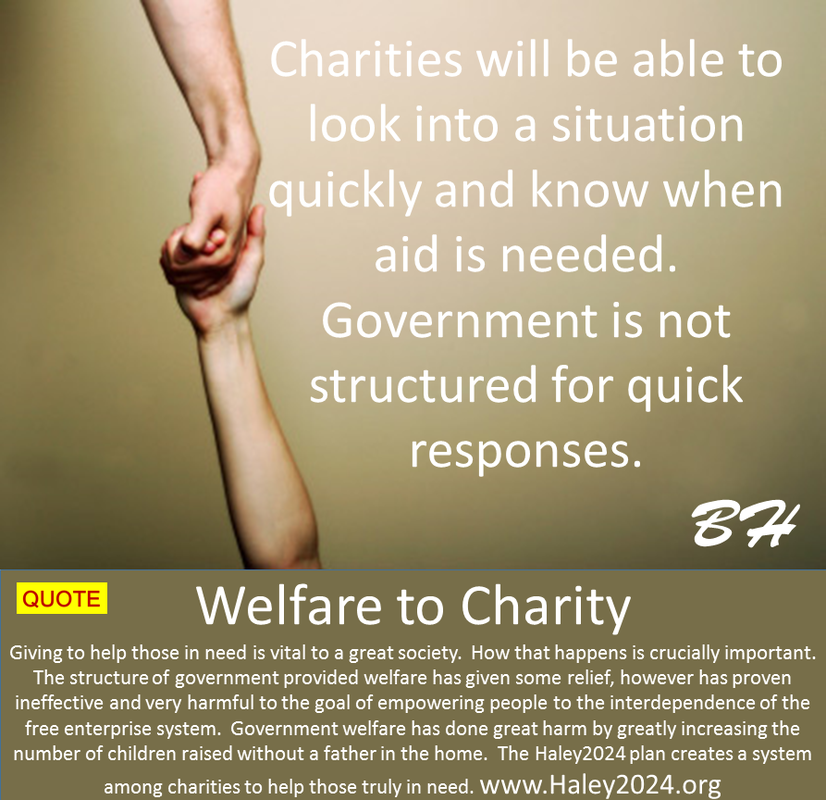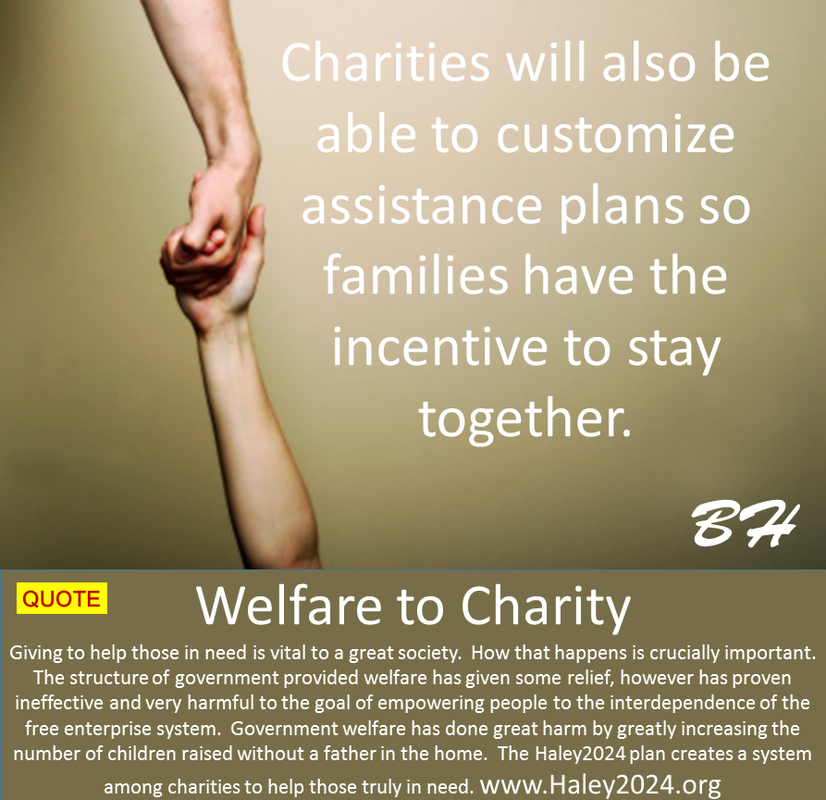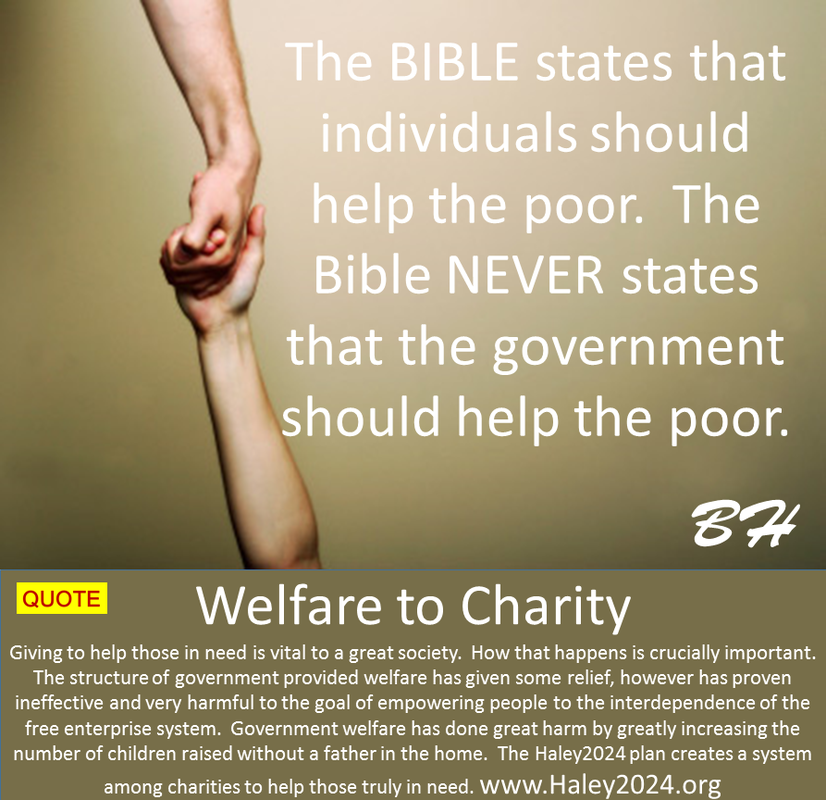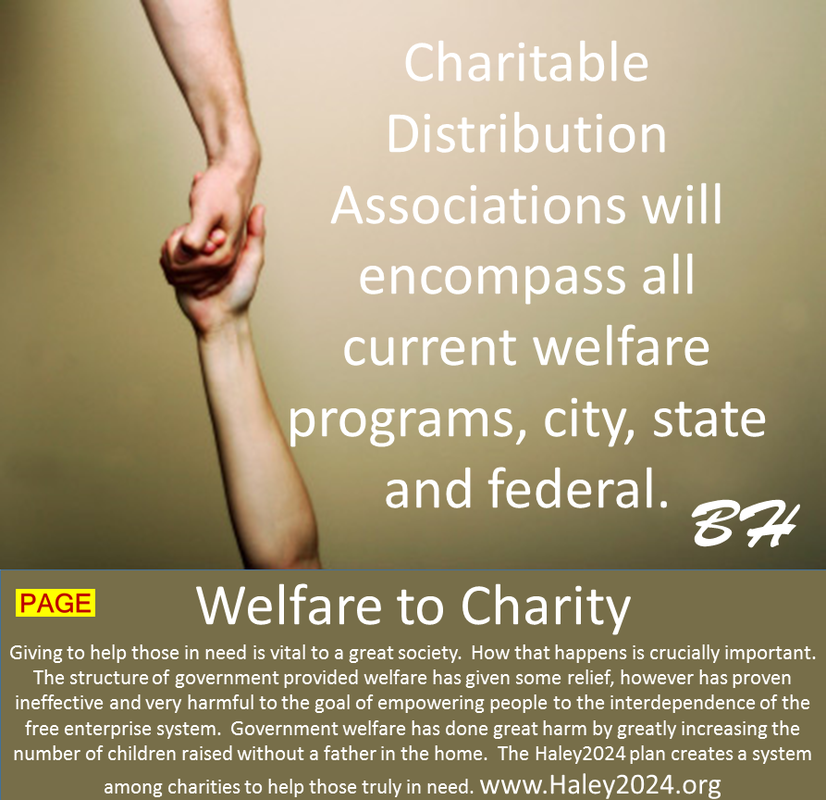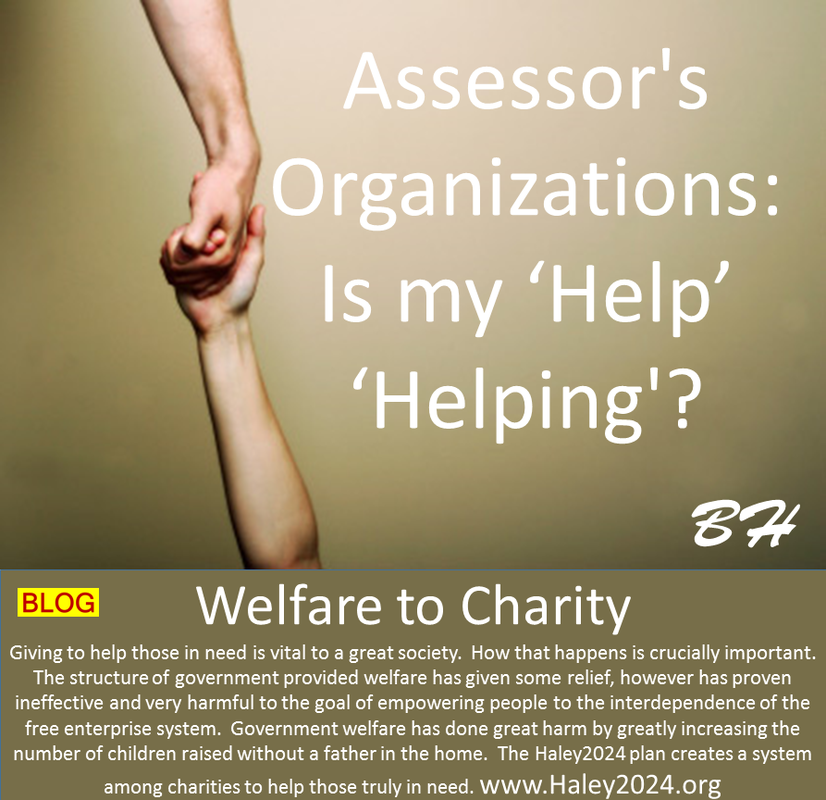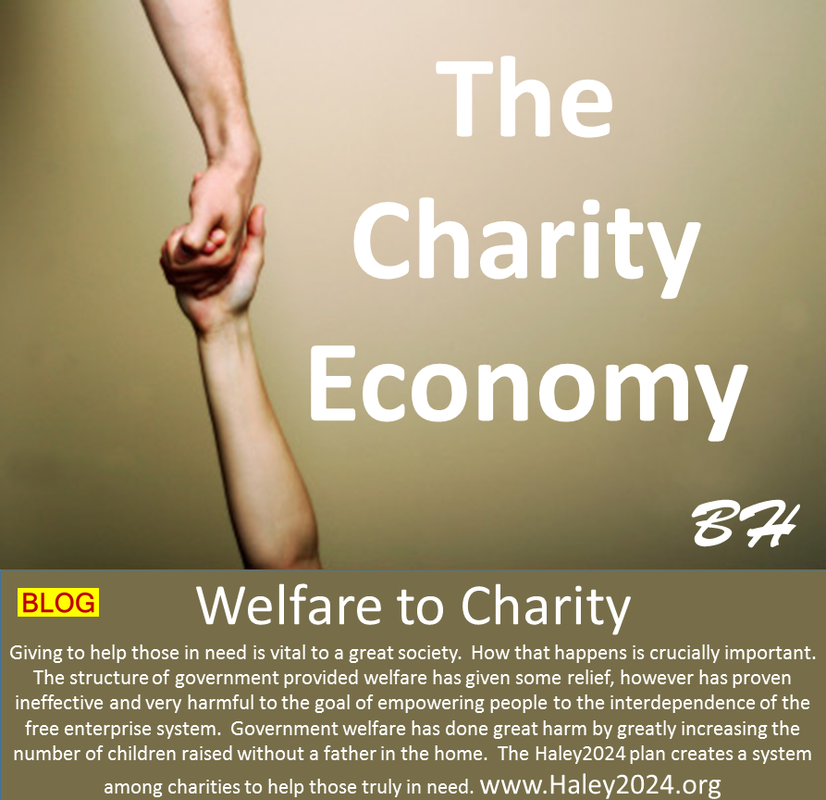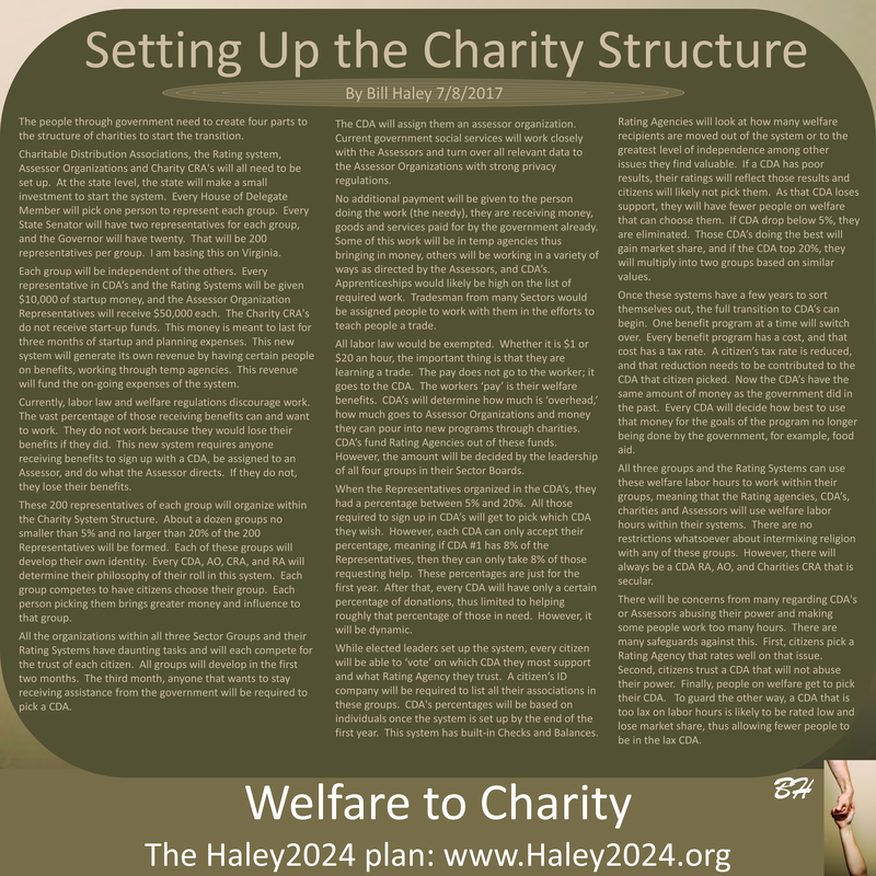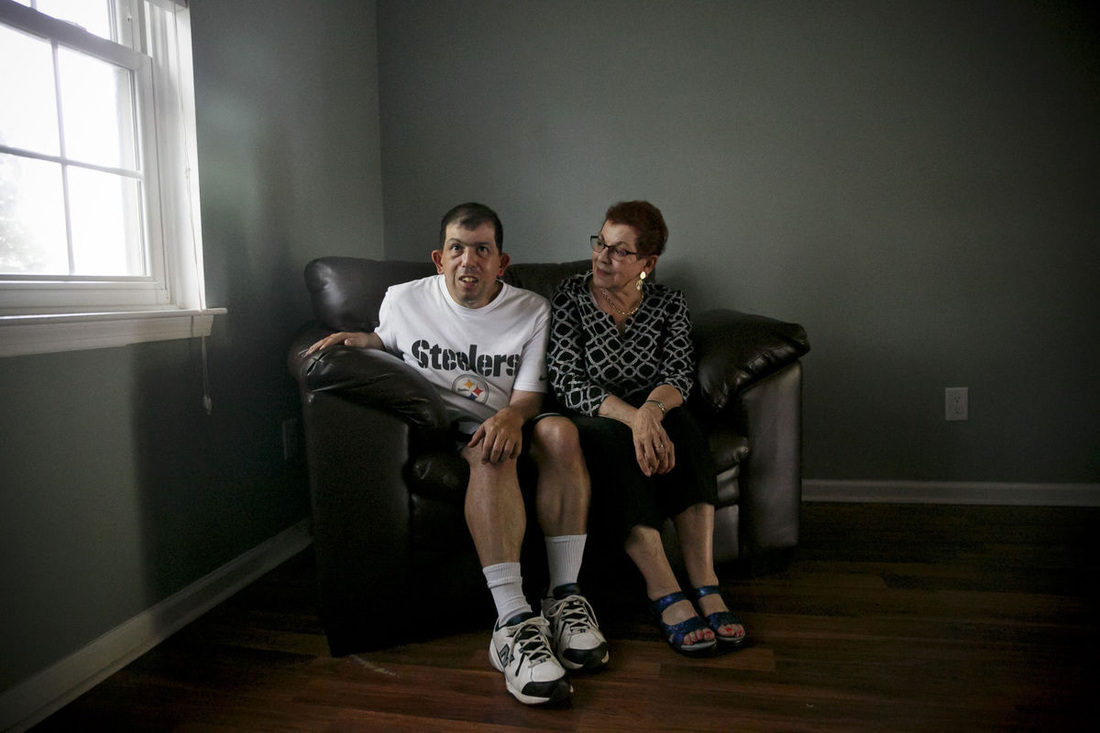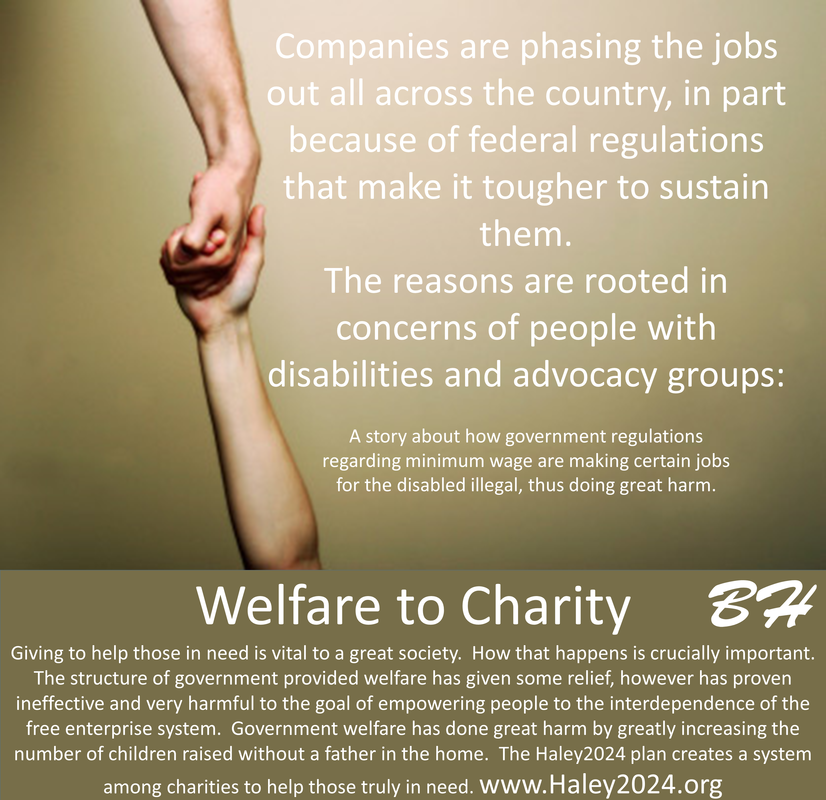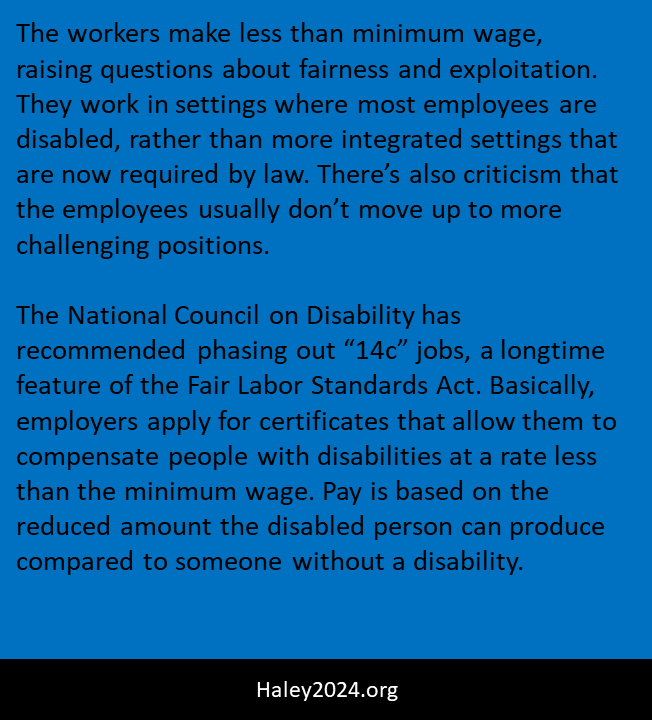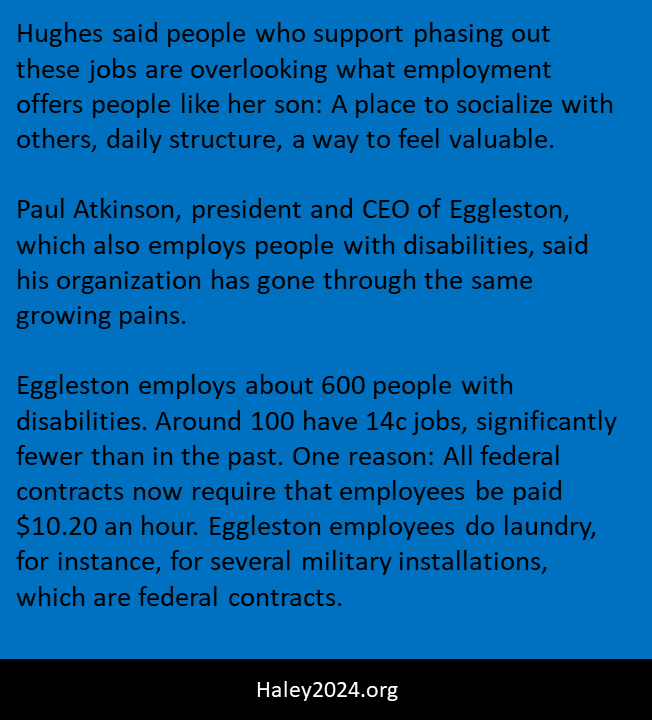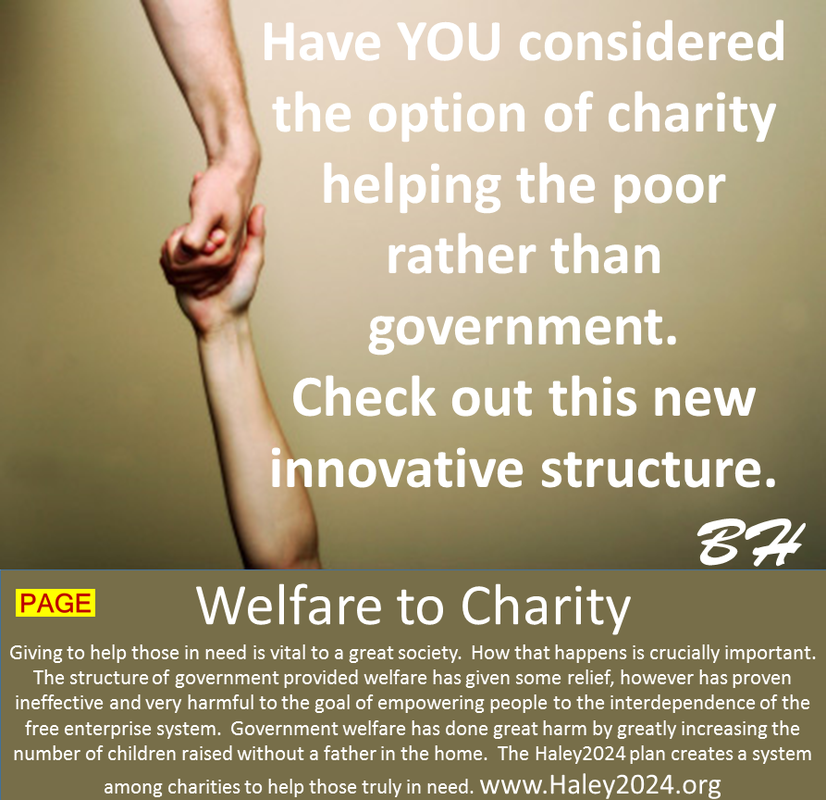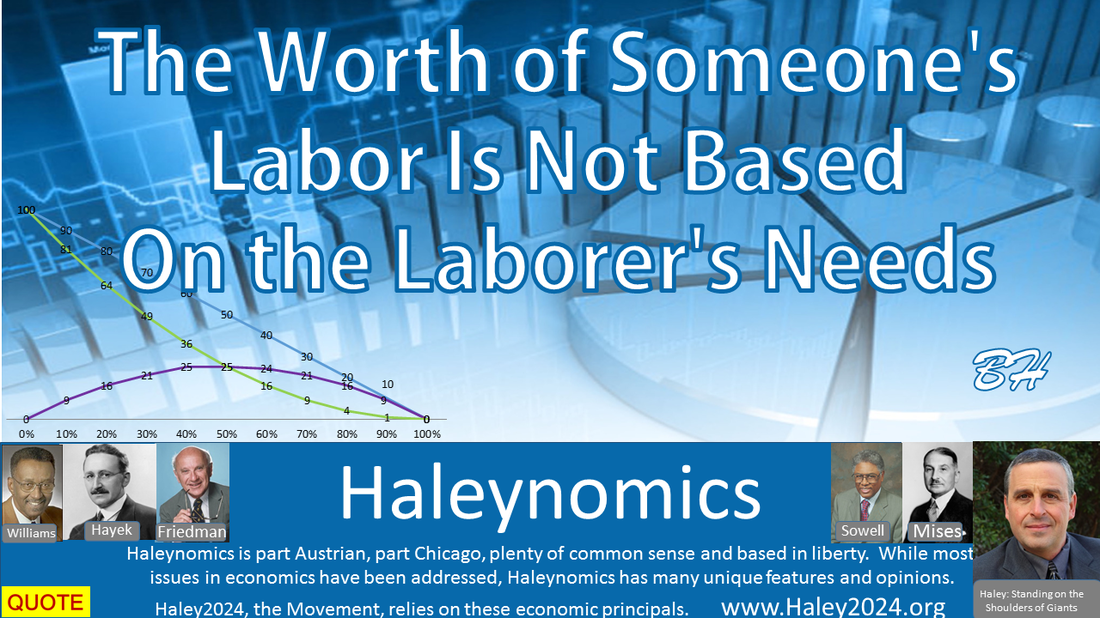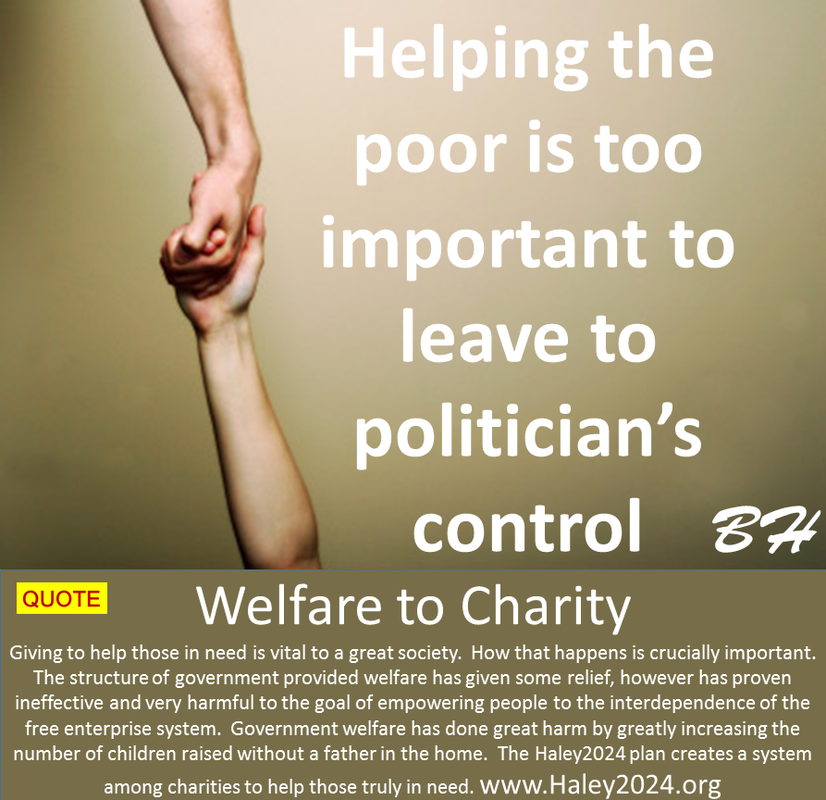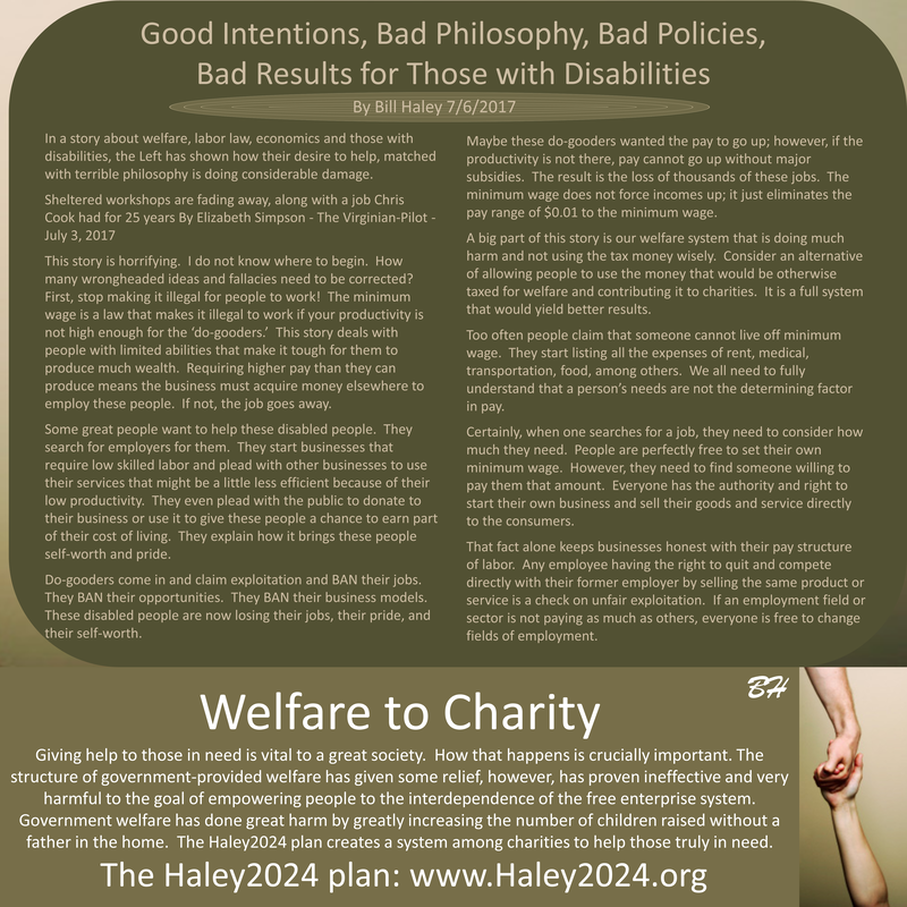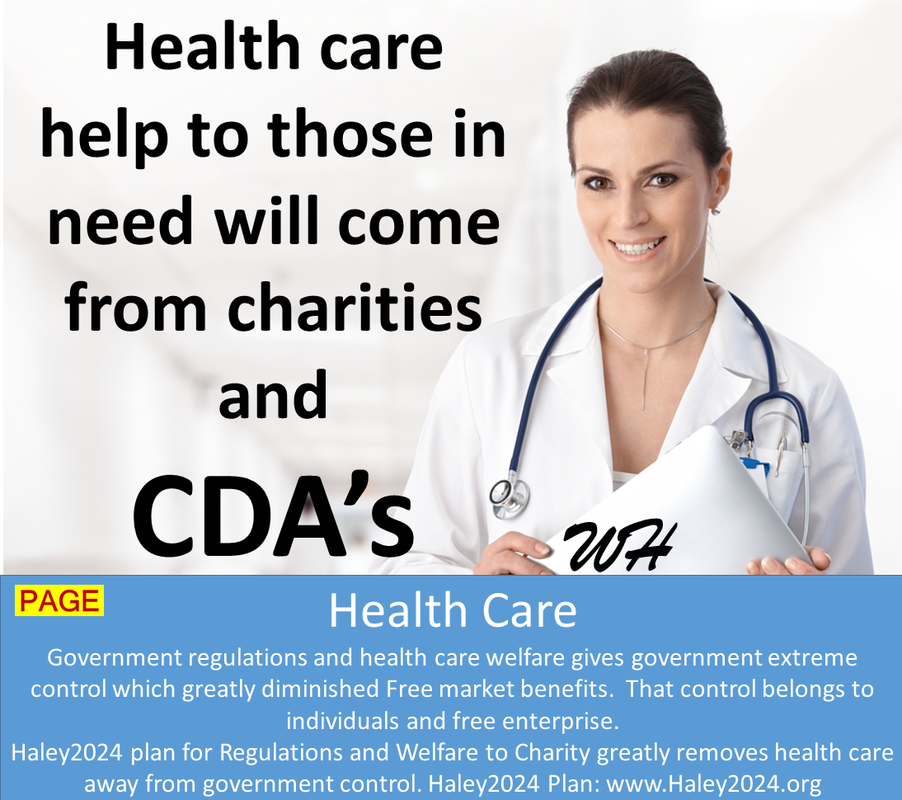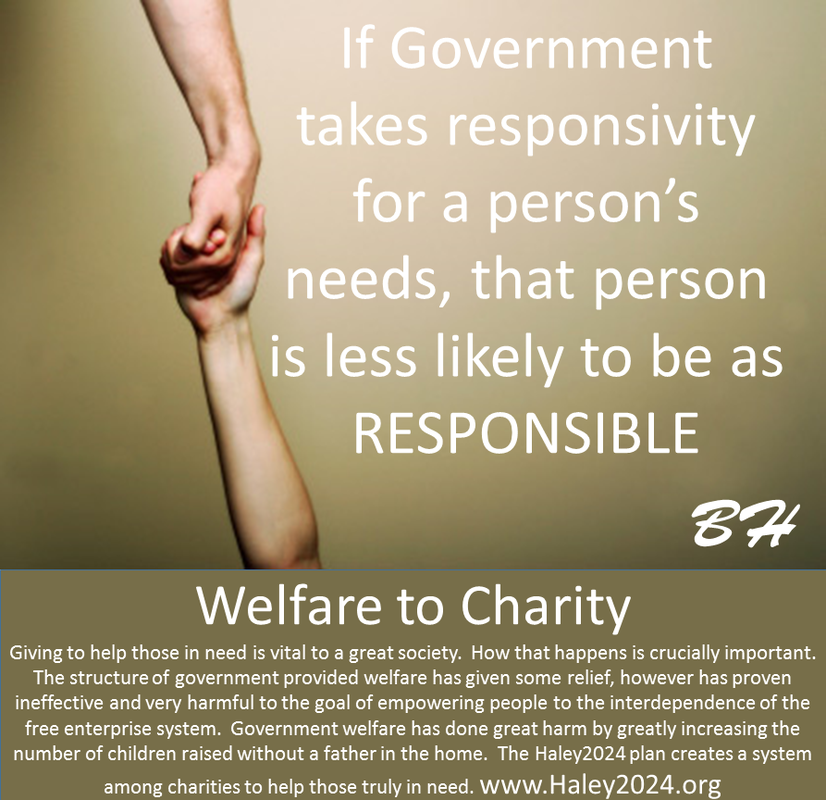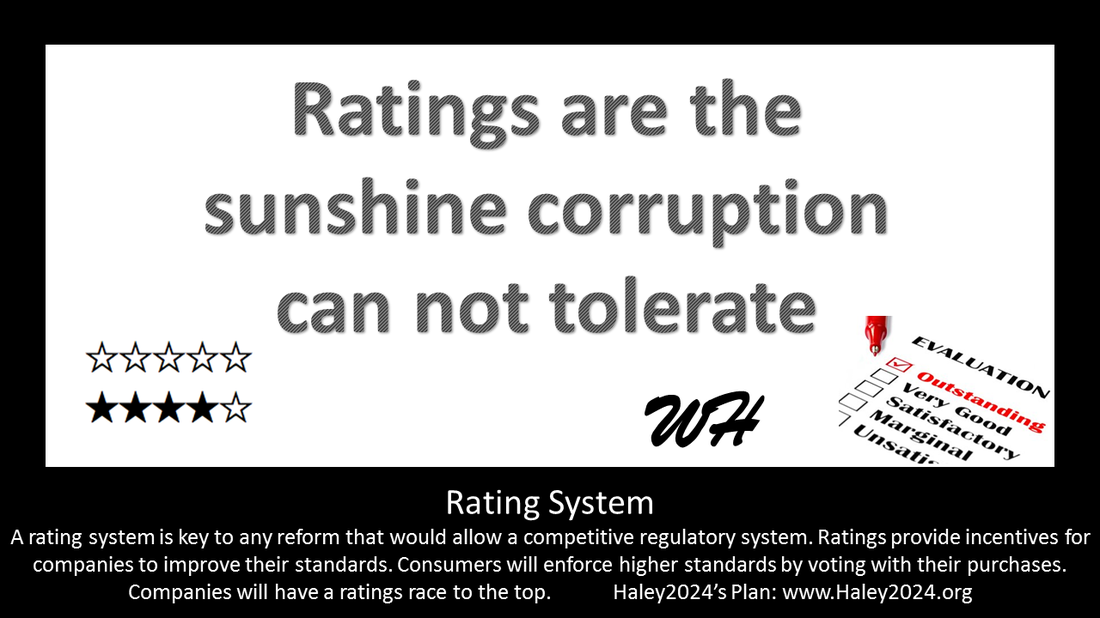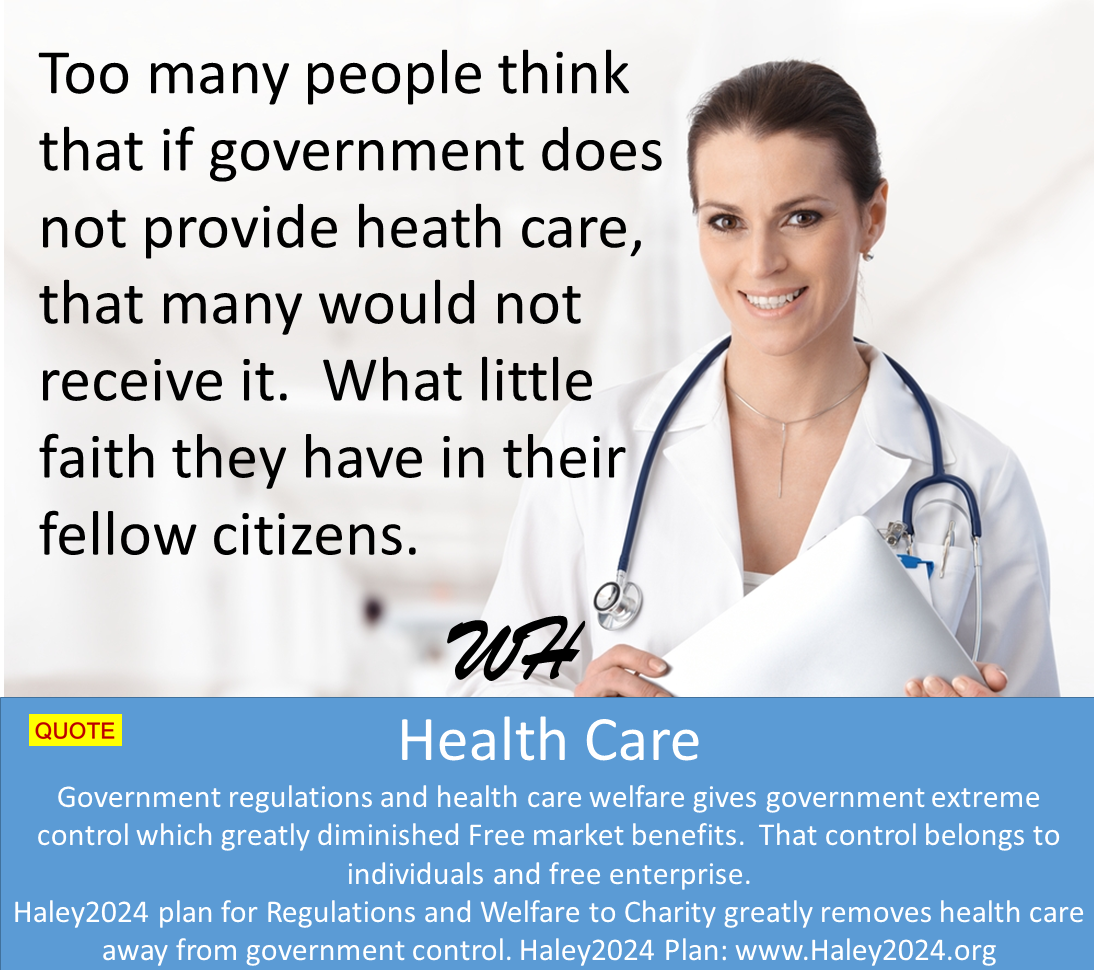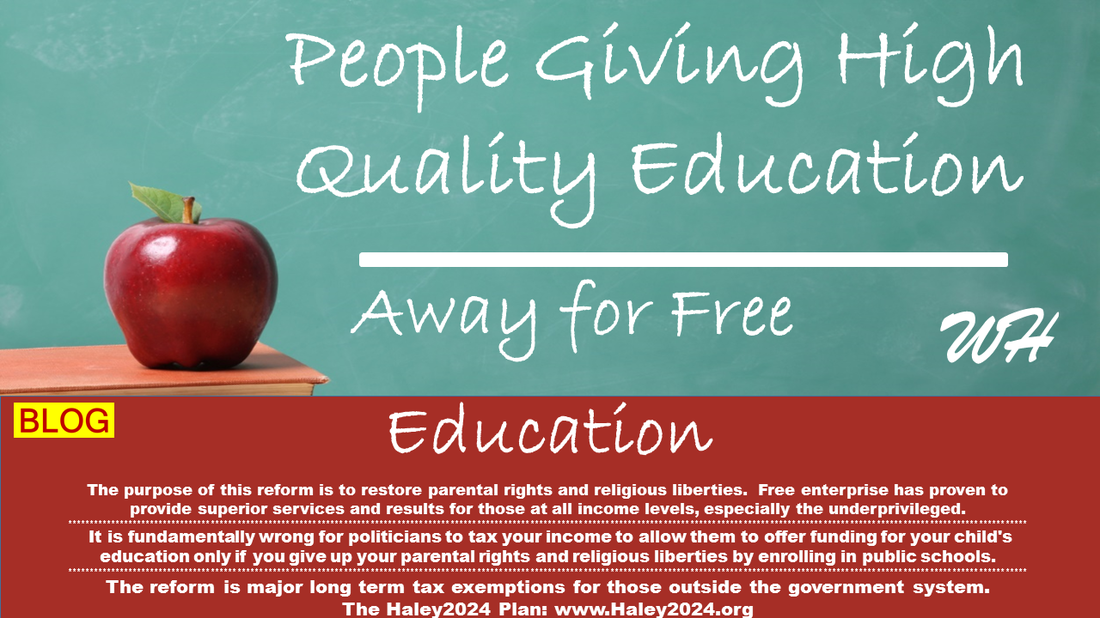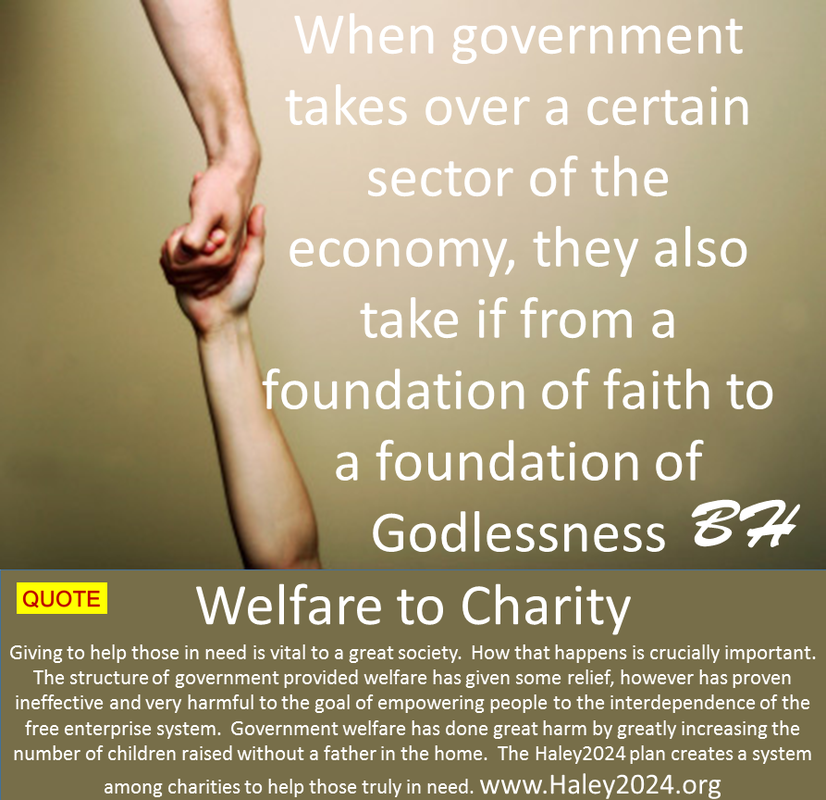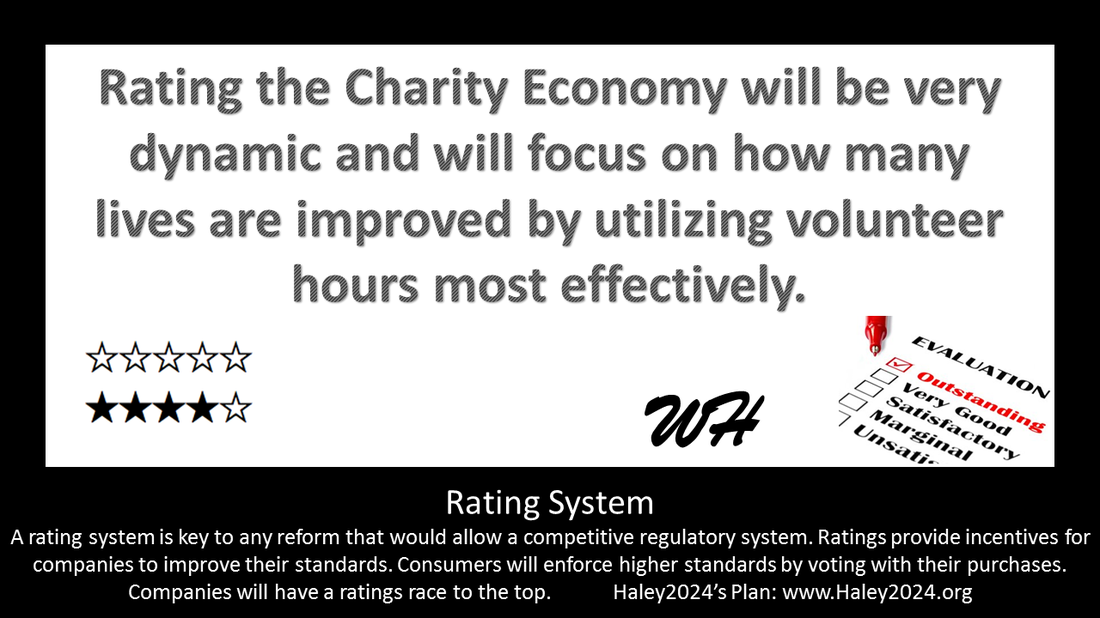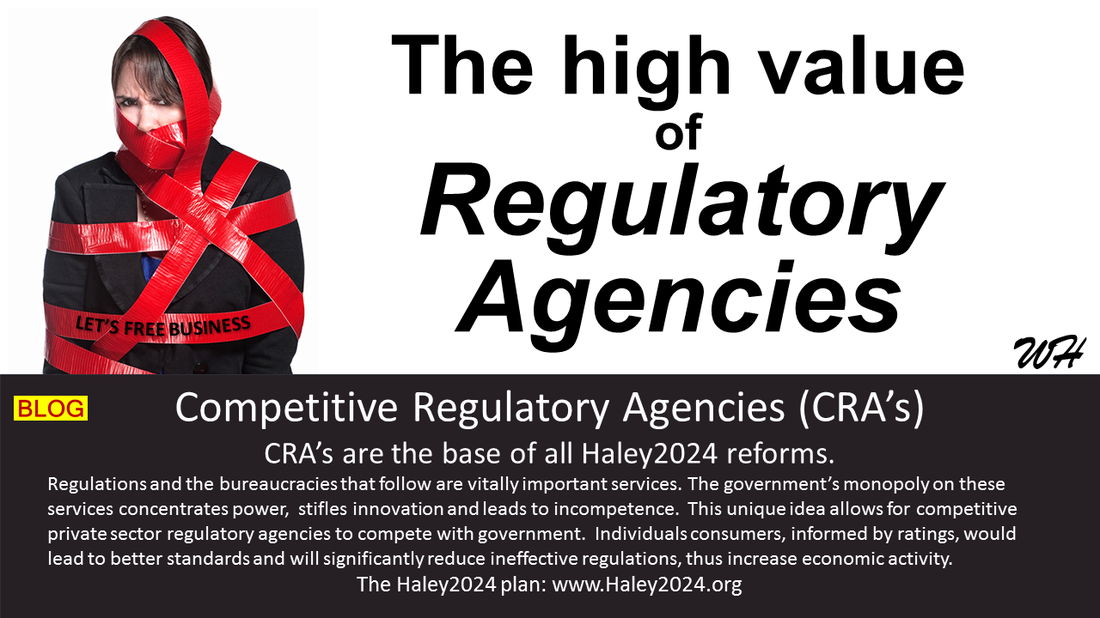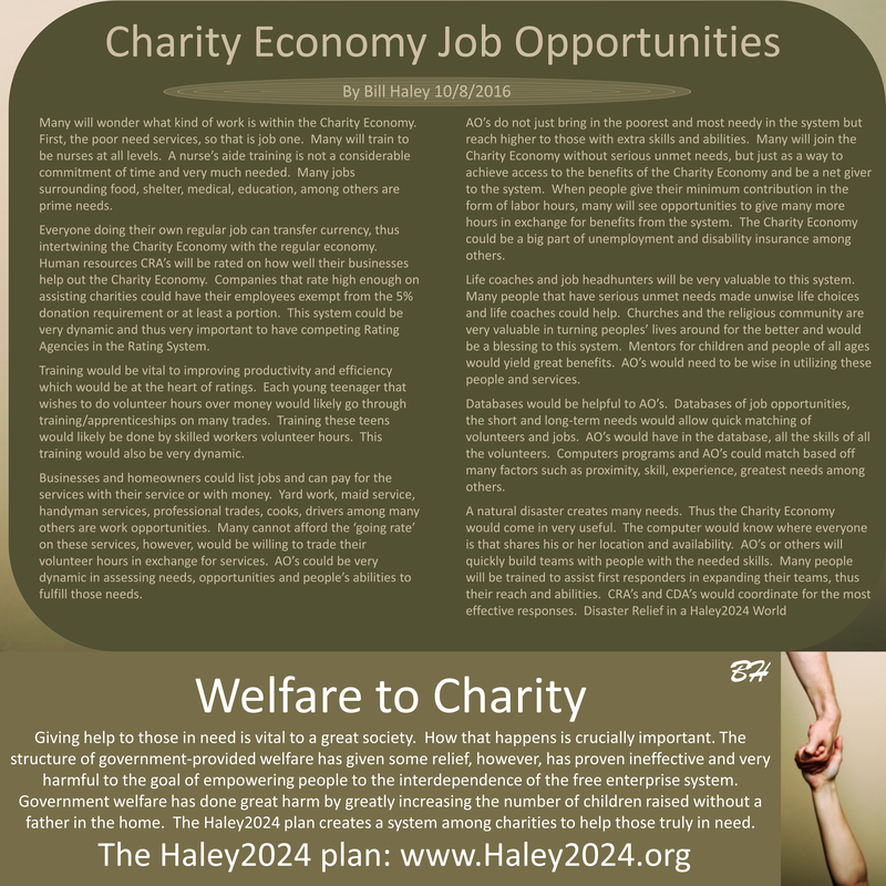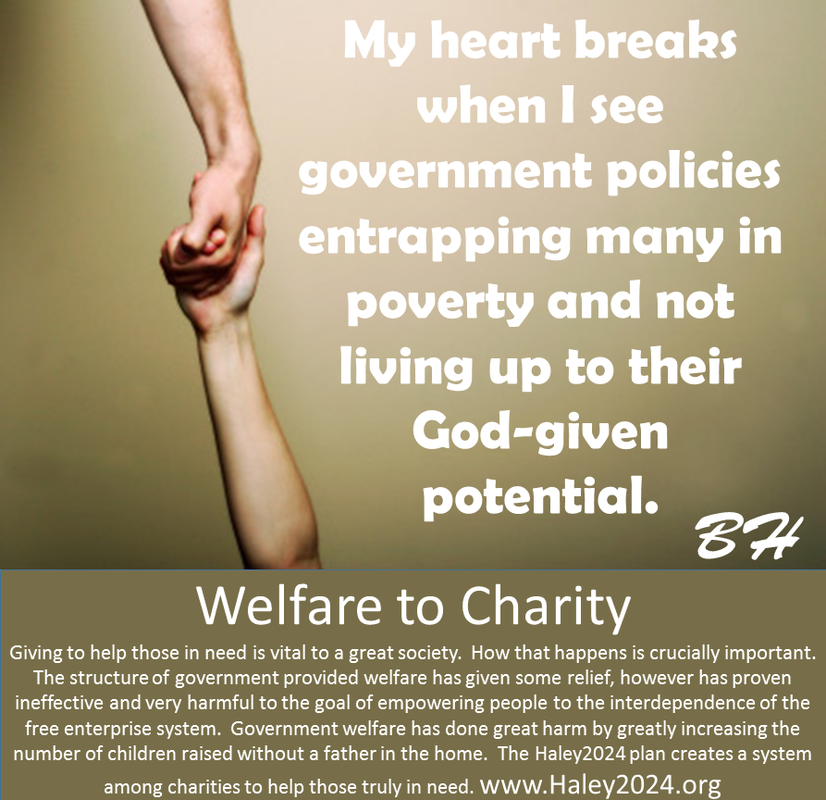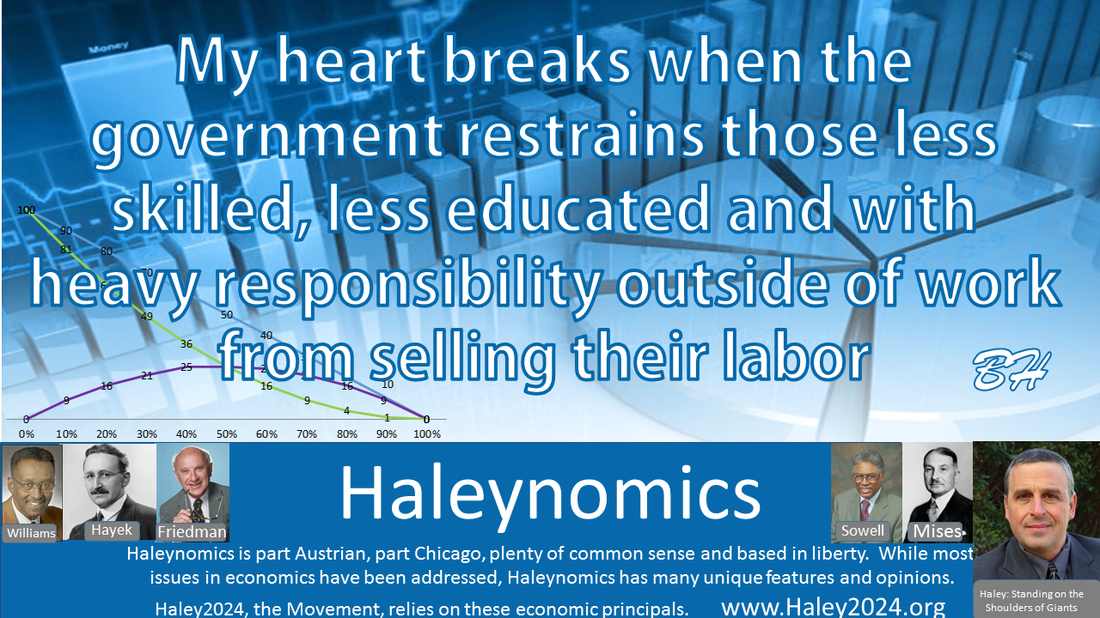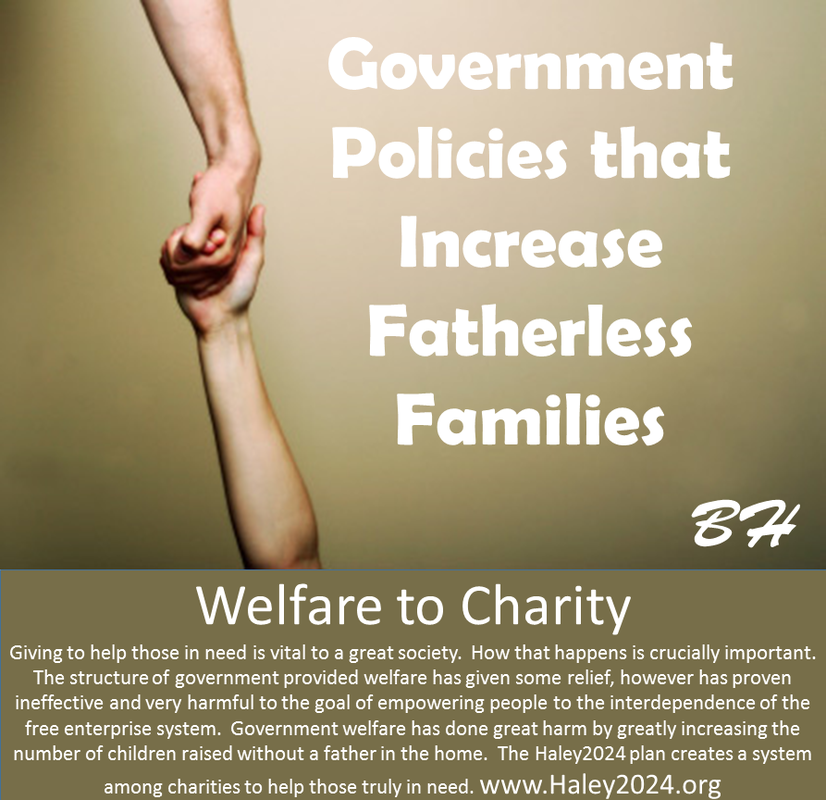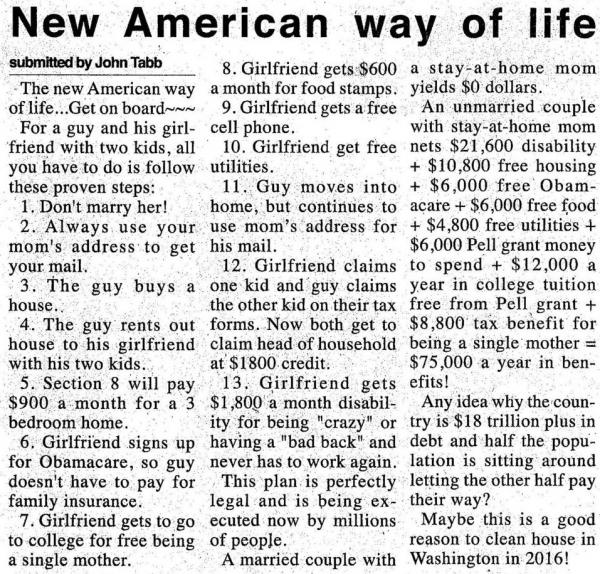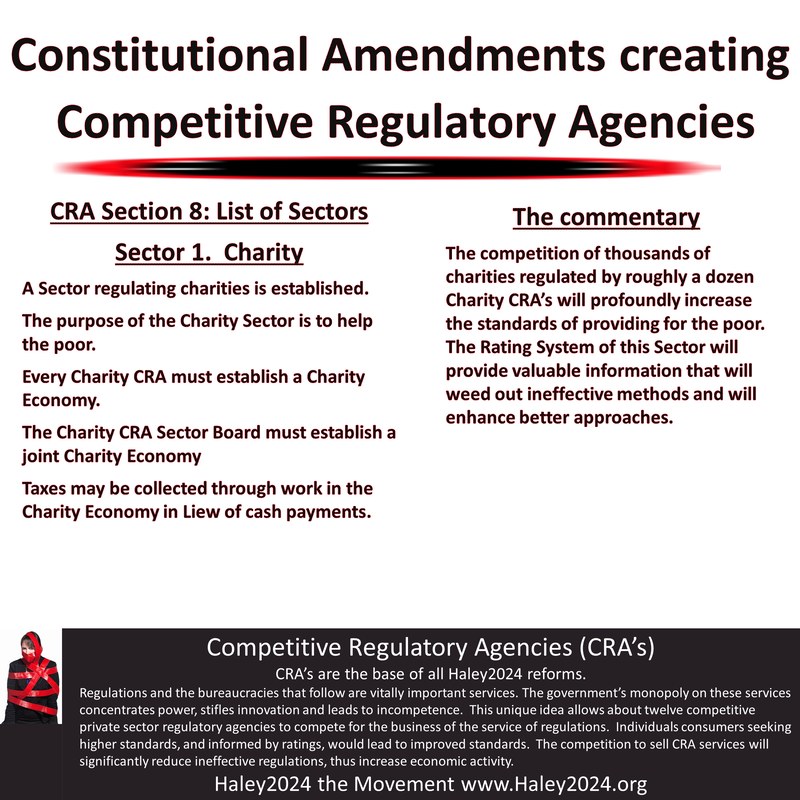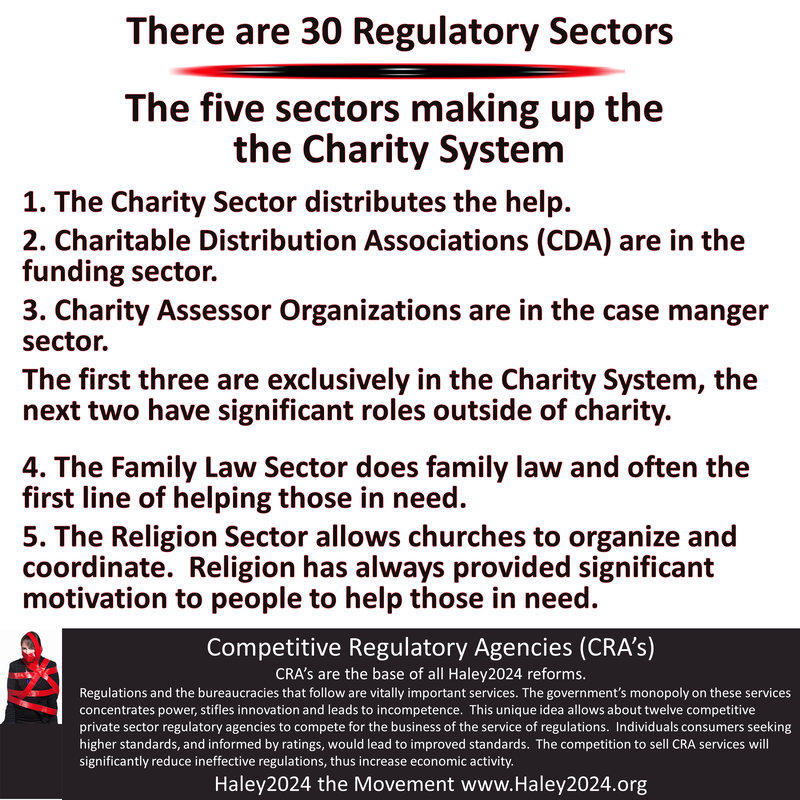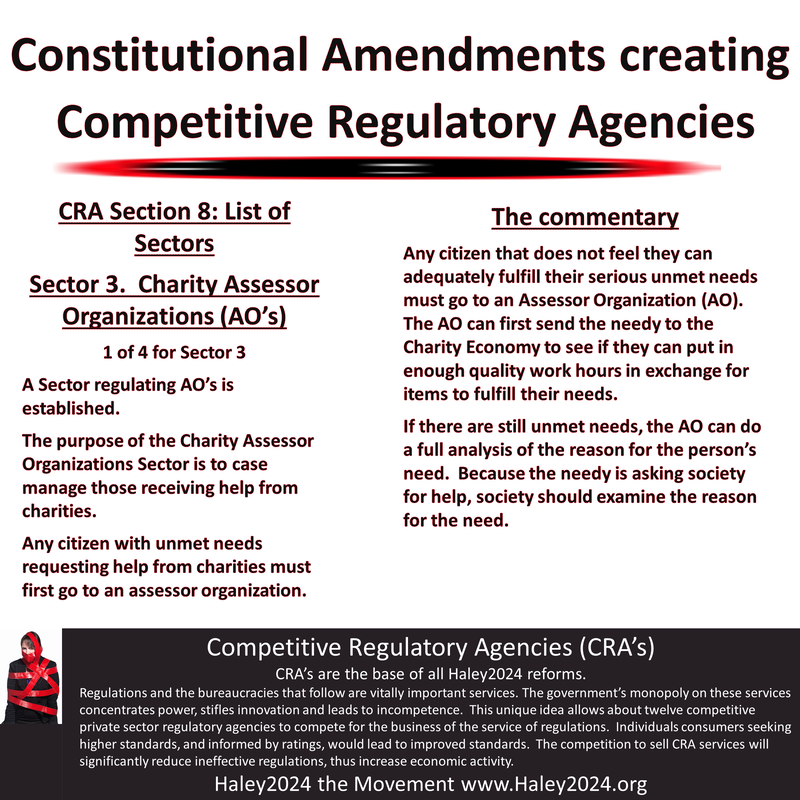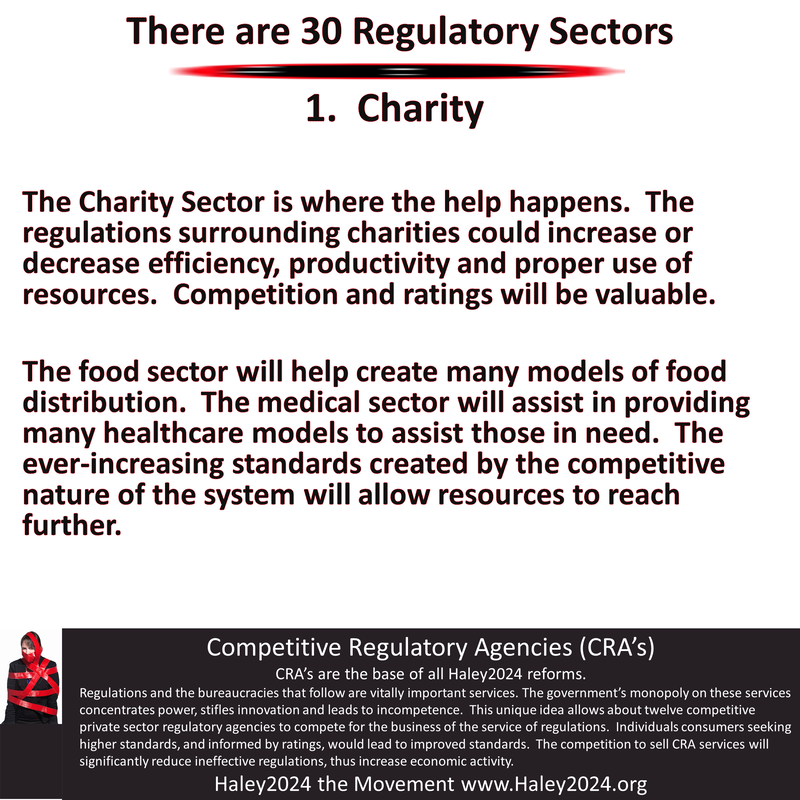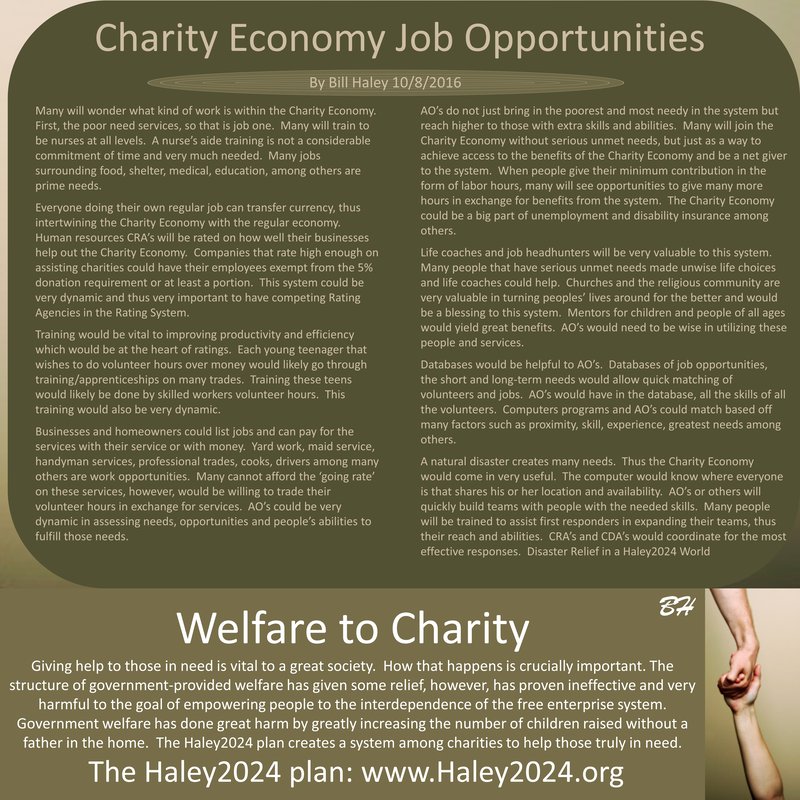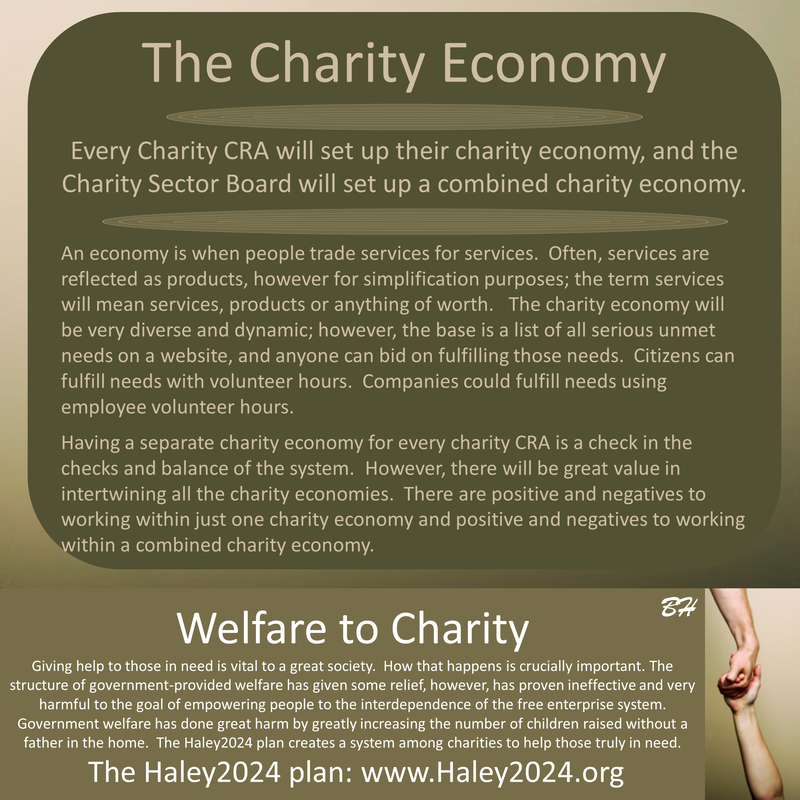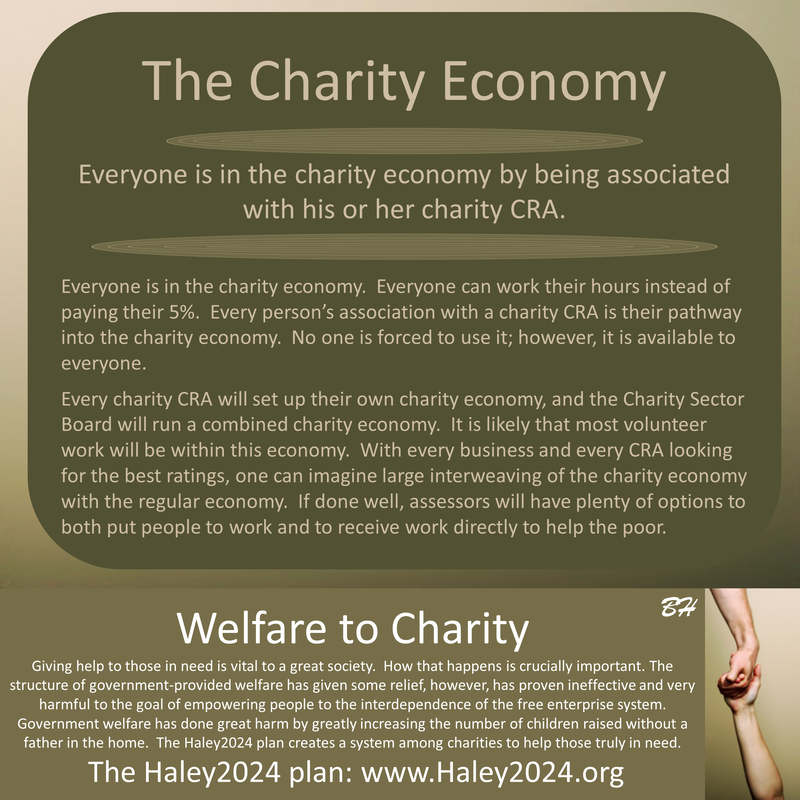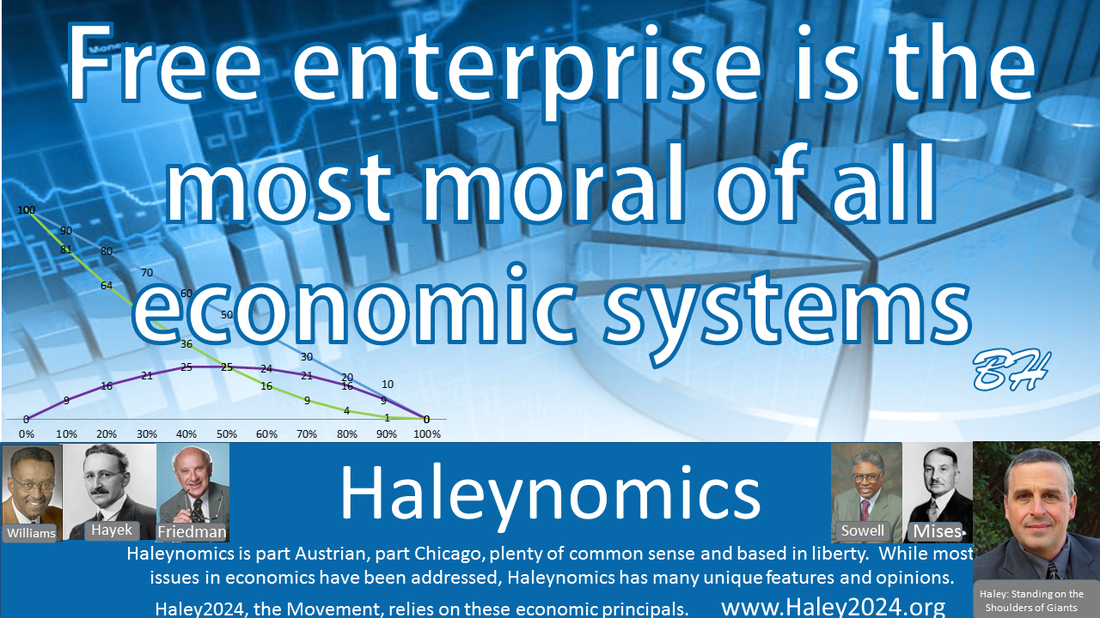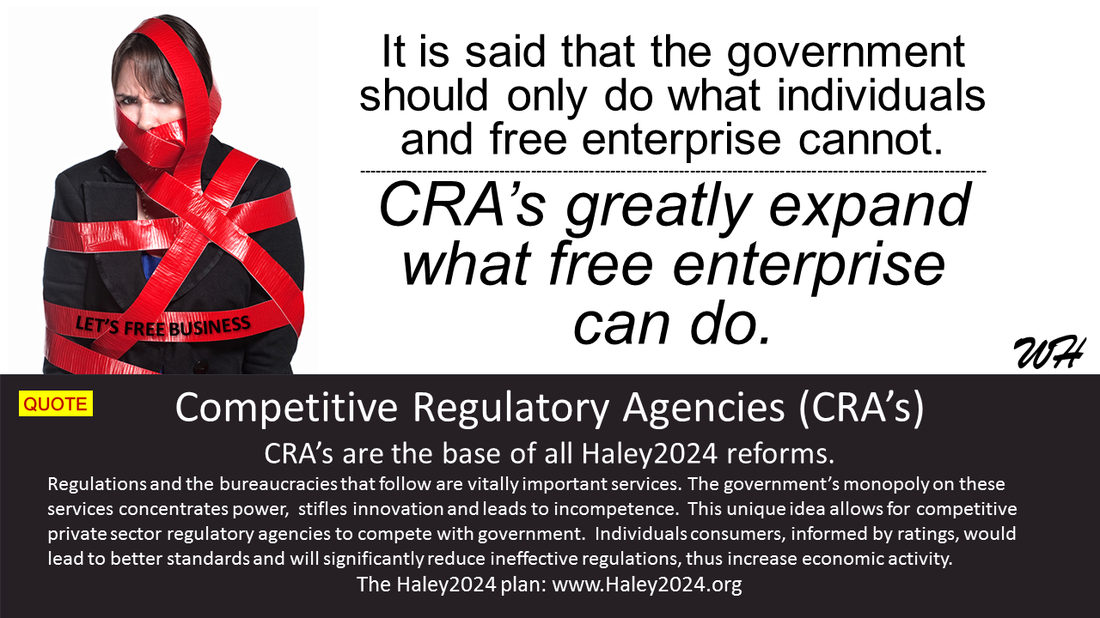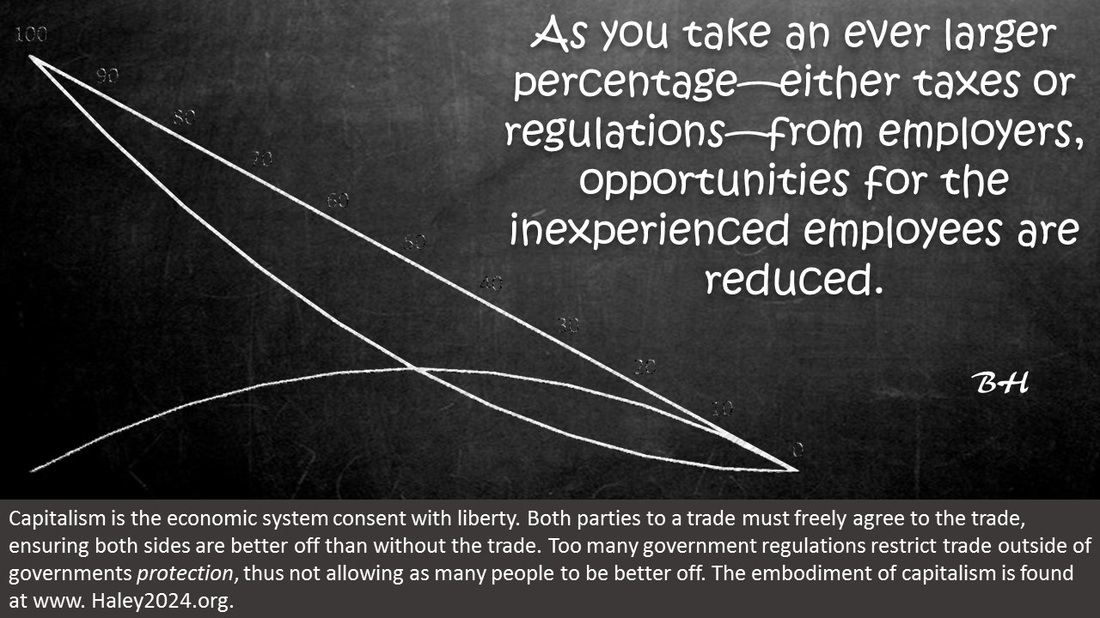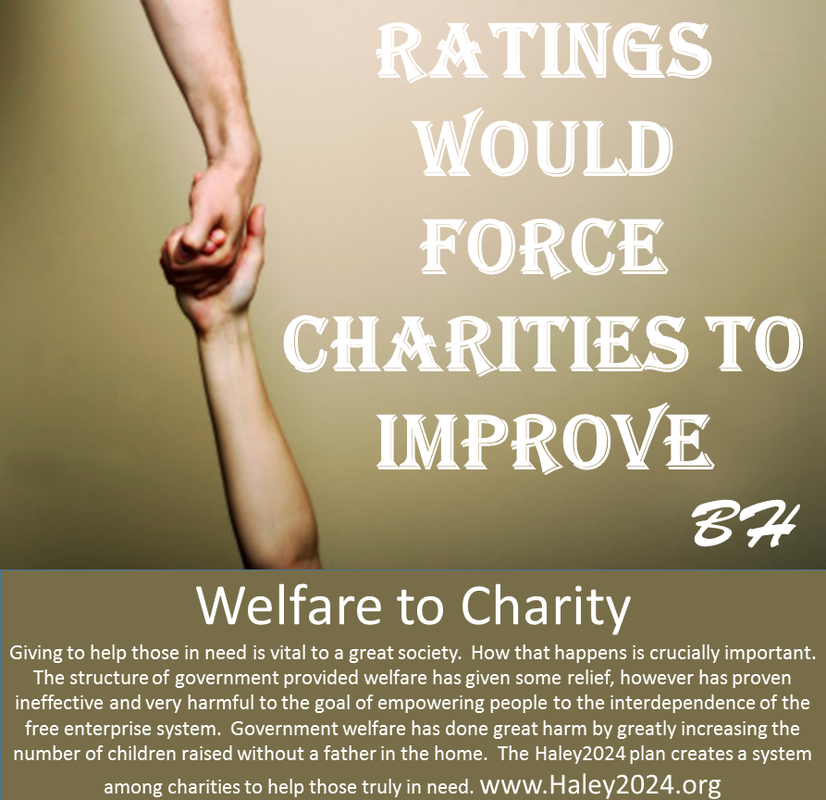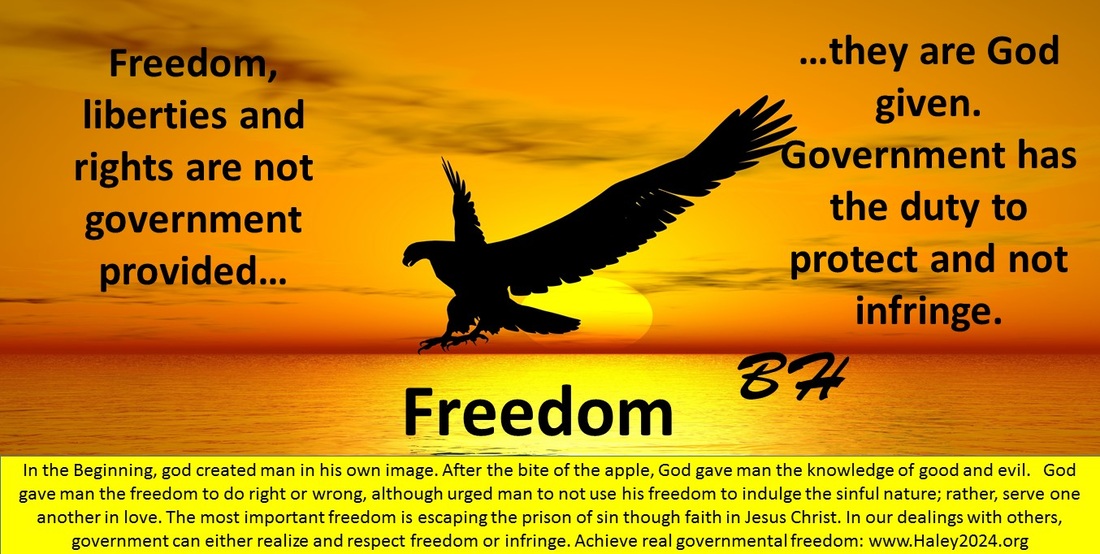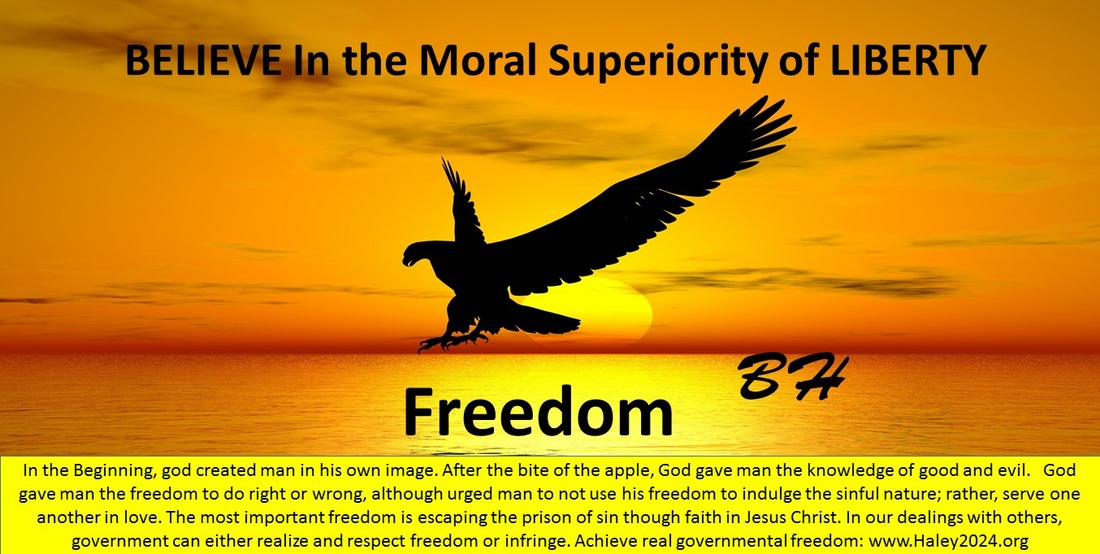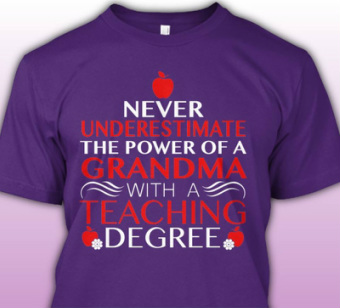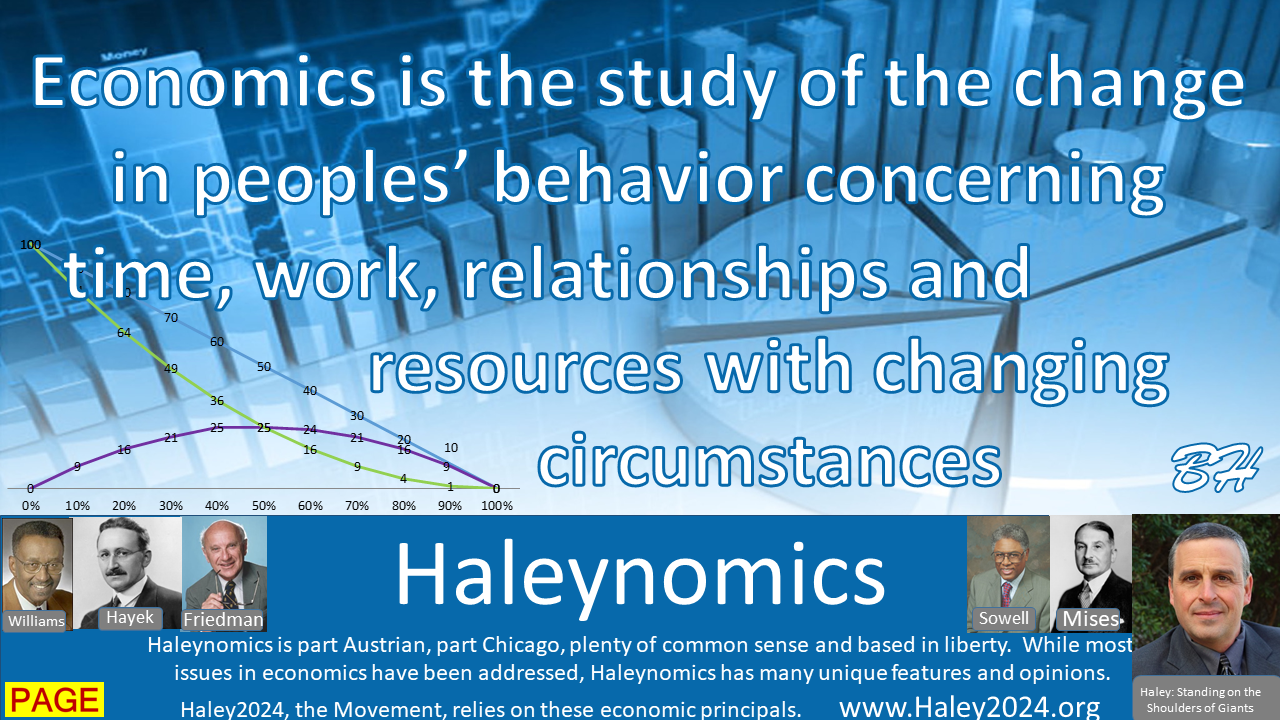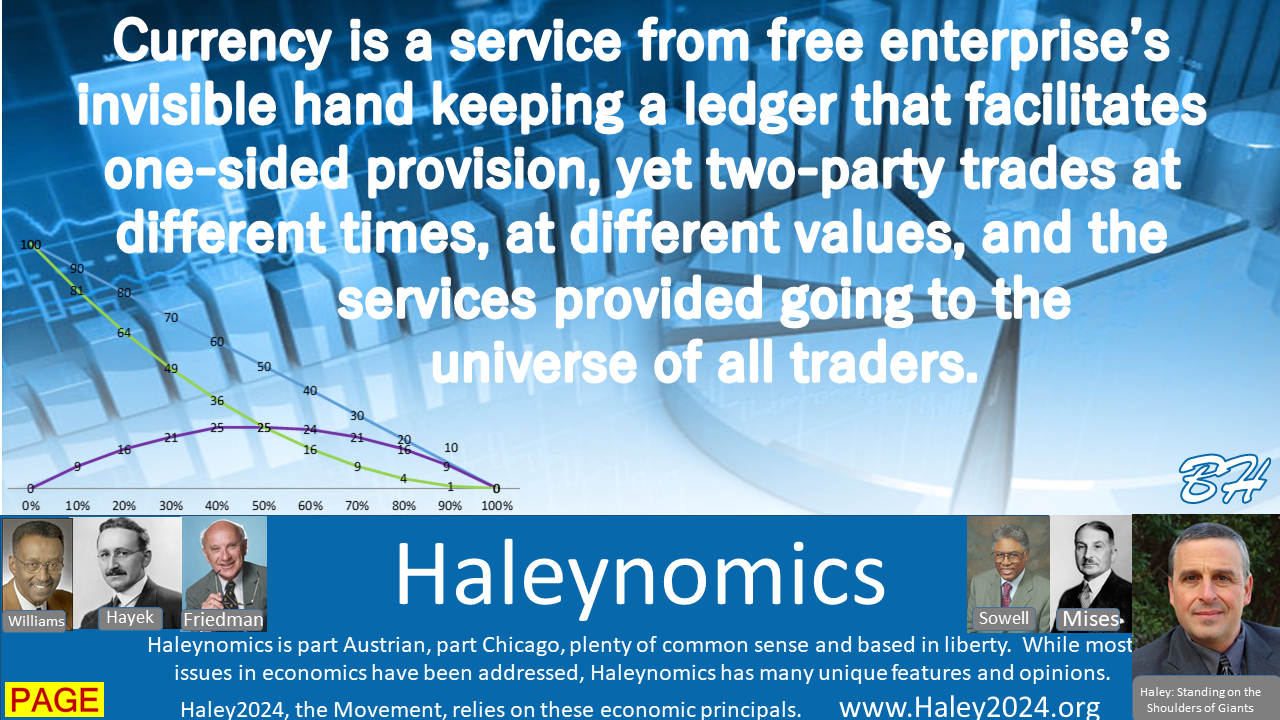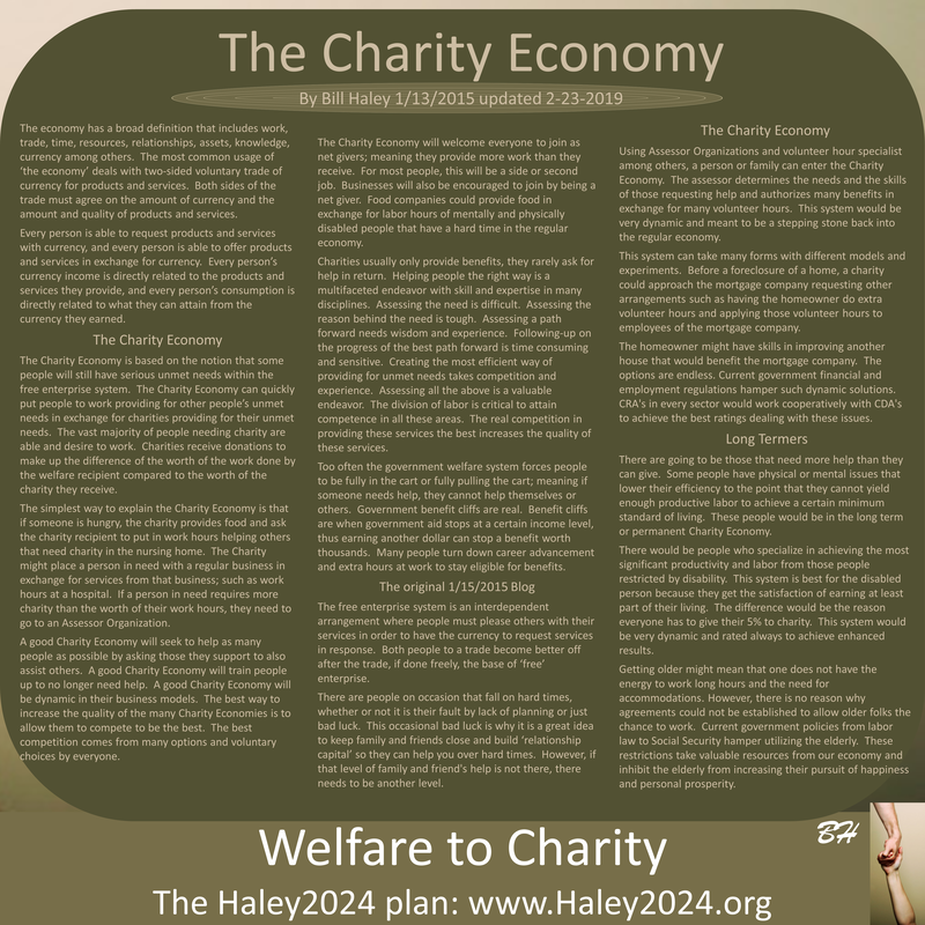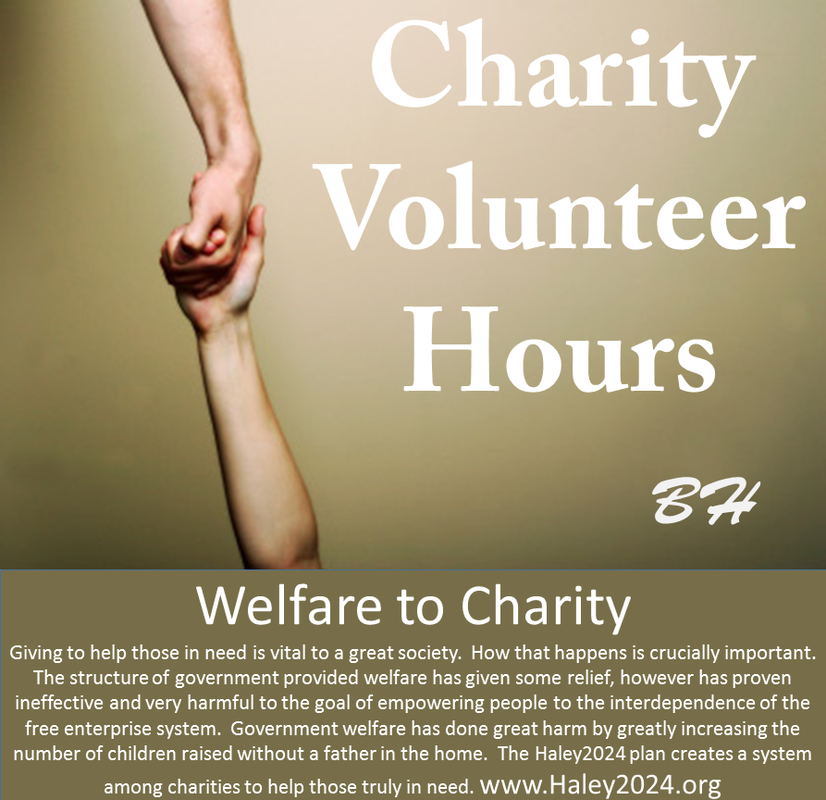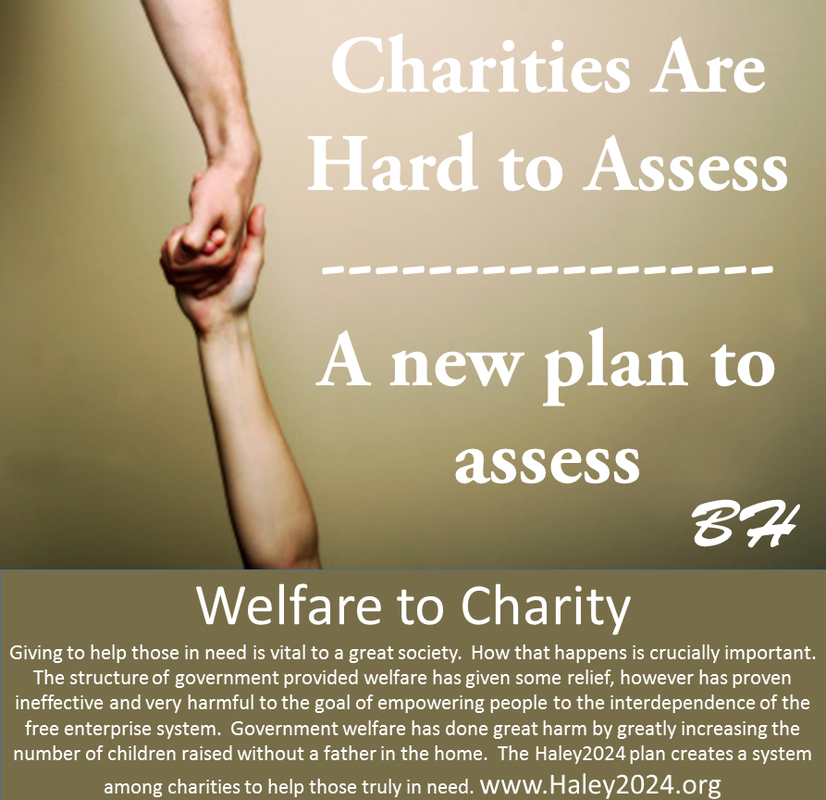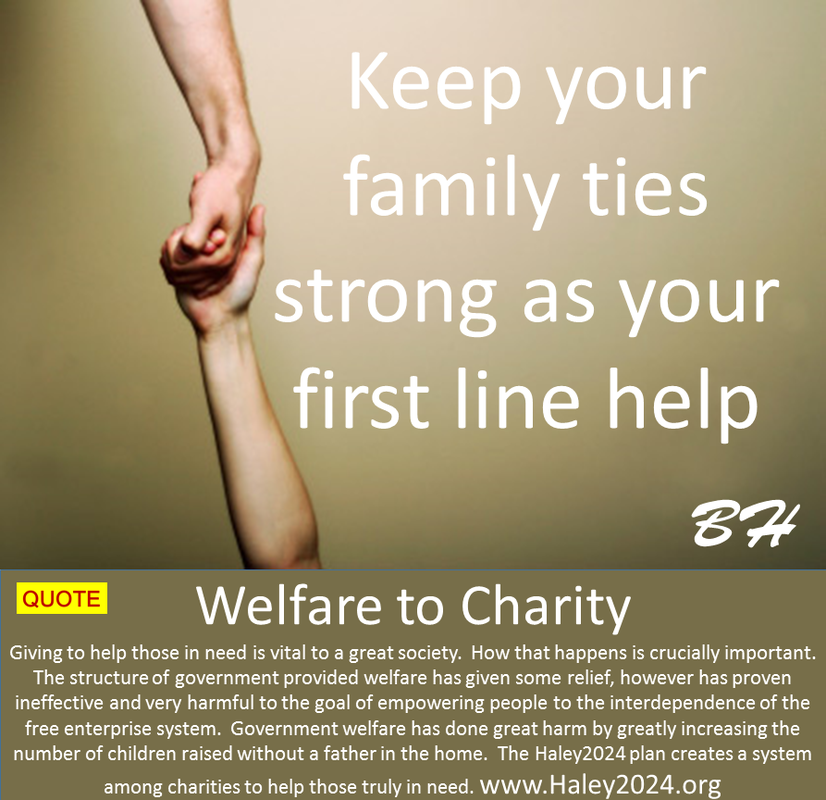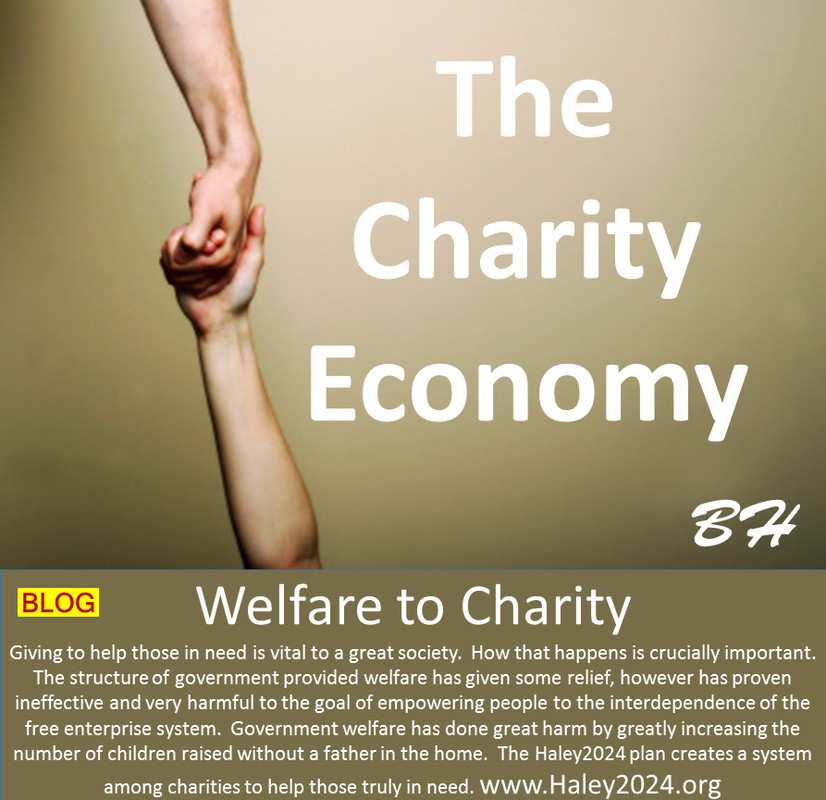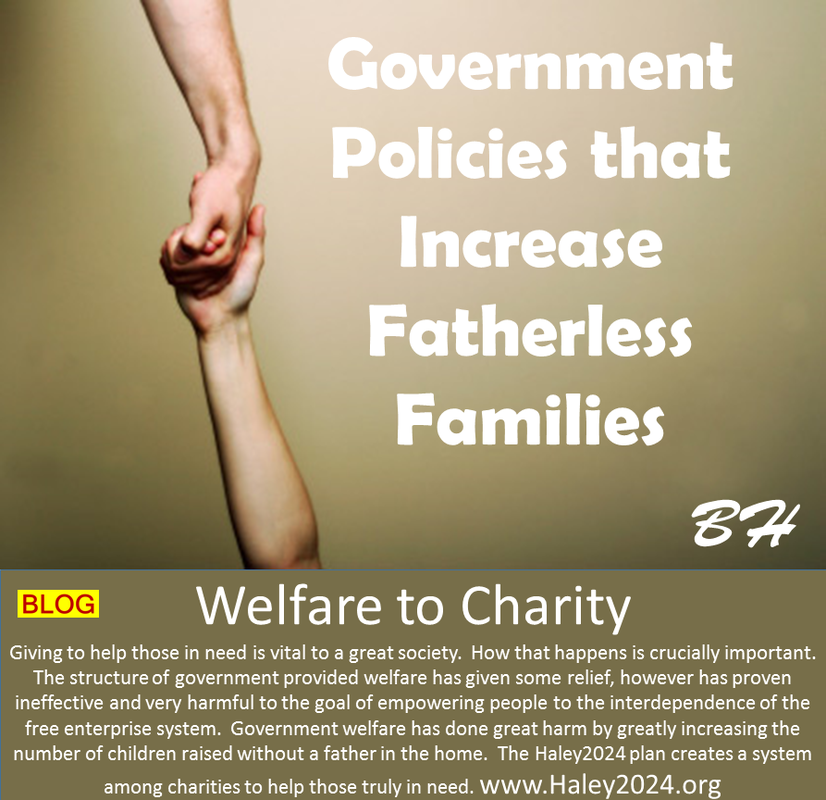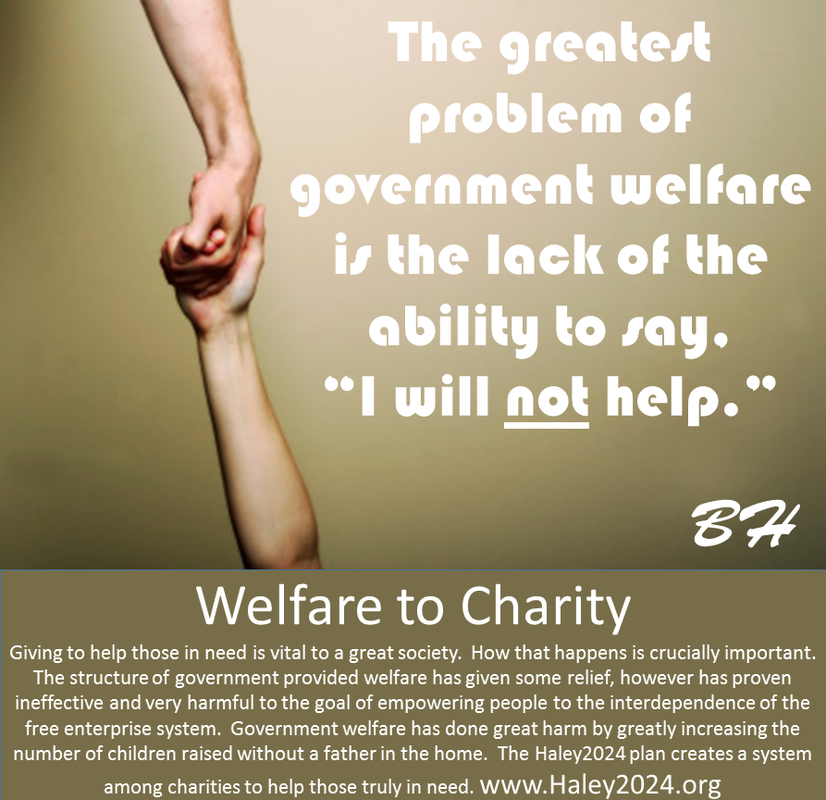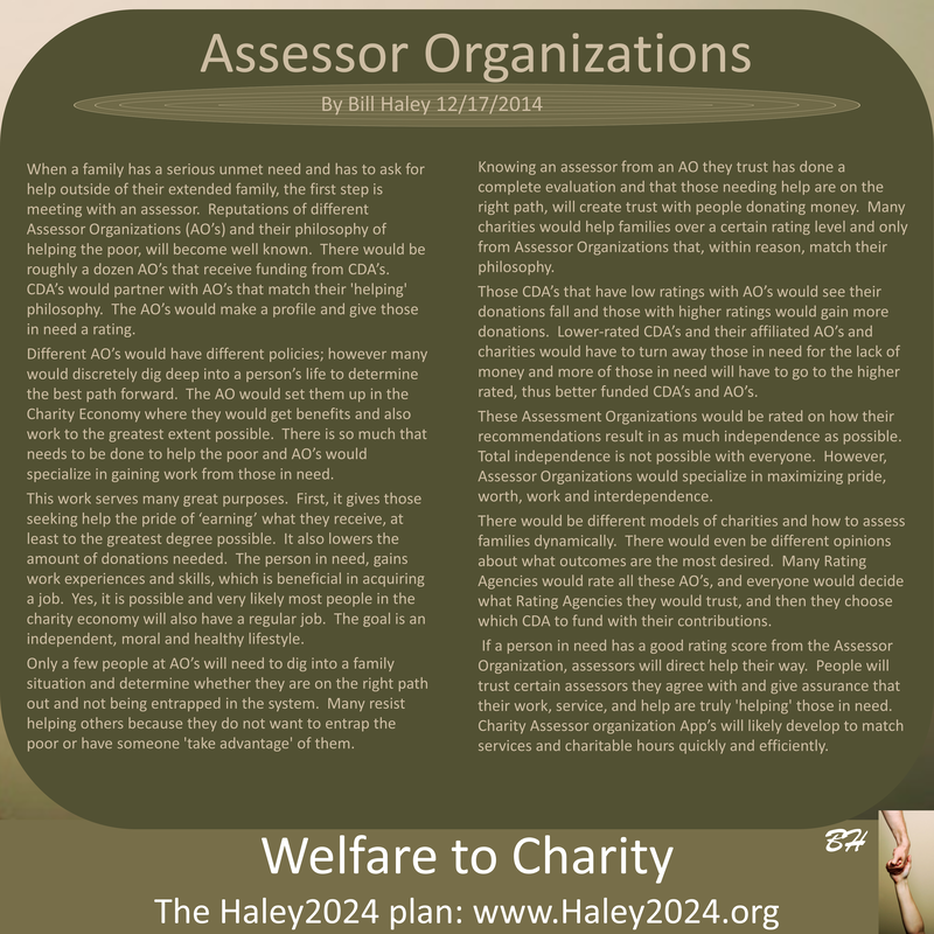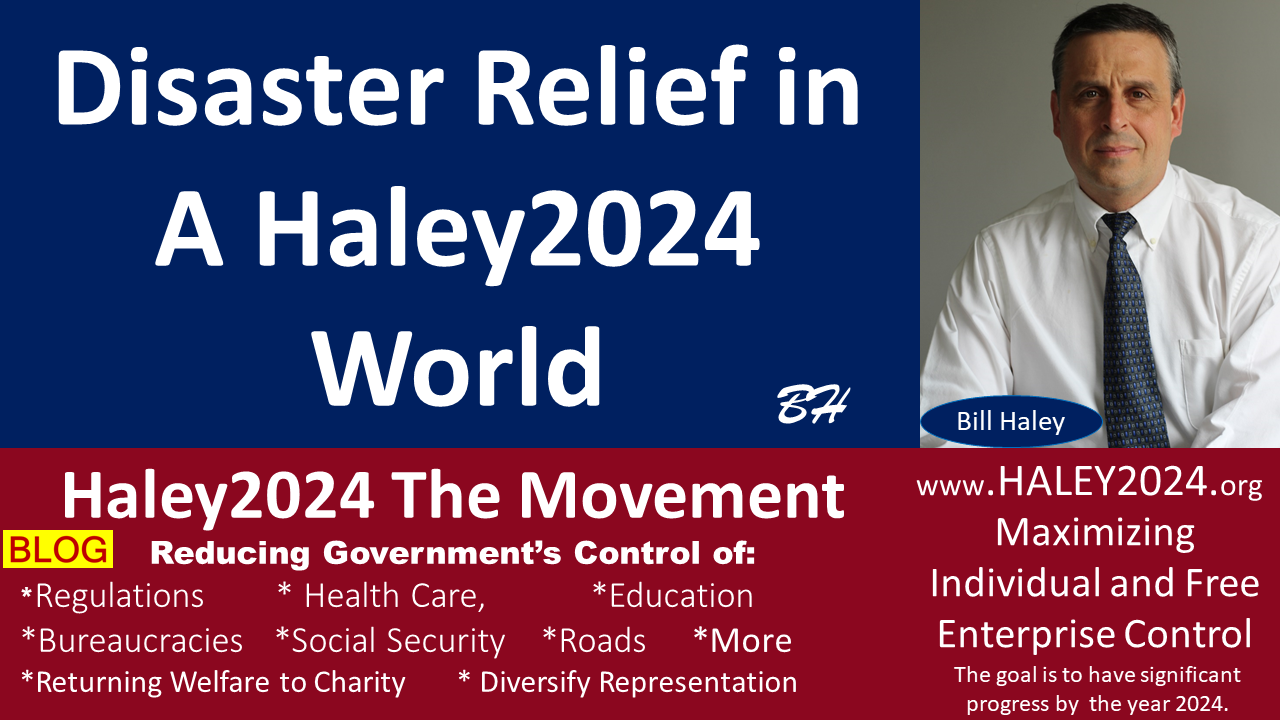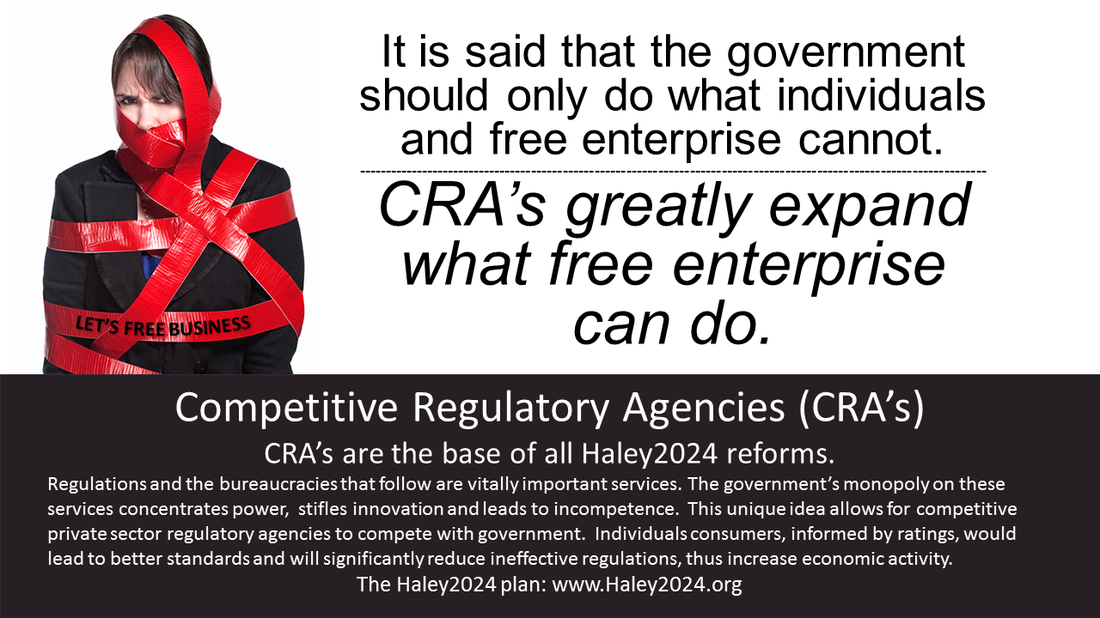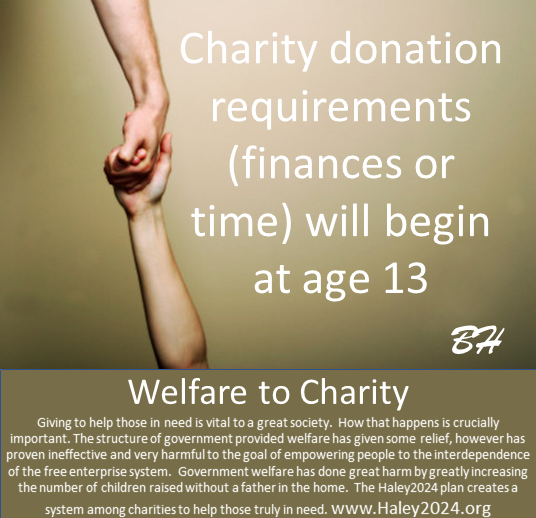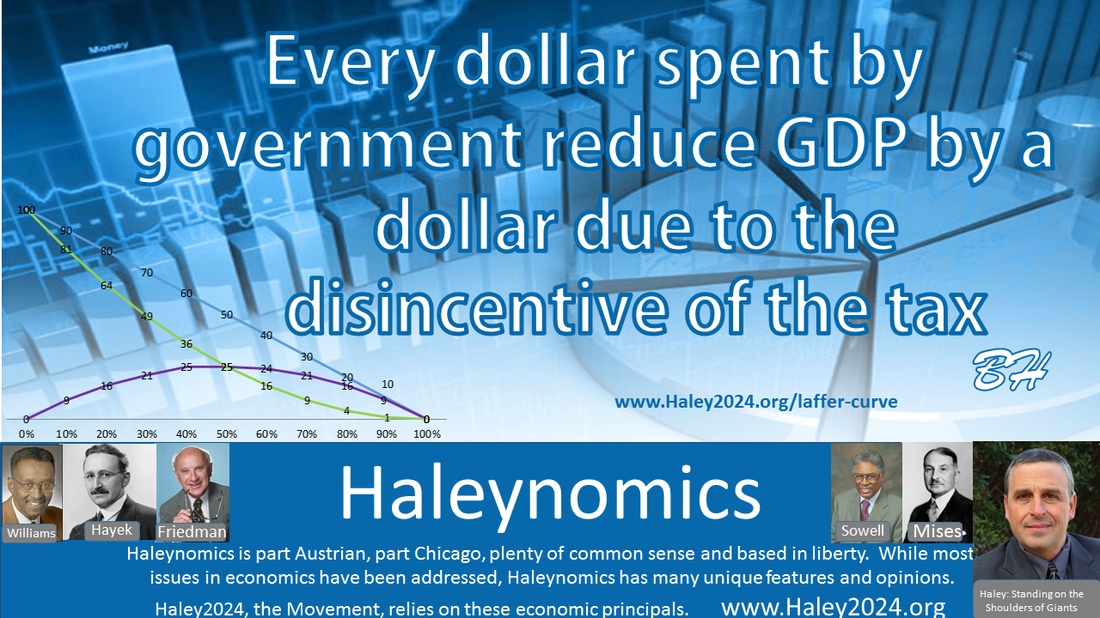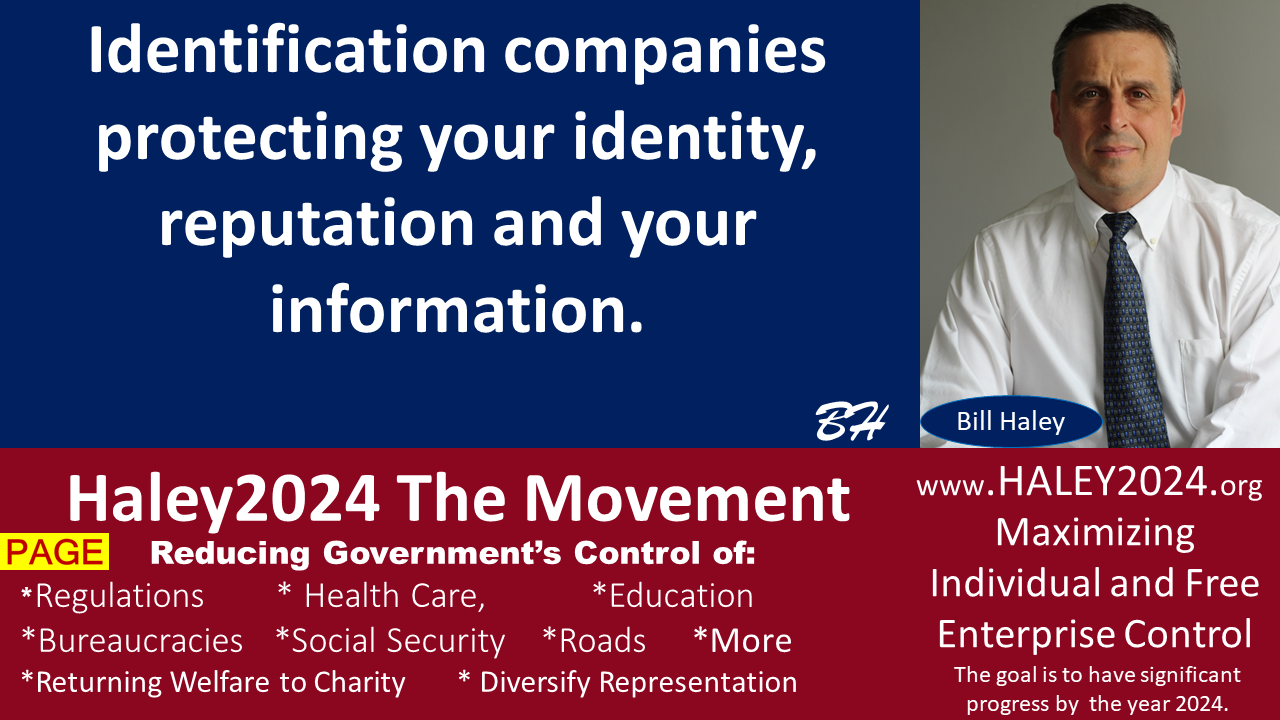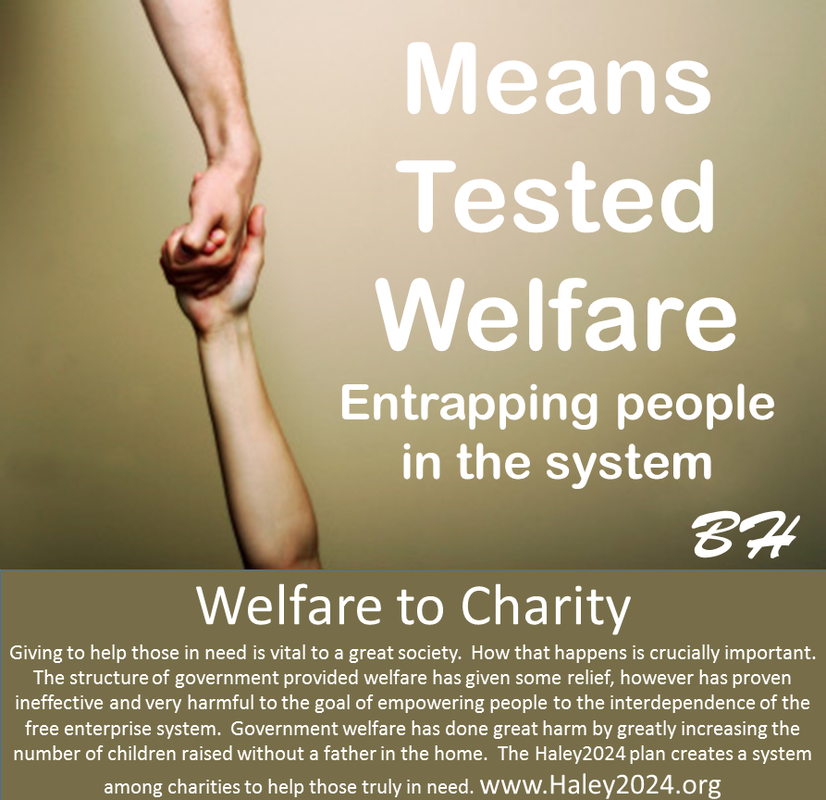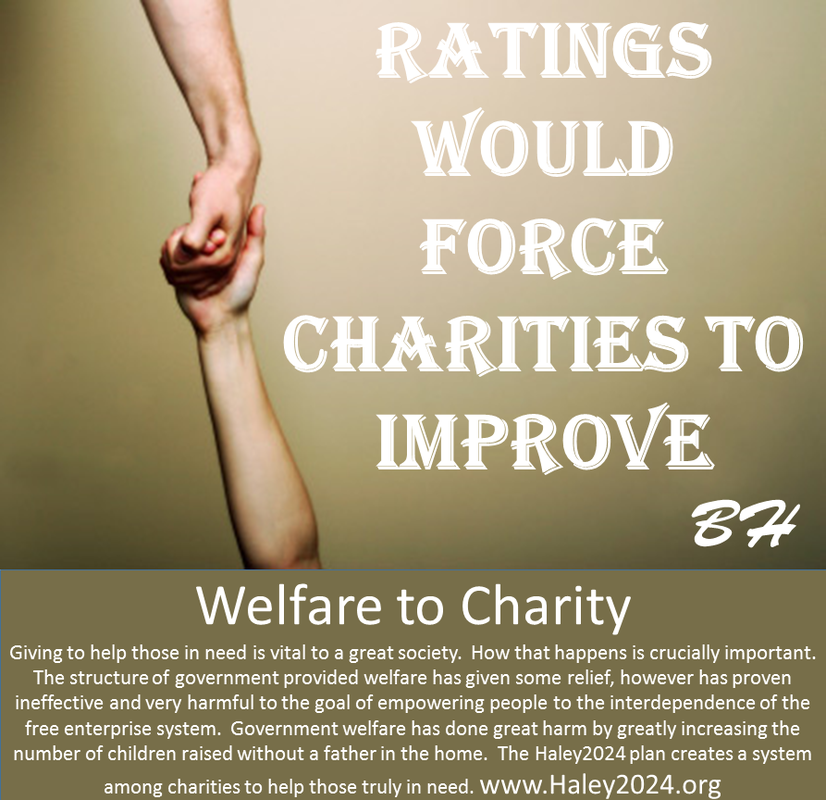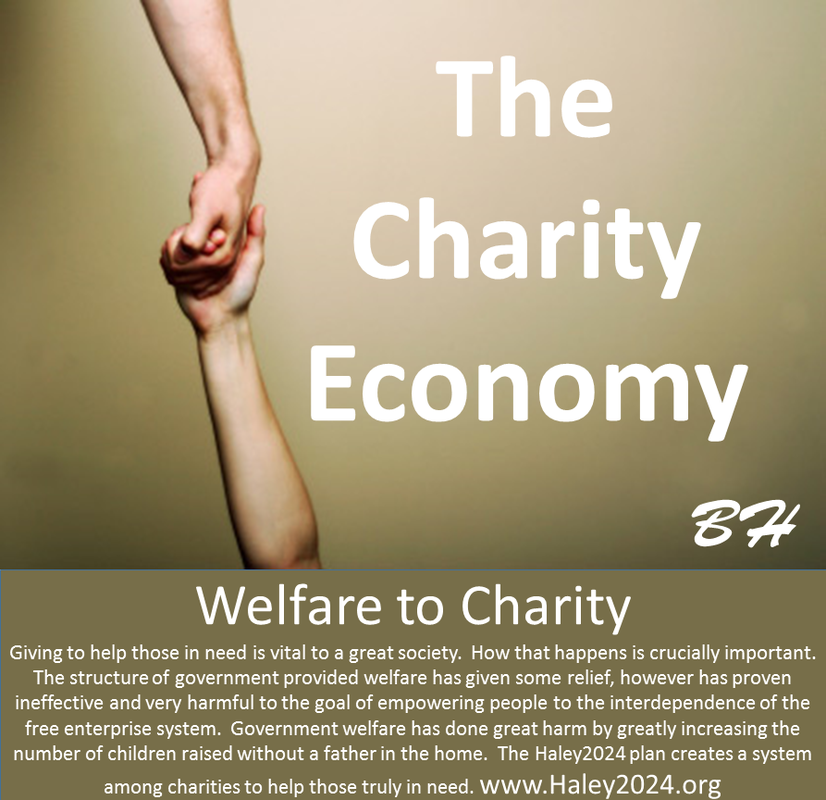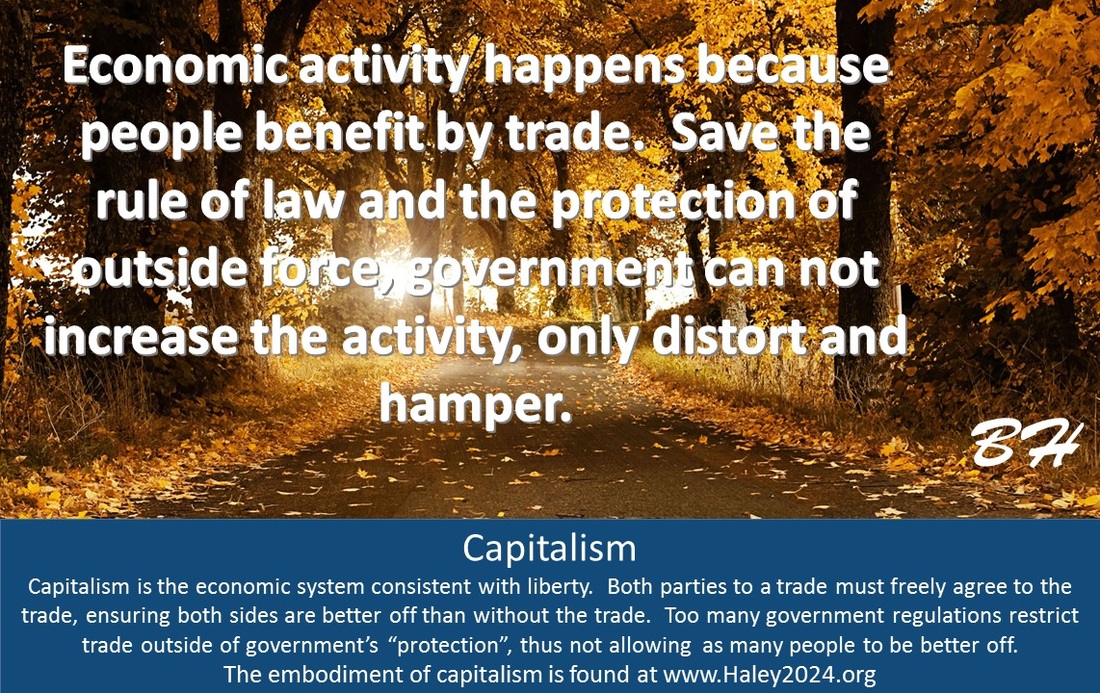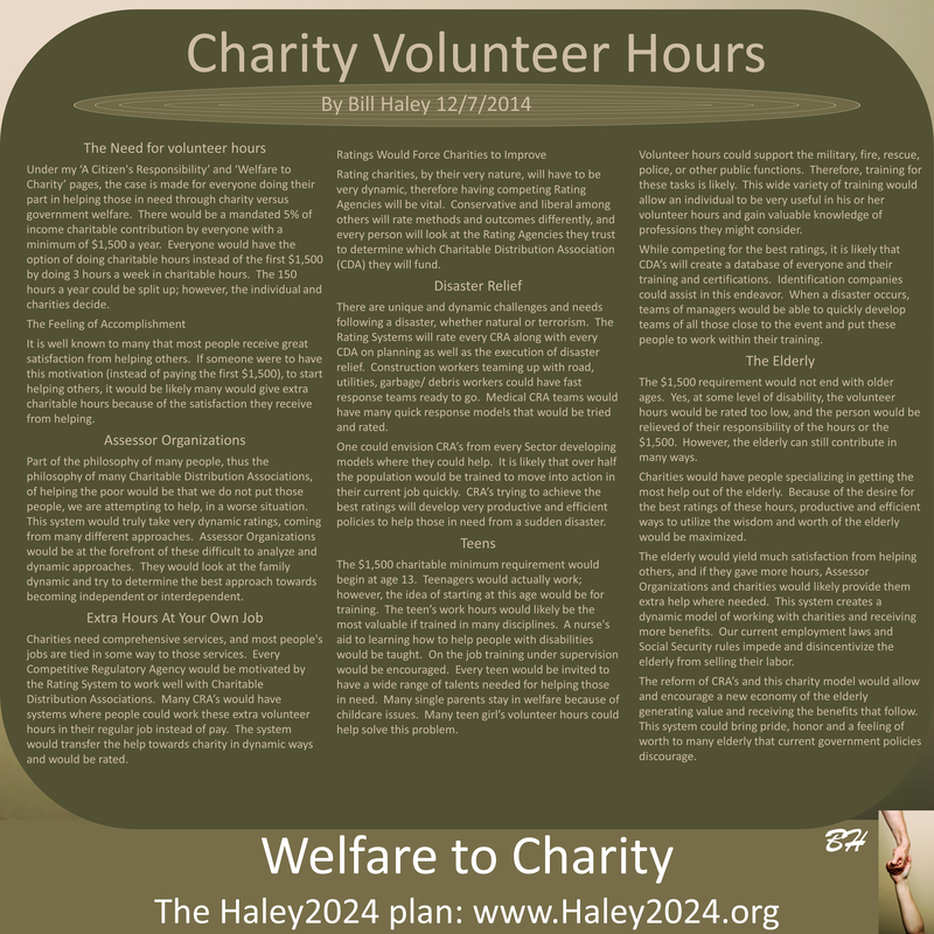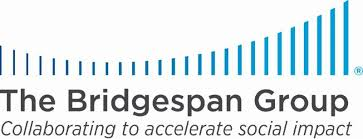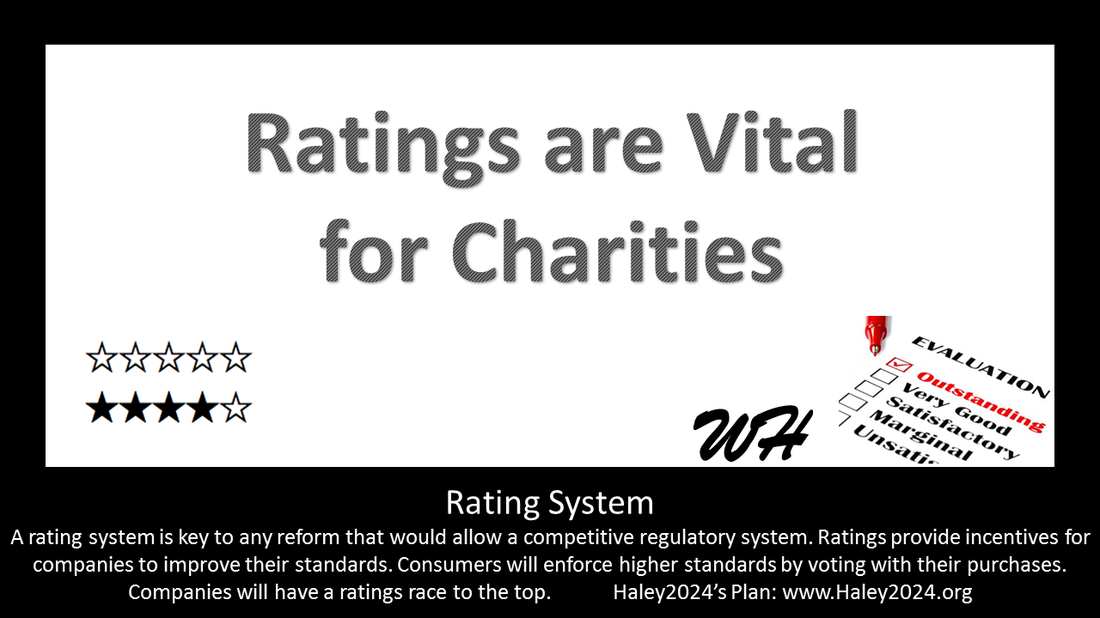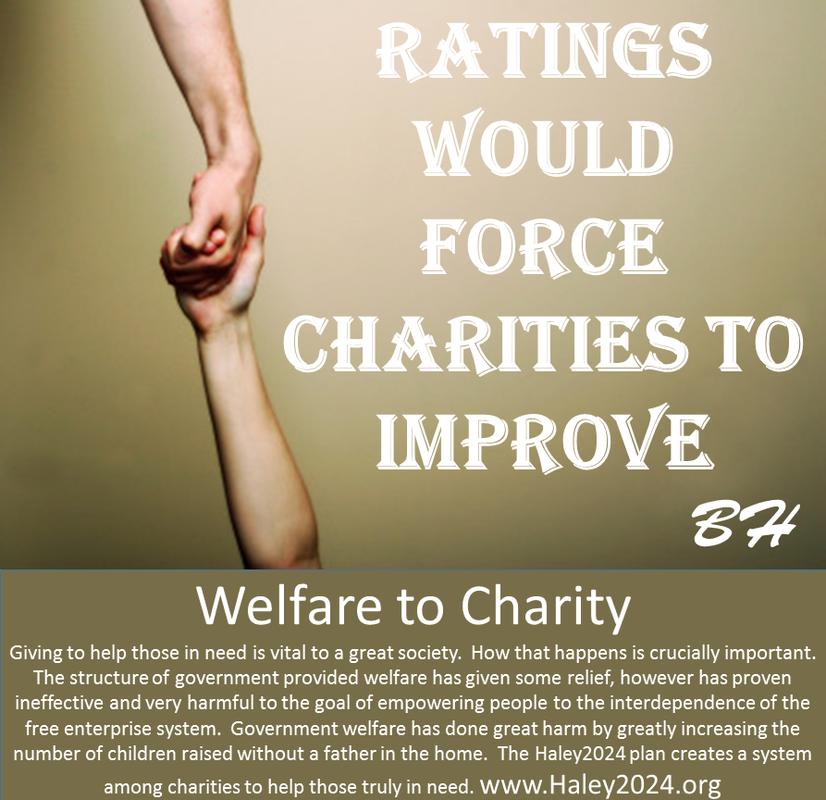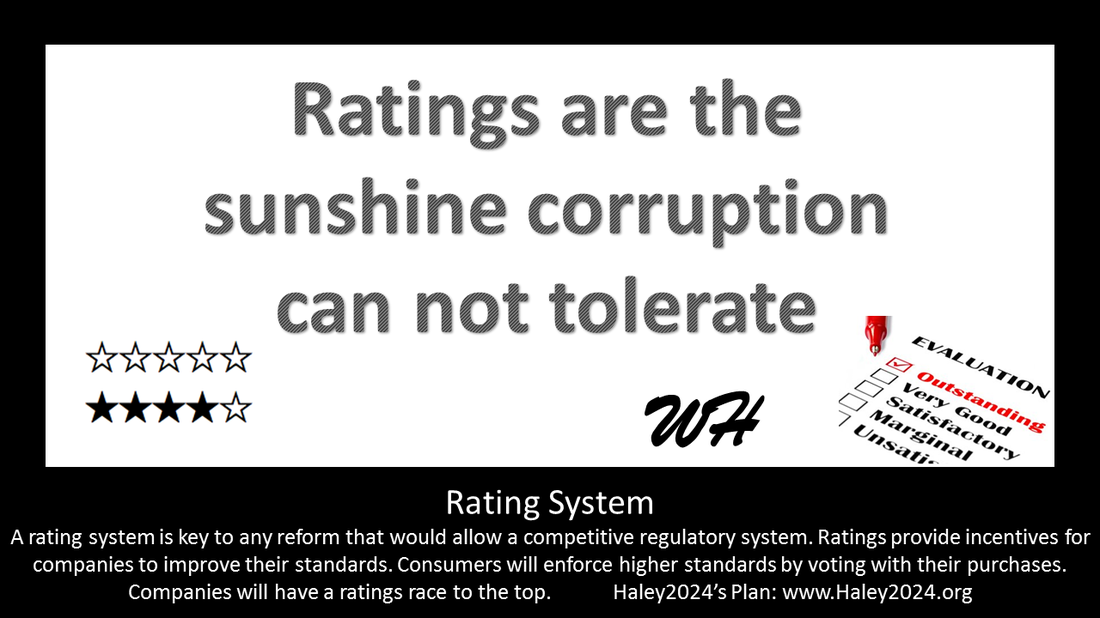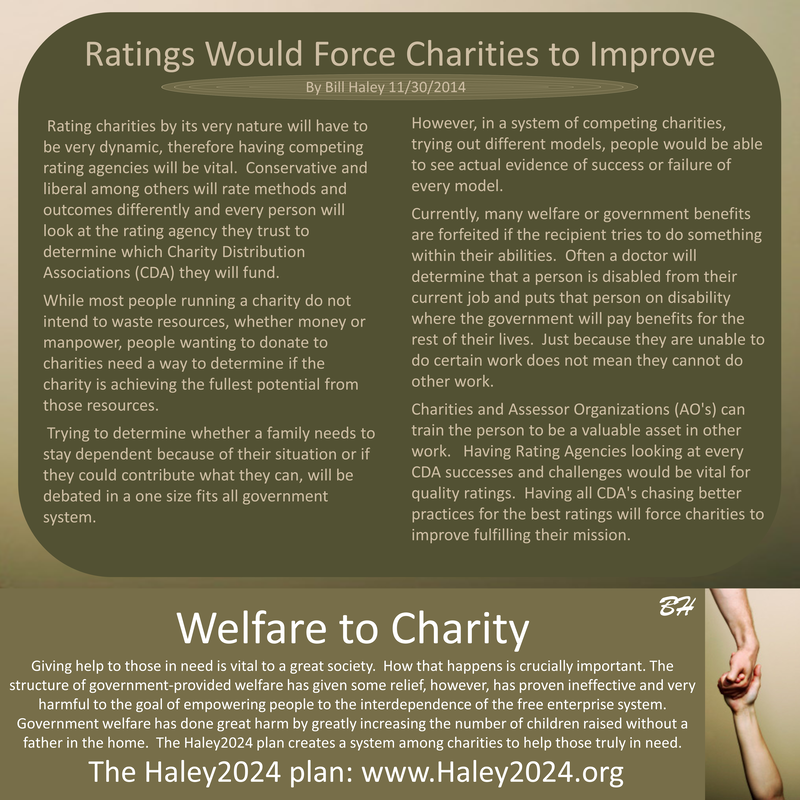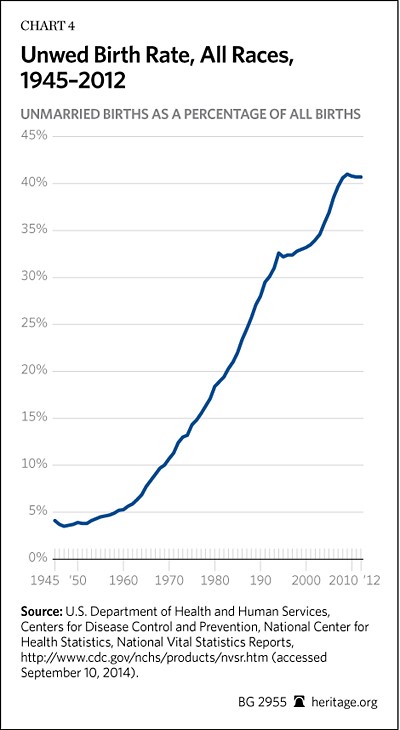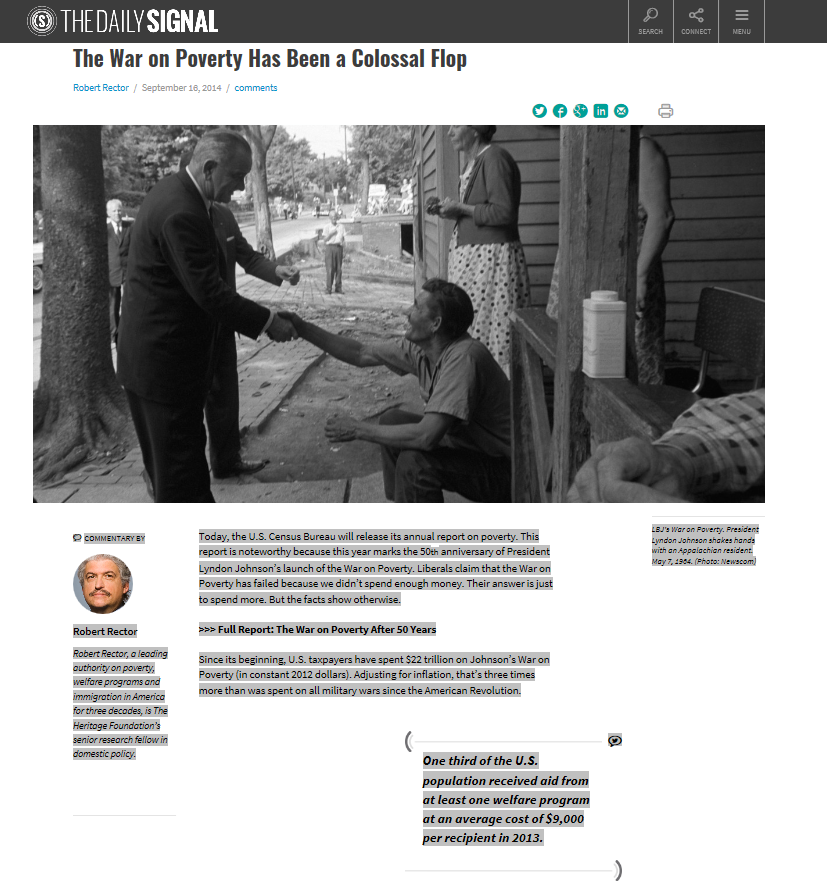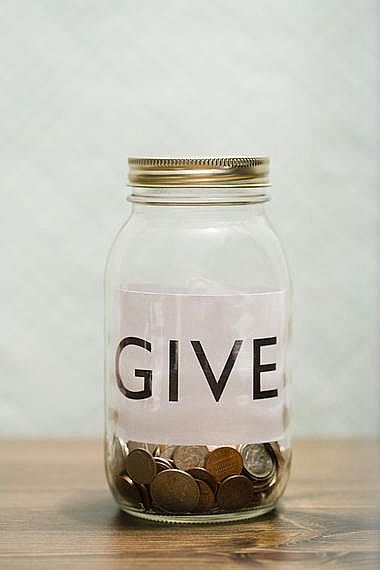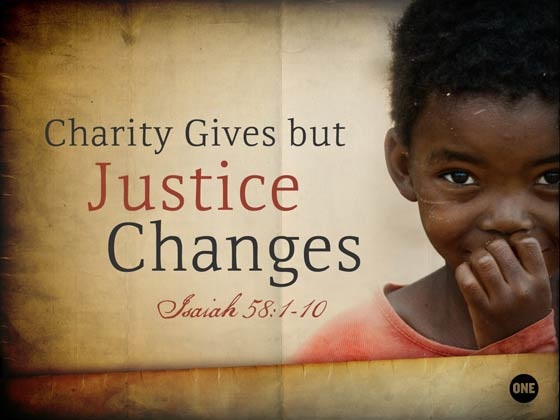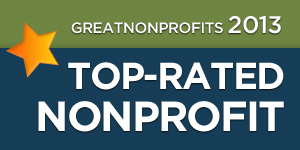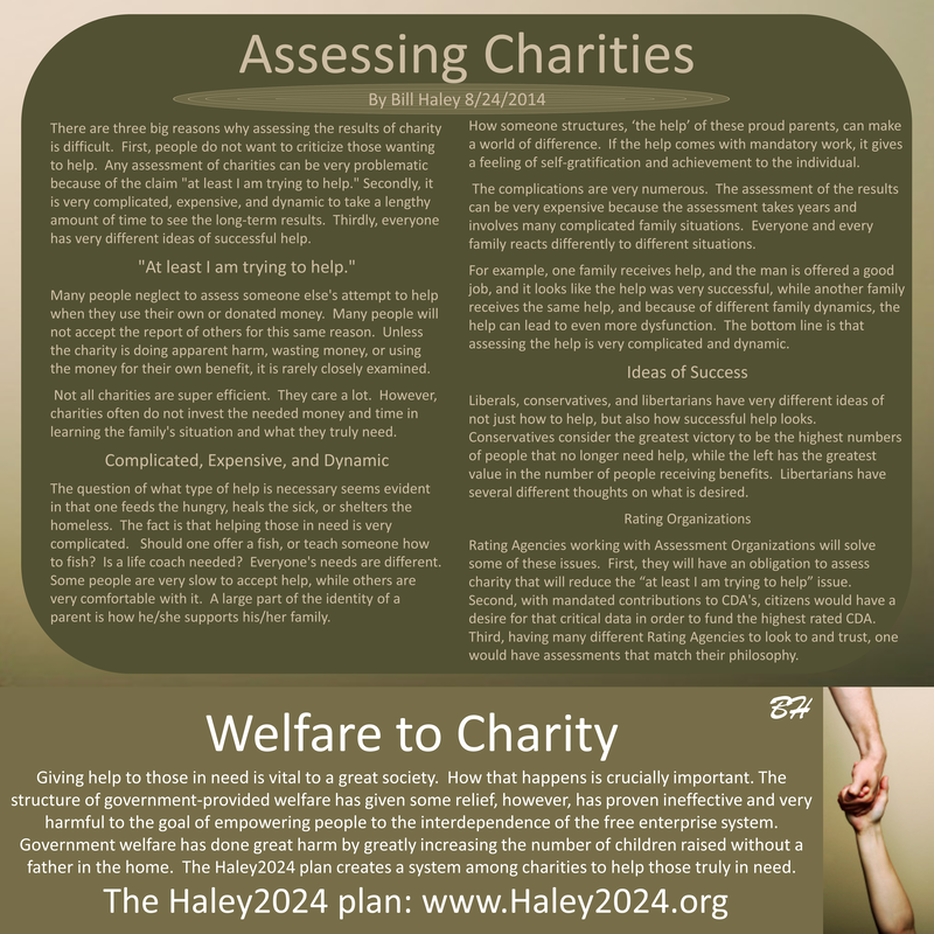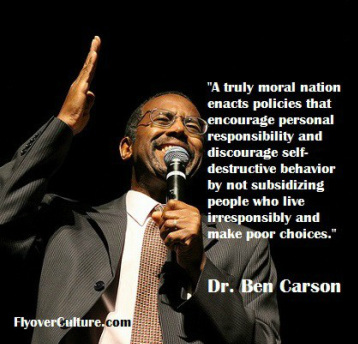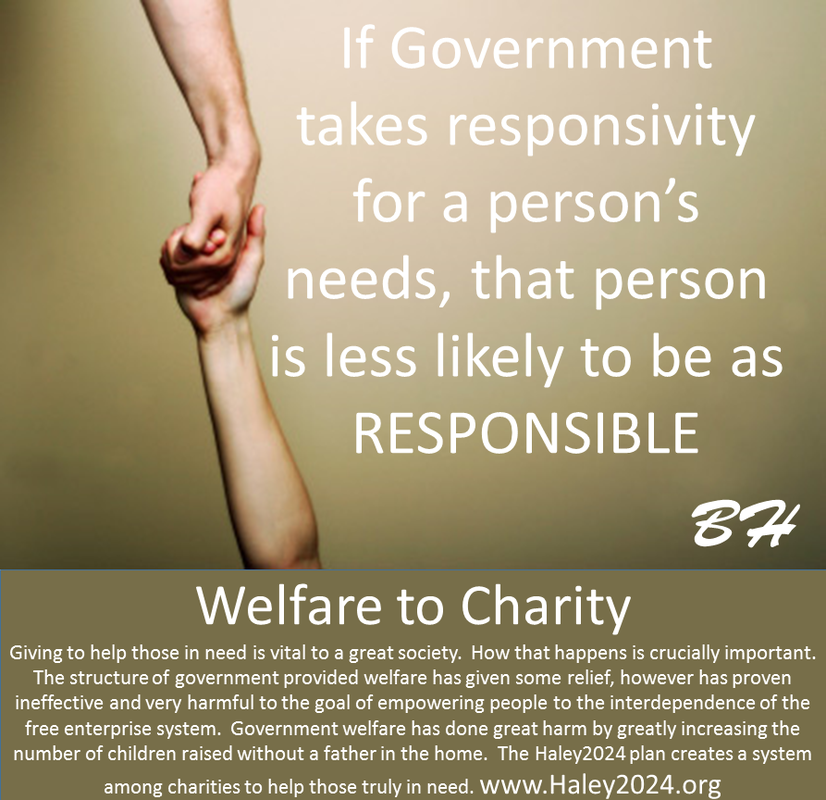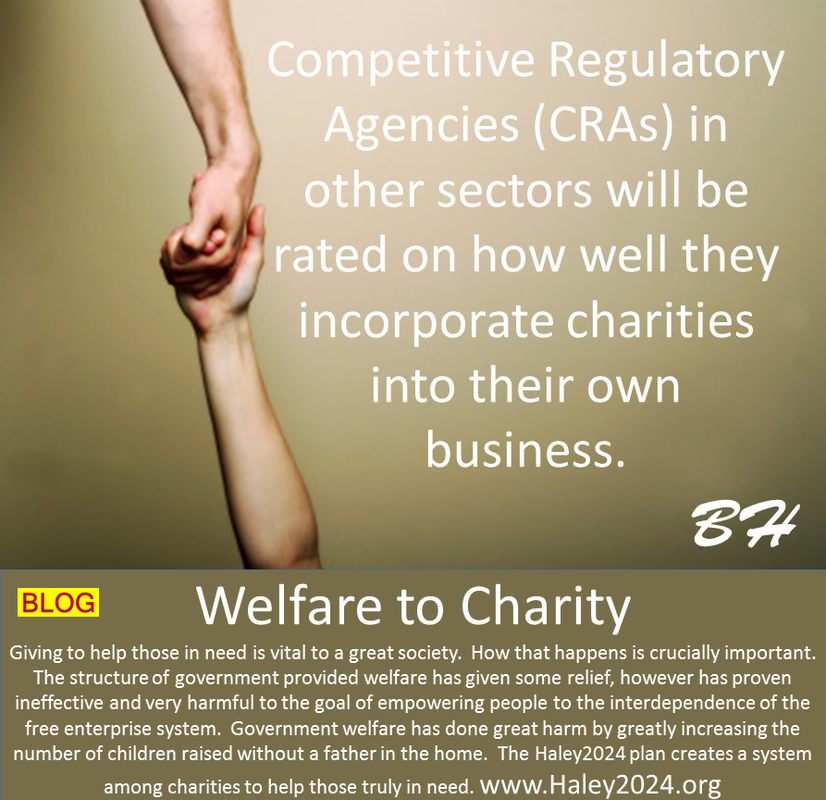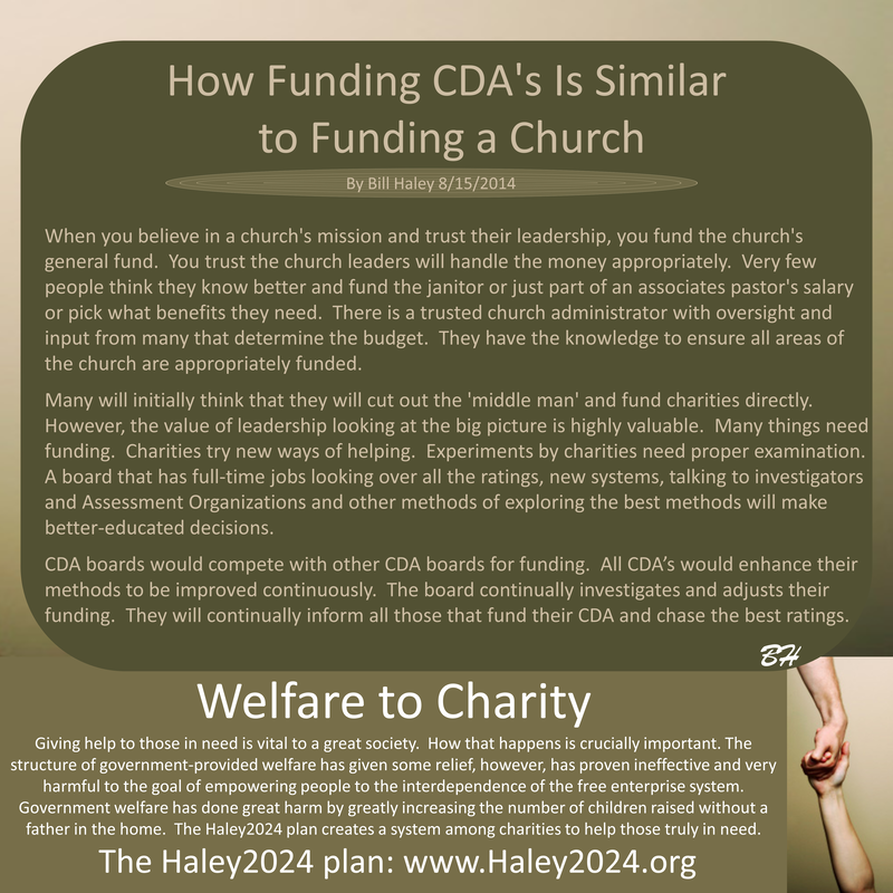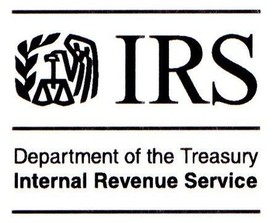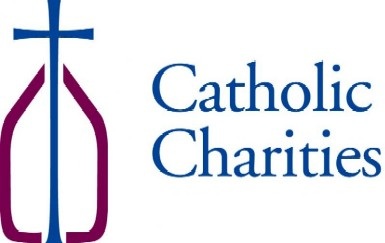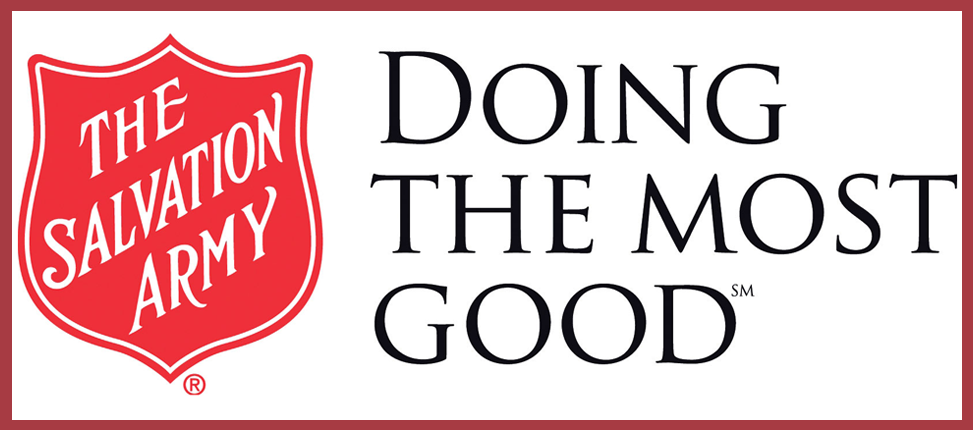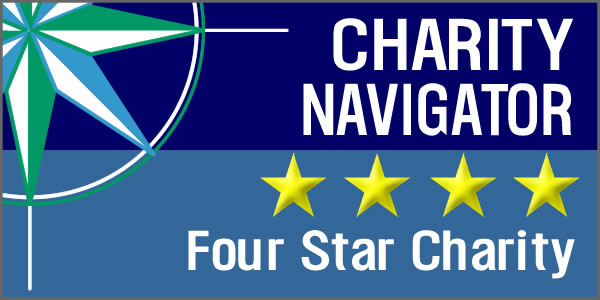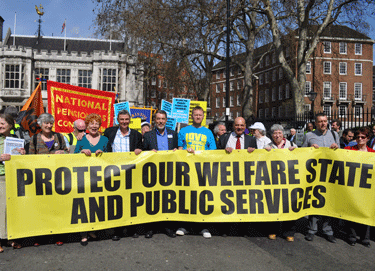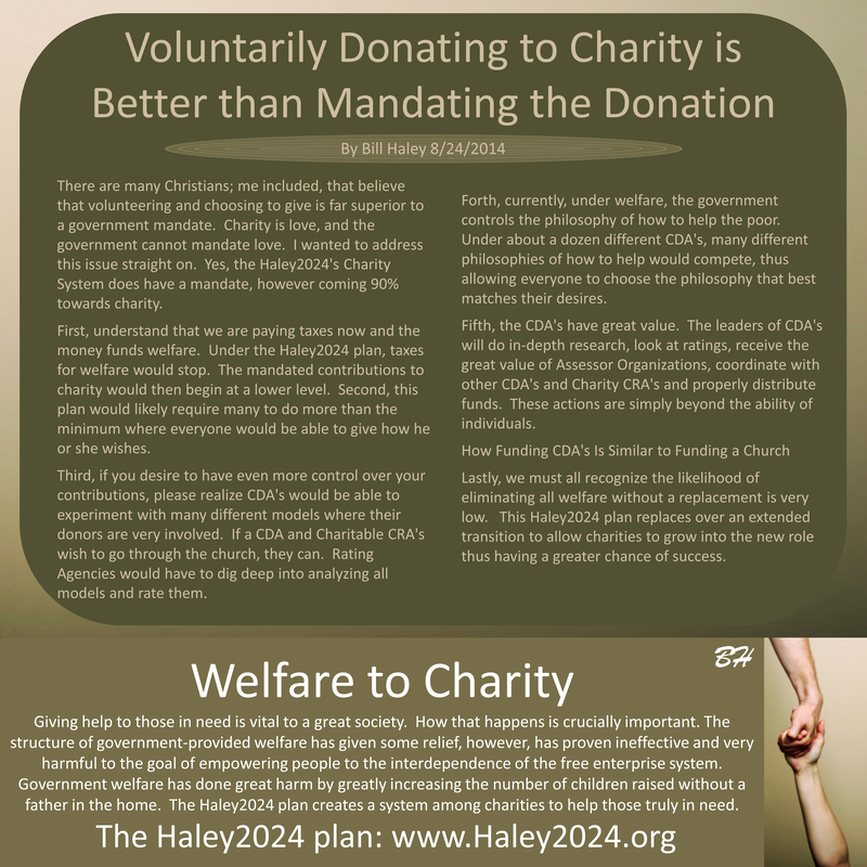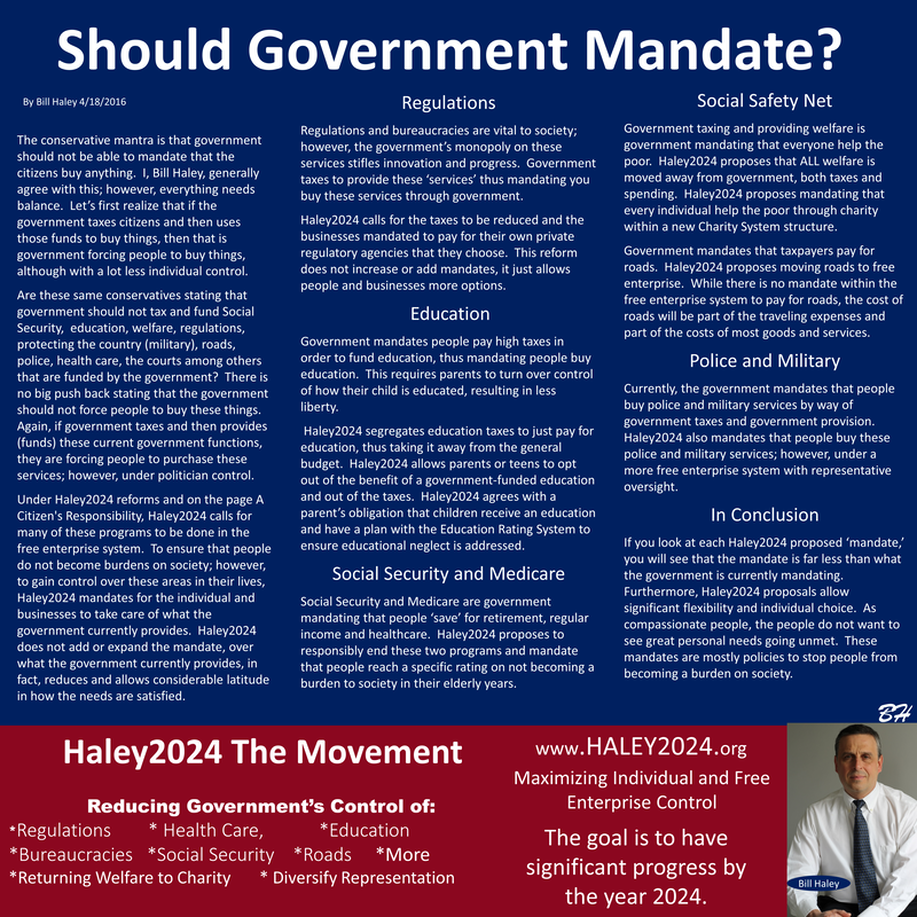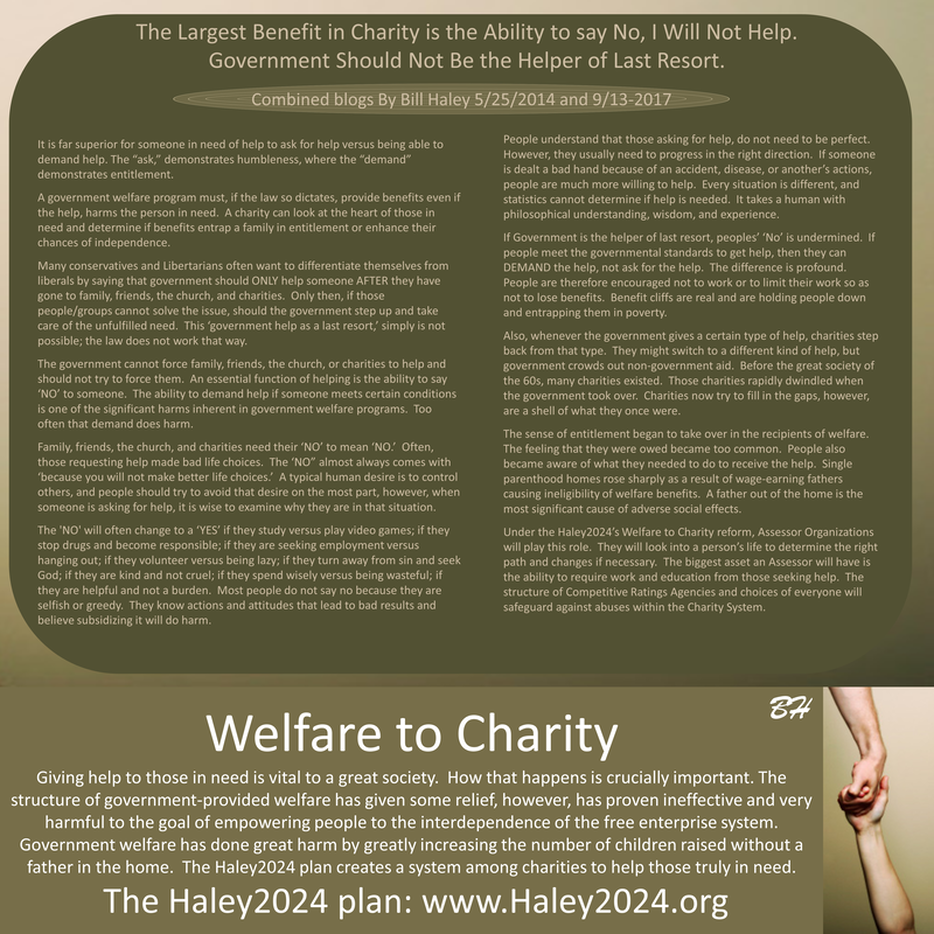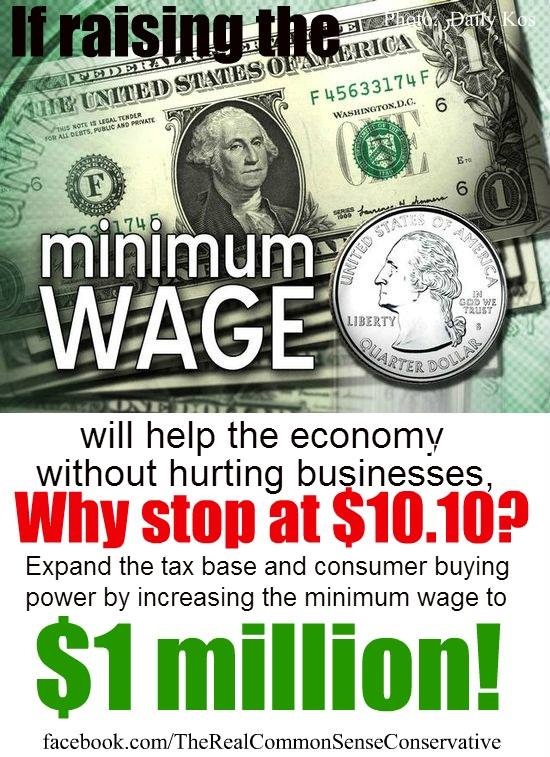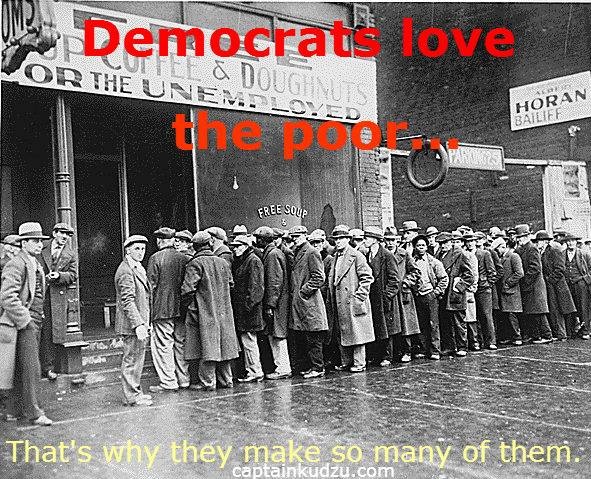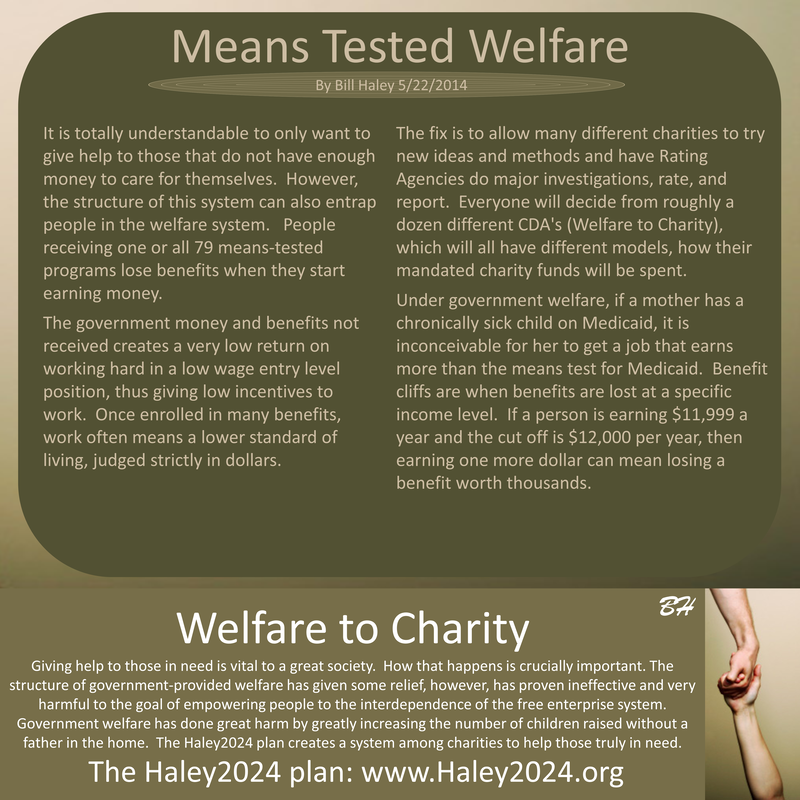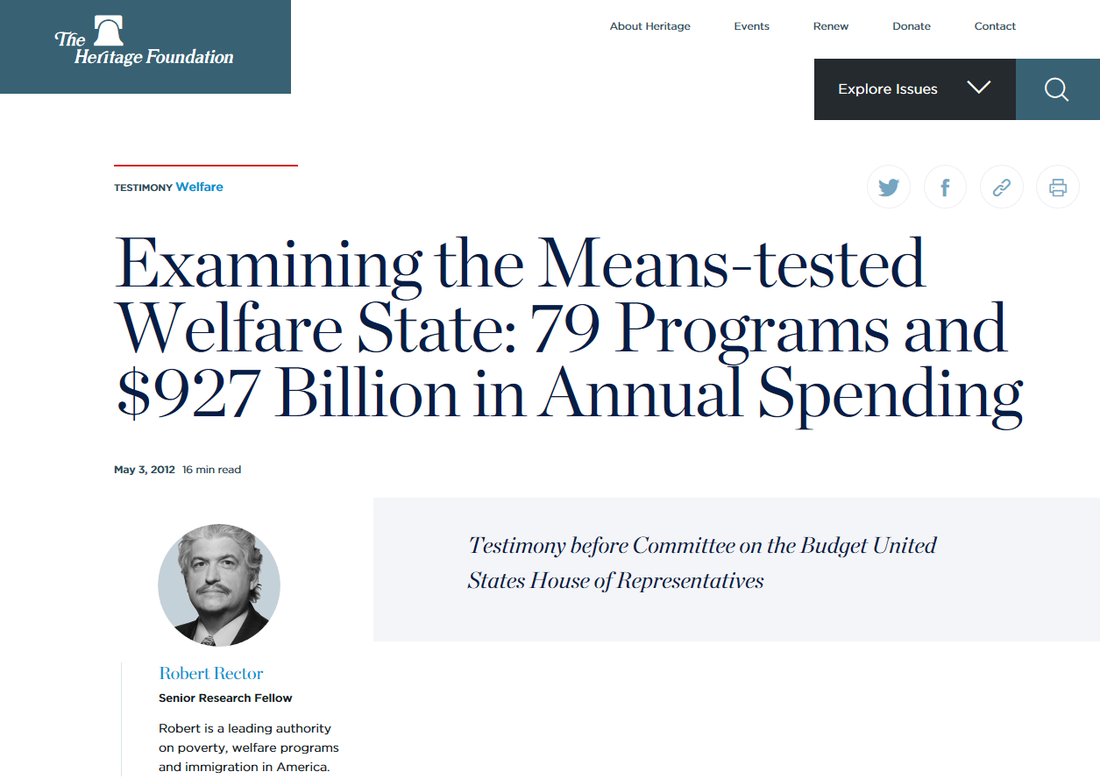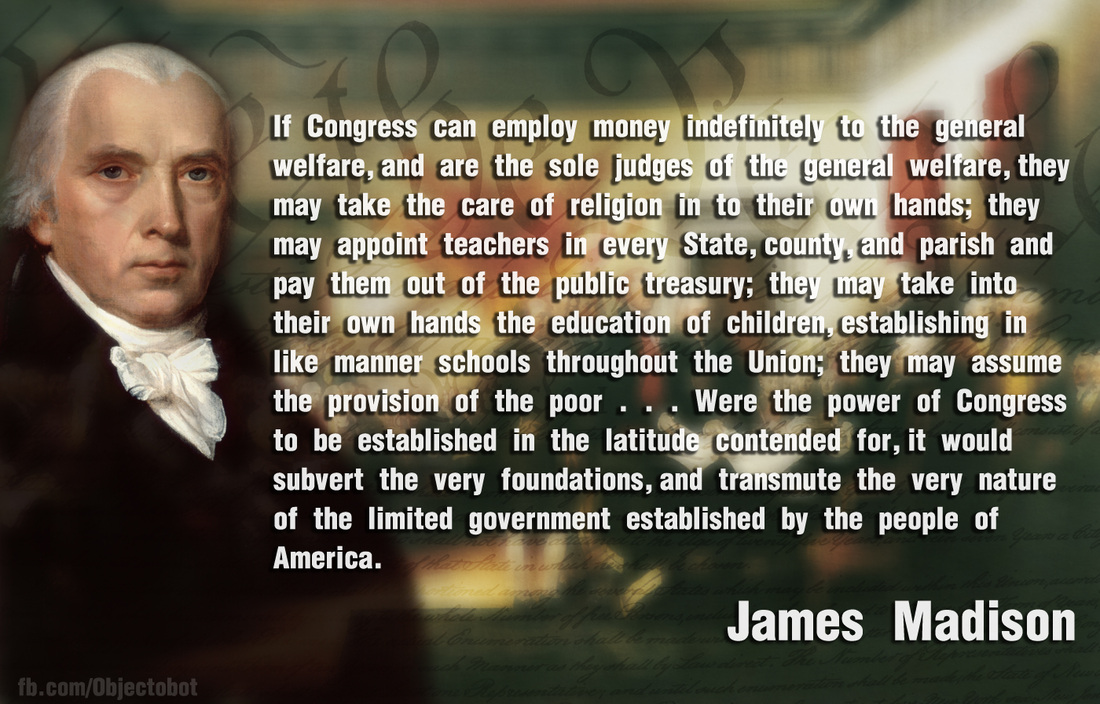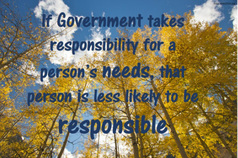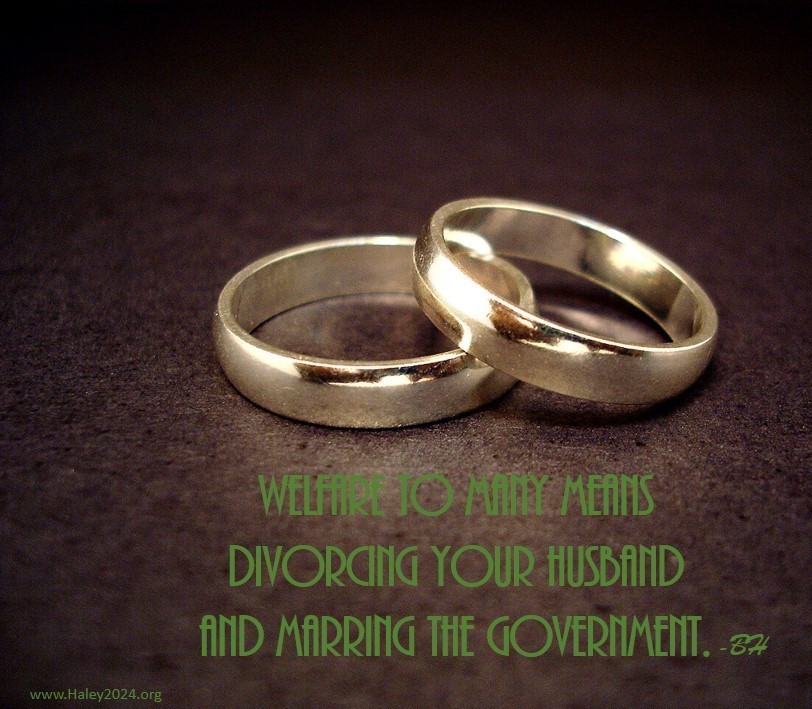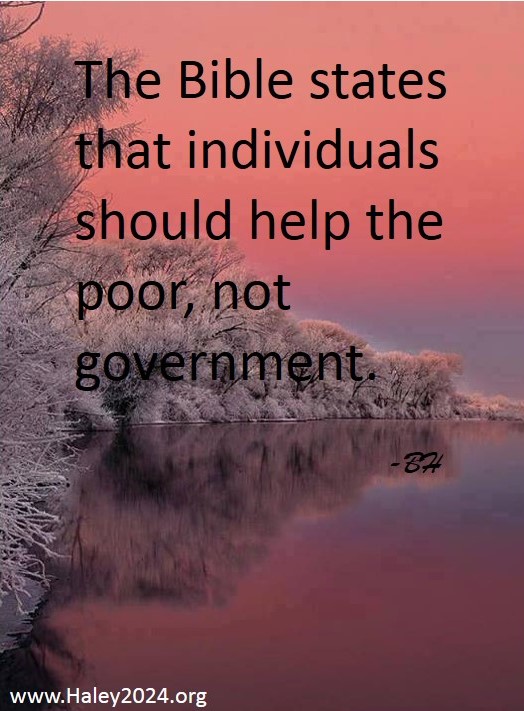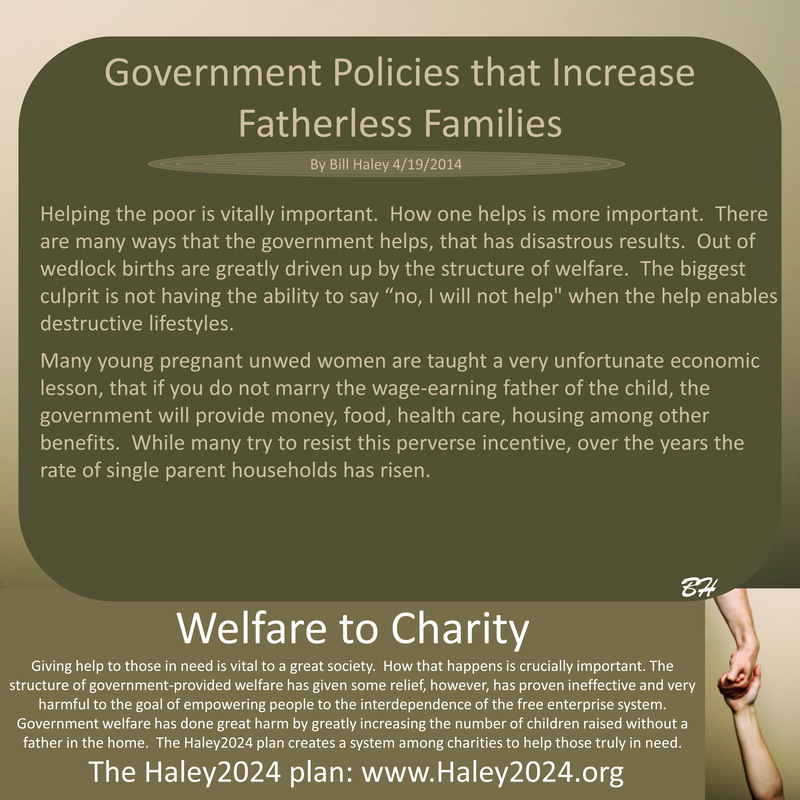| By Bill Haley Americans freely donate several hundred million dollars to the government per year; however, that is dwarfed by over a thousand times by donations to private charities. Americans gave $410.02 billion to charity in 2017. At the same time, Americans overwhelmingly support candidates that vote for government-provided welfare. |
| Will donations fund private charities enough to cover the need? Will there be the proper organization to ensure the full assortment of unmet needs are met? Will dastardly people discriminate? Will corruption thrive? What about caseworkers? Everyone has different views on the real concerns of the total reliance on private charities. |
The Mandate to Contribute to Charities
| To address the sufficient funding issue, Americans should mandate every American contribute to charities to match the current government funding. This is a switch from a mandate to help the poor through government to a mandate to help the poor through charities. Incrementally, over a decade, one means-tested program at a time would stop, and the tax rates would be lowered to match. The exact amount of the tax decrease would be mandated to be contributed to charities. To increase the political will on the Left, the Left needs to know that ‘the rich’ will pay their fair share. |
| A serious division of labor with experts in many different aspects of providing for unmet severe needs is essential. Assessing the needs, evaluating the reason for the needs, calculating the family dynamic, judging the best path forward, and determining the most efficient provision of the need all need experts with specialized skills and wisdom. Life coaches and many other experts will be hired to examine the best way forward for every one that falls on the mercy of society. |
Charitable Distribution Associations
| People will quickly have several concerns dealing with corruption and the proper distribution of contributed funds to cover all the needs. These, as well as many other concerns, can be addressed by establishing Charitable Distribution Associations (CDA’s) that accepts all mandatory contributions. The government could set up roughly a dozen CDA’s with different philosophies of how to help the poor. Every American chooses to become a member of one of the CDA’s. Every CDA must have at least 5% of citizens and no more than 20%. |
| These CDA’s become totally private; however, gain their authority to accept mandatory contributions by having at least 5% of Americans as members. Members would vote on their leaders of their CDA and philosophy adjustments. It is important to note that every citizen can only affect their CDA with their votes. Americans can change CDA’s at will. A CDA that loses memberships and falls below 5% will be dissolved. |
| As the name suggests, CDA’s distribute the funding to charities. A CDA does not do the actual helping directly. This is an important check and balance issue. CDA’s would study all the charities to determine which charities have the best model to end homelessness, feed the hungry, provide medical care, among providing for other needs. |
| Every charity would have roughly a dozen CDA’s to persuade to utilize their services. Those charities serving their fellow man the best receive funding and unproductive charity models would starve. This would reduce fundraising time and expenses. Quality work will sell a charity’s services, not advertising. |
Case Workers
| Providing food, shelter, and medical care are vital; however, if that is all charities do, these charities could start to do as much damage as government welfare. Helping people is difficult and complicated. A good life coach with the real power of saying ‘no, I will not help if you are going down the wrong path’ is essential. Each CDA would likely use different caseworker companies or give the caseworkers its CDA philosophy. This is where competition is the most vital. |
| One massive element of being a caseworker is requiring those seeking help to serve others. Caseworkers would use individual subjective determination. This is where charities are so much more valuable compared to the government’s one-size-fits-all welfare programs. The most significant harm of government qualifications to receive benefits is the poor’s ability to demand versus requesting benefits. |
| The poor need many services, and the poor can provide many services. The caseworker might team four single-parent families up to assist each other with childcare so each of the adults can work. Many could do shifts at the nursing home or gain skills in an apprenticeship program. This work, on the most part, would not be paid. This work is in exchange for charity benefits. |
| All charities, caseworkers, beneficiaries, and those businesses they work with would be exempt from all labor laws. The work hours from those being assisted would be able to work within any aspect of this charity system. Charitable work opportunities are substantial. This system could be astonishingly dynamic. |
Accountability Organizations
| If supporters of a full transition away from government welfare to private charities want to gain the required political will to pass the necessary legislation, they possibly need an additional step. Americans desire high-quality information. The essential element of individual subjective determination is by its very nature, open to abuse. They need organizations that have the authority to thoroughly examine everything in this charity system and report back to the people. This task will also need multiple organizations. |
| The American people have a wide variety of opinions on what encompasses proper charitable procedures and even reputable results. Just like CDA’s, these Accountability Organizations will have different philosophies of rating charities. Rating charities is so much more than the percentage going to administration costs. A dozen Accountability Organizations would be formed. Americans become members and vote on the leadership of these organizations. 5% of the mandated contributions go to the member's Accountability Organization. |
| If Caseworkers can put these people asking for assistance, to work helping out others in dynamic ways, accountability from a wide variety of organizations is wise. Charities having the total ability to work through religious organizations, would need oversight in the eyes of many citizens. If charities, caseworkers or CDA’s receive poor ratings, Americans would change CDA’s, demand their CDA change caseworker companies, or other needed changes to increase assessments scores. |
| In conclusion, the American people know that government welfare is broken and doing real damage. If those on the side of transitioning to private charities want to gain the political will to pass legislation, they need to show a viable alternative. There are dozens of means-tested programs, let us at least start with one and work out the issues. |
